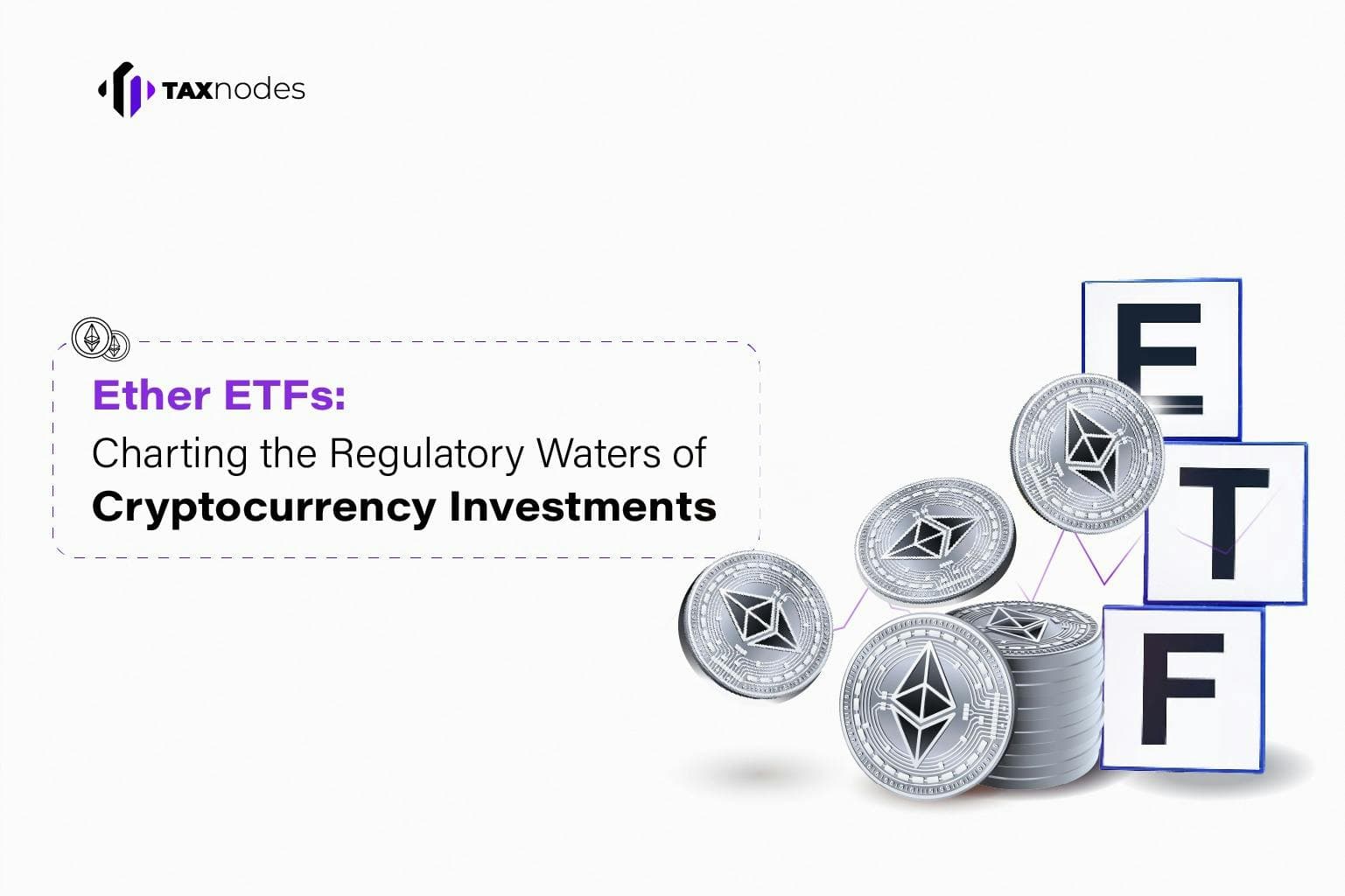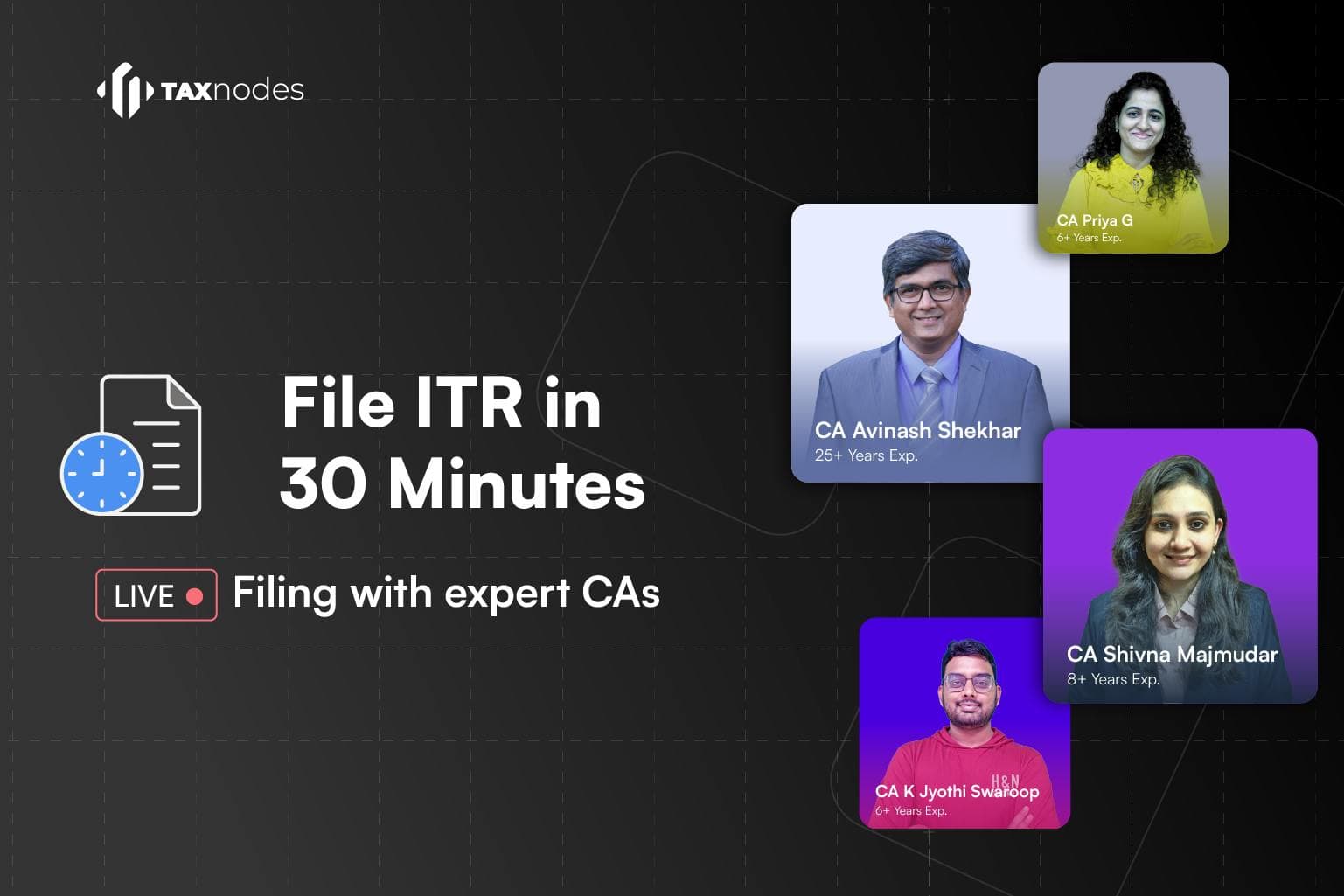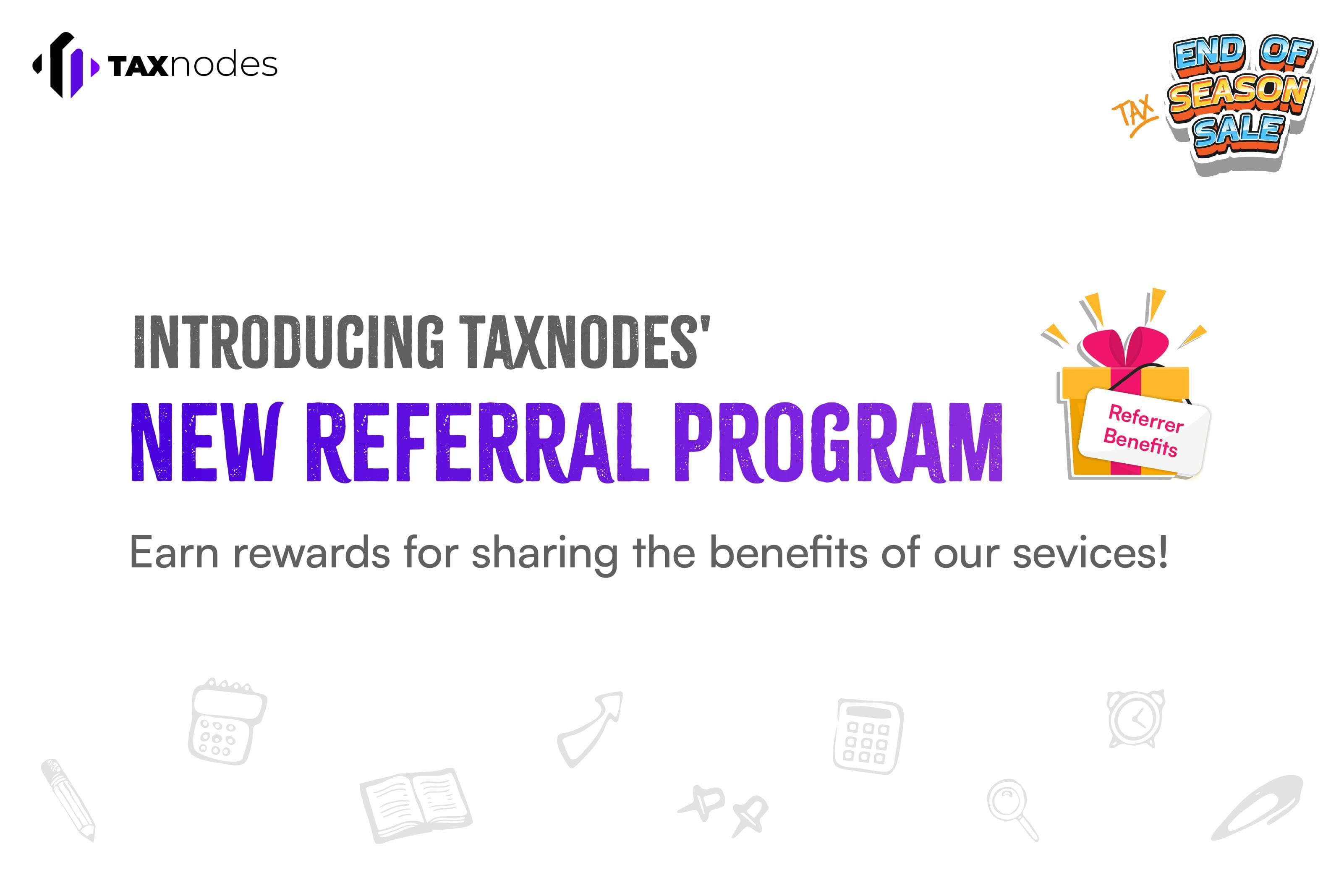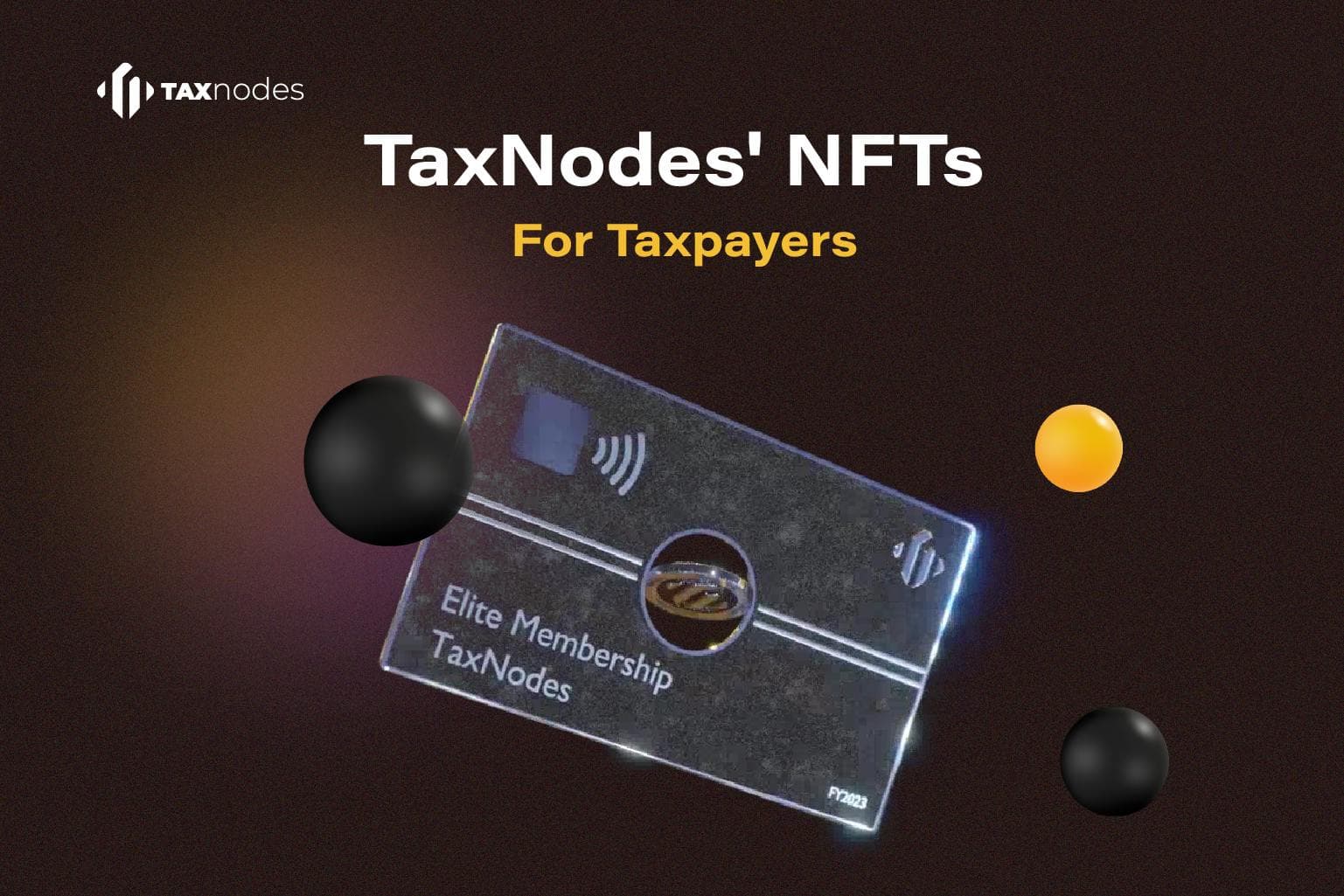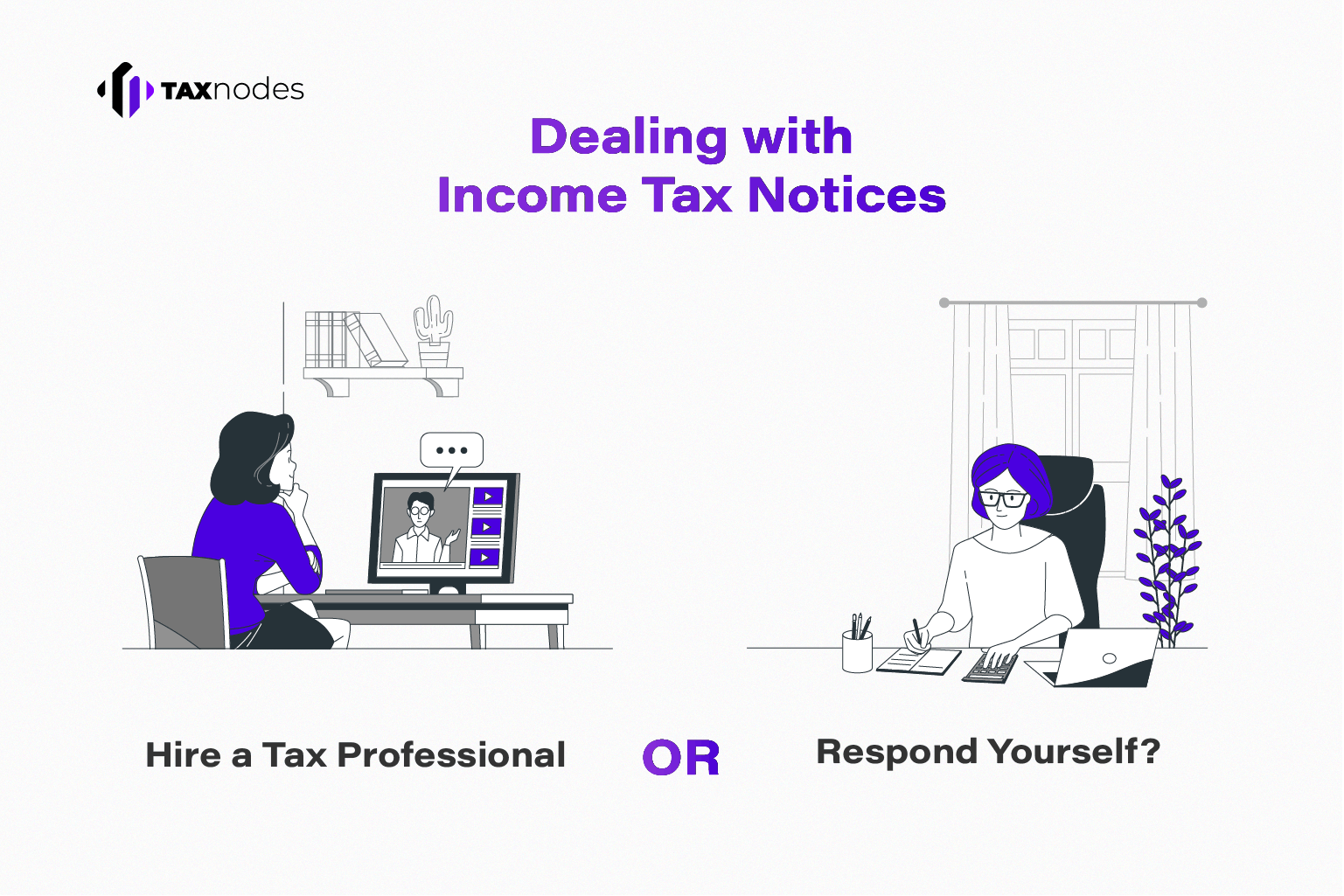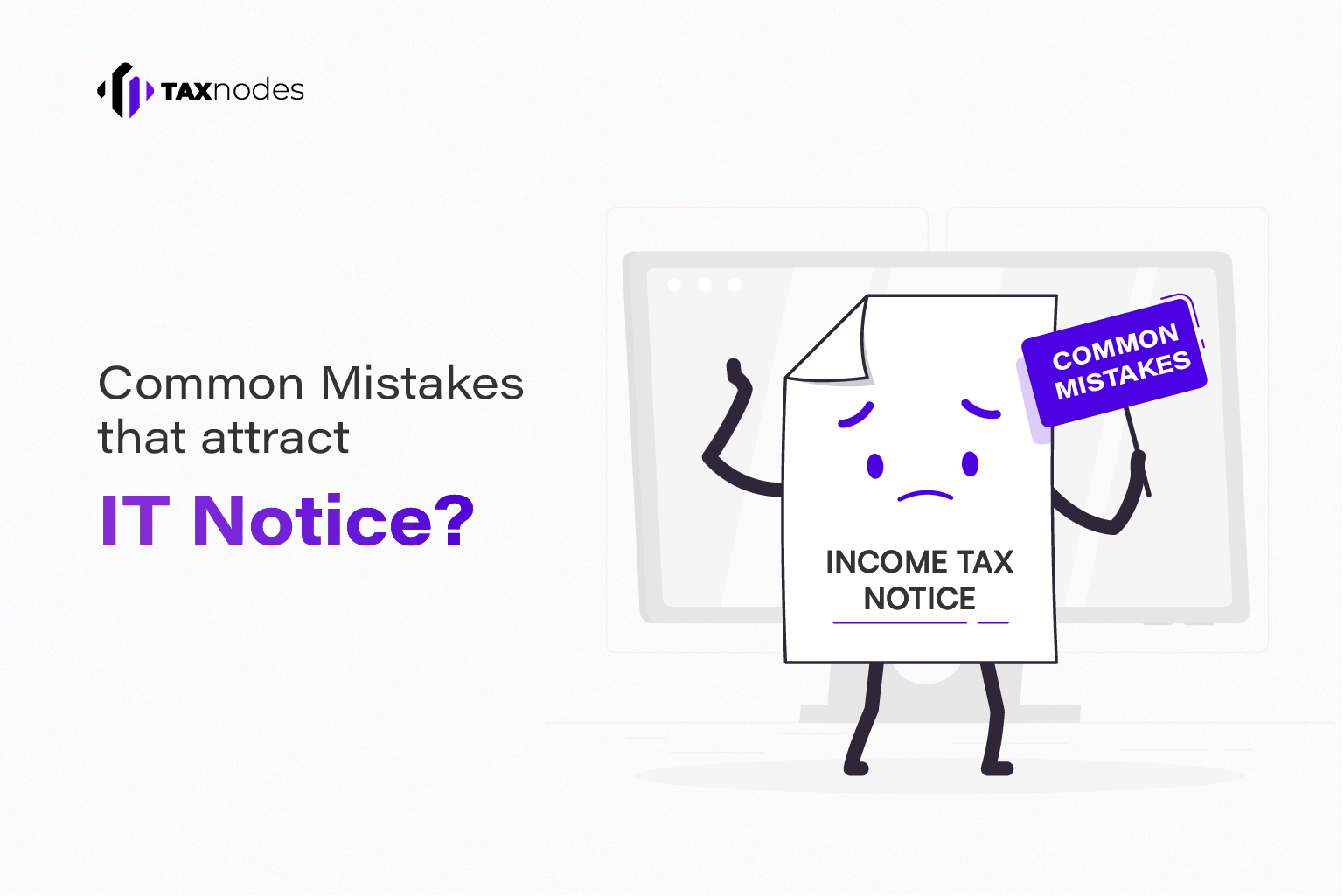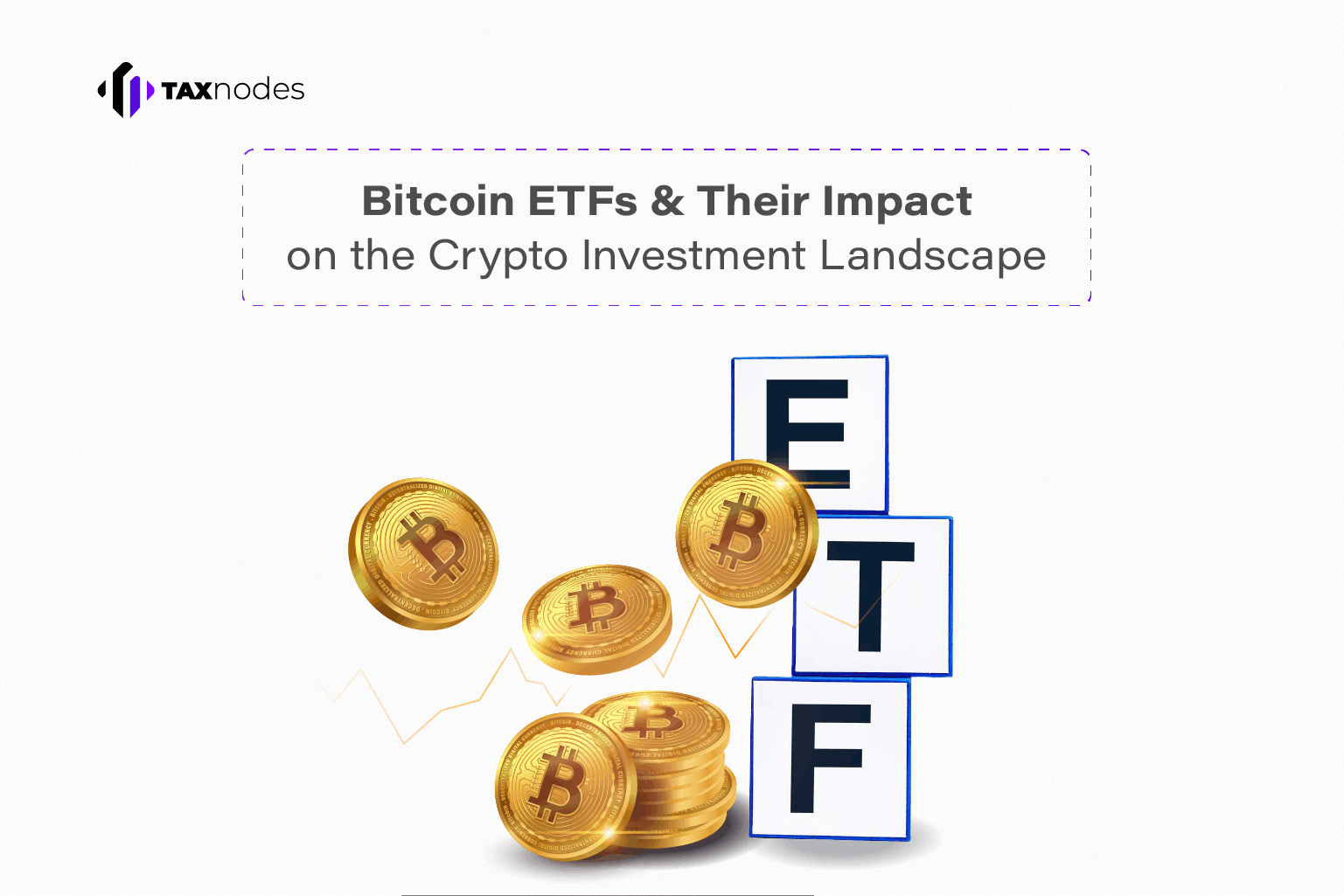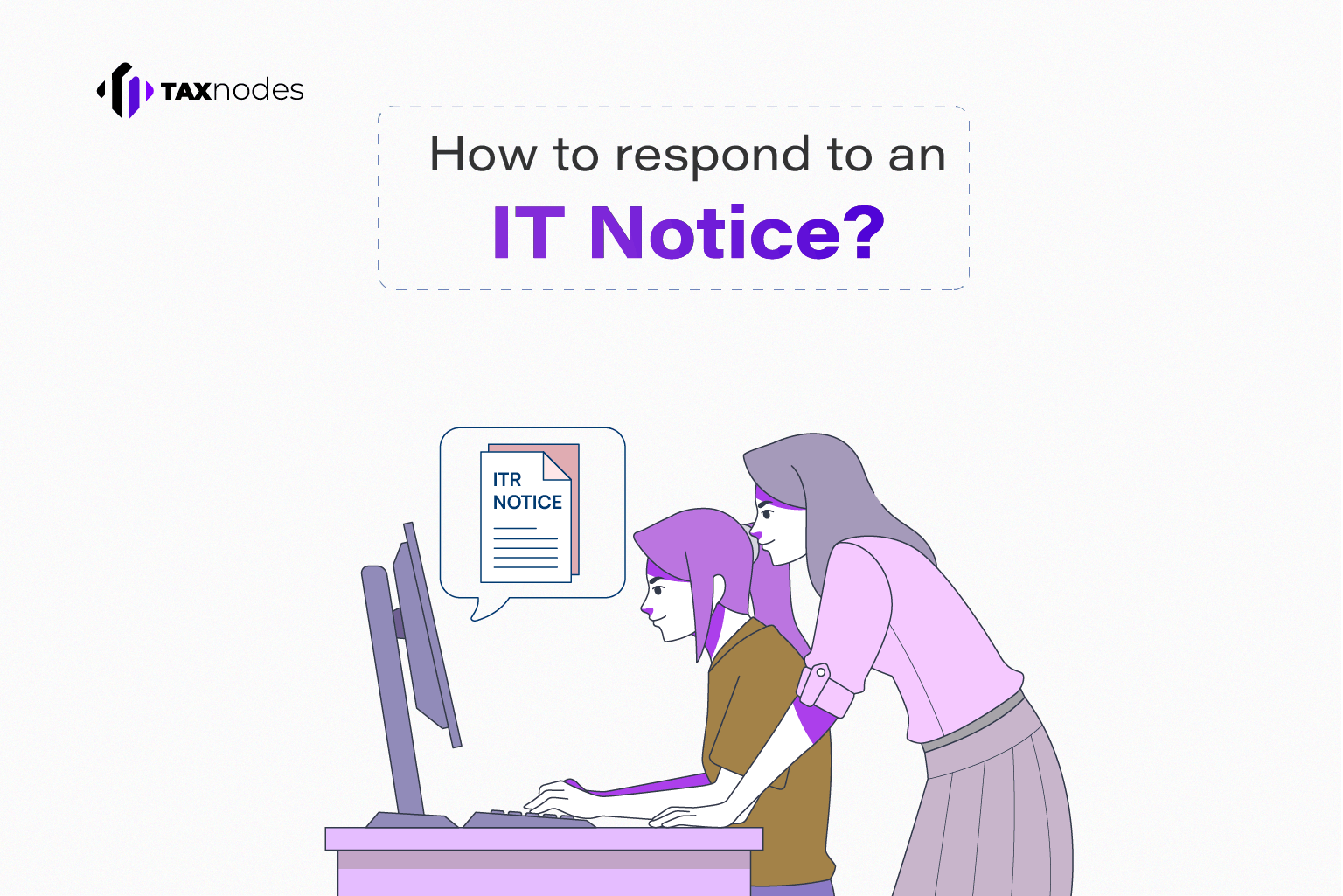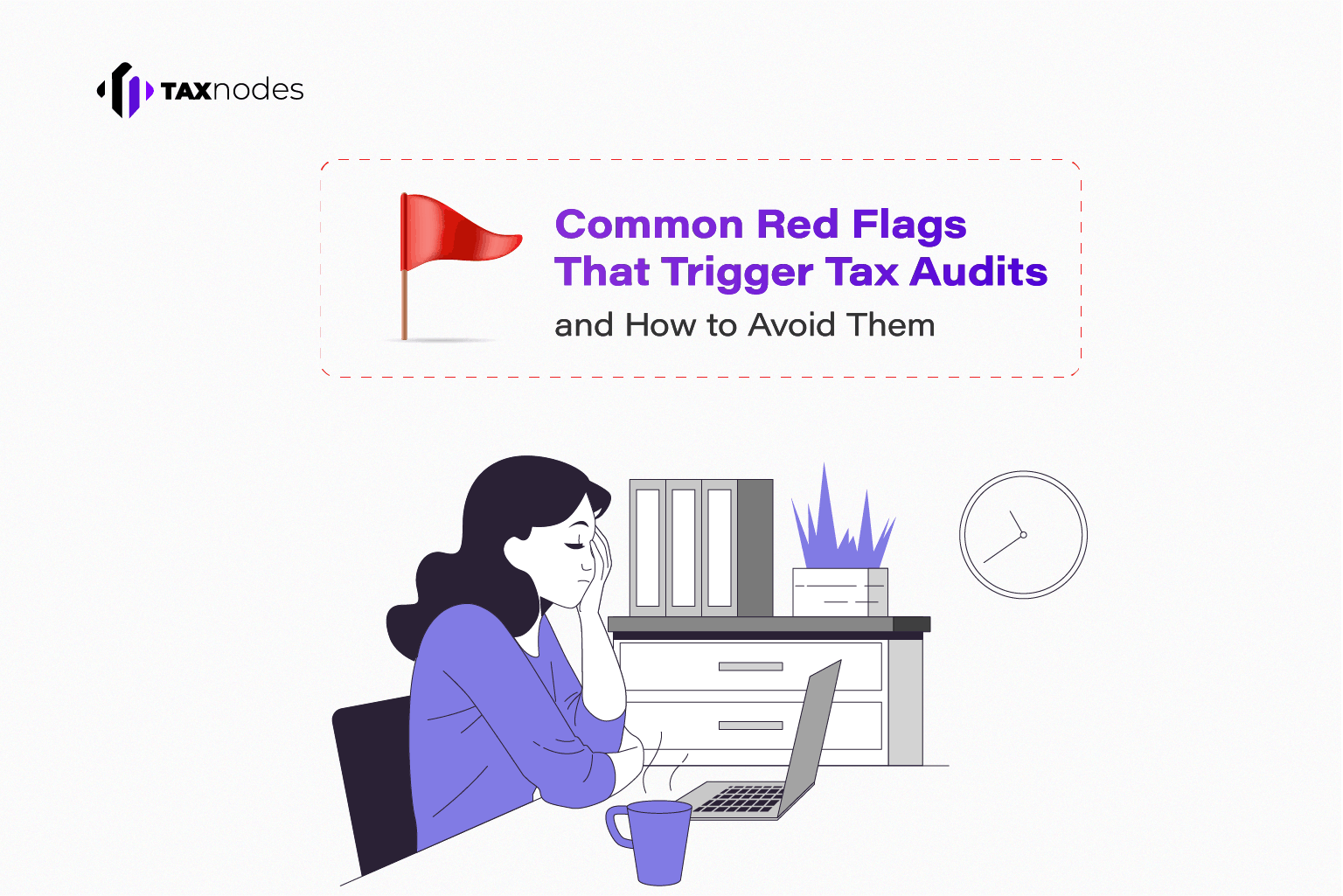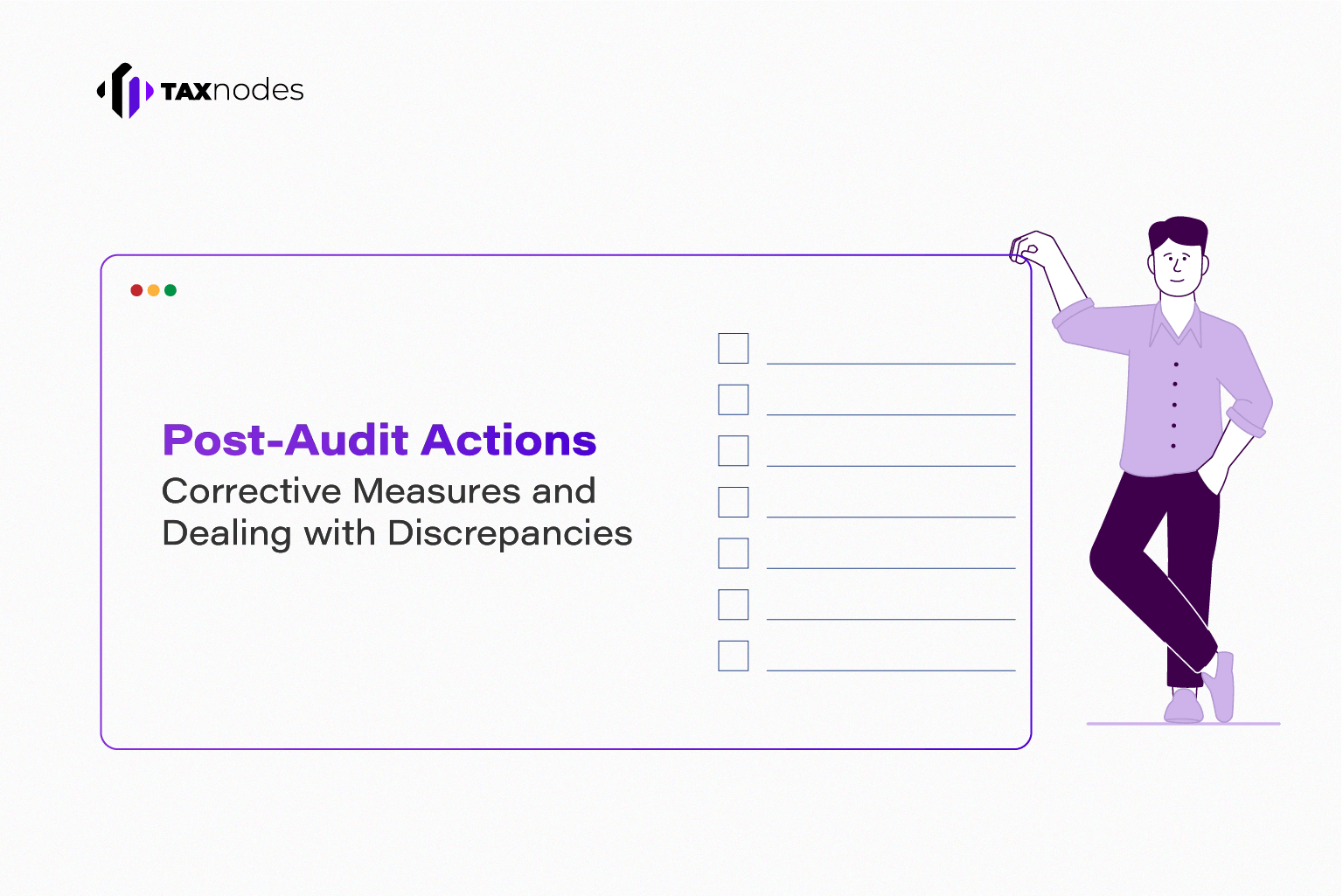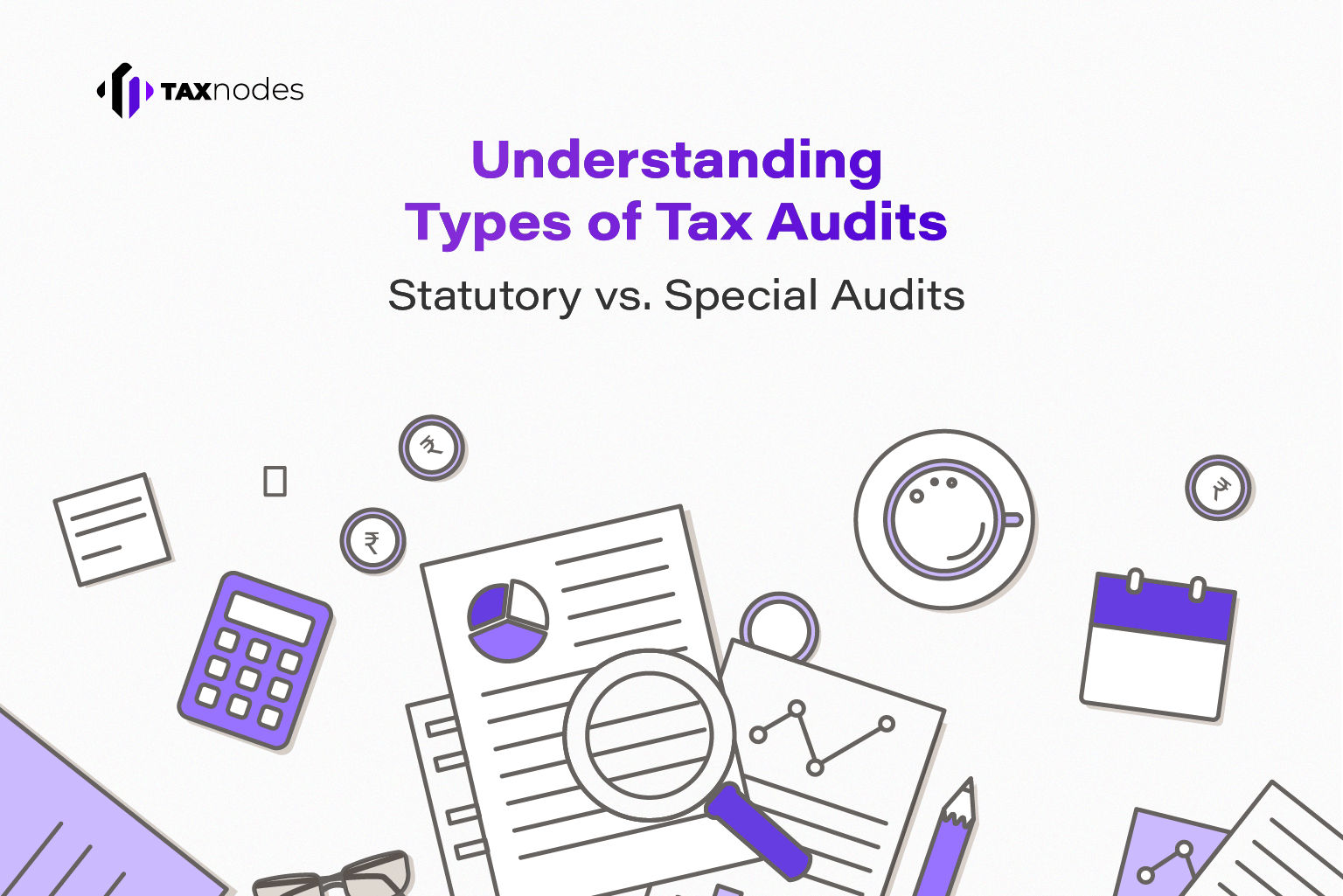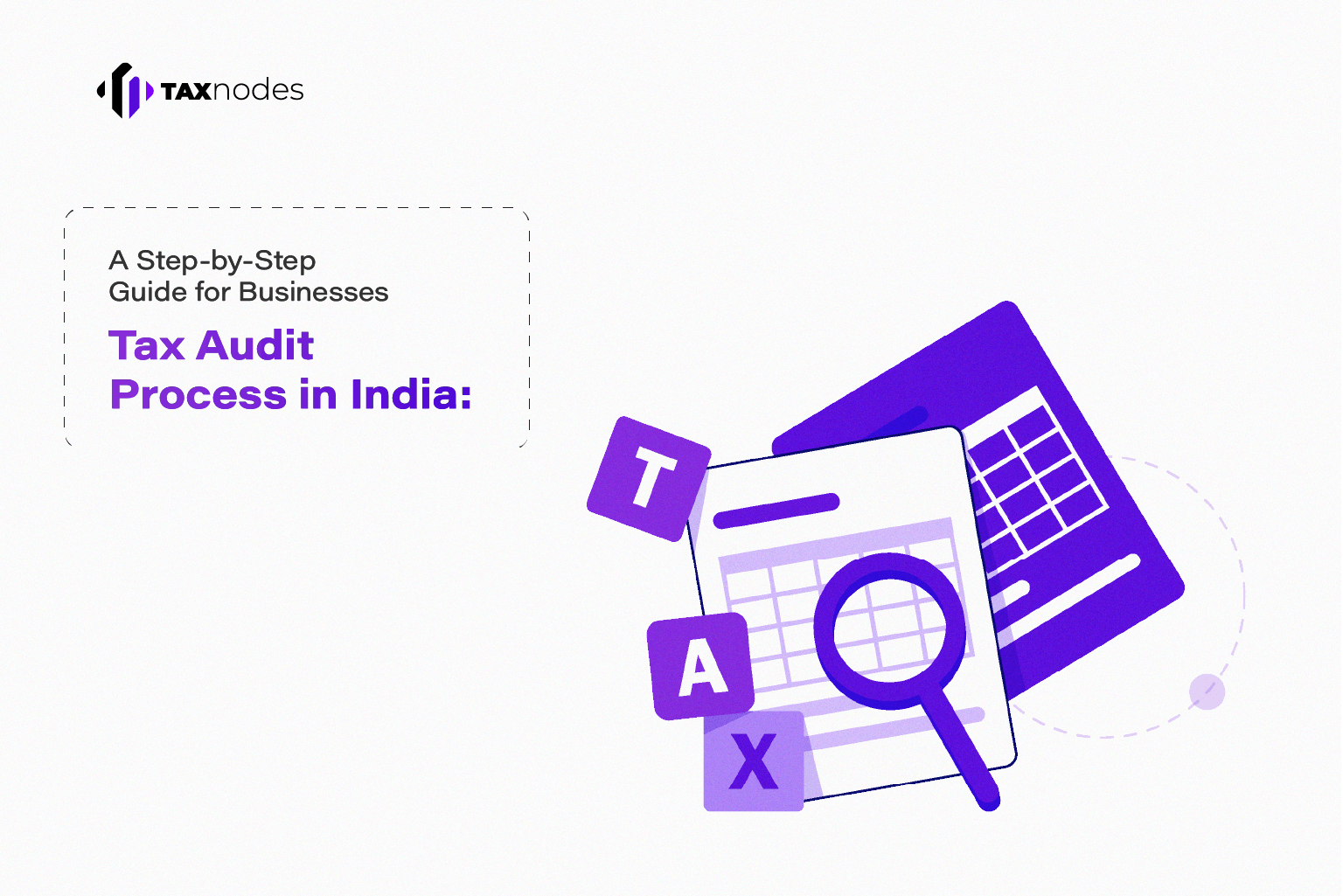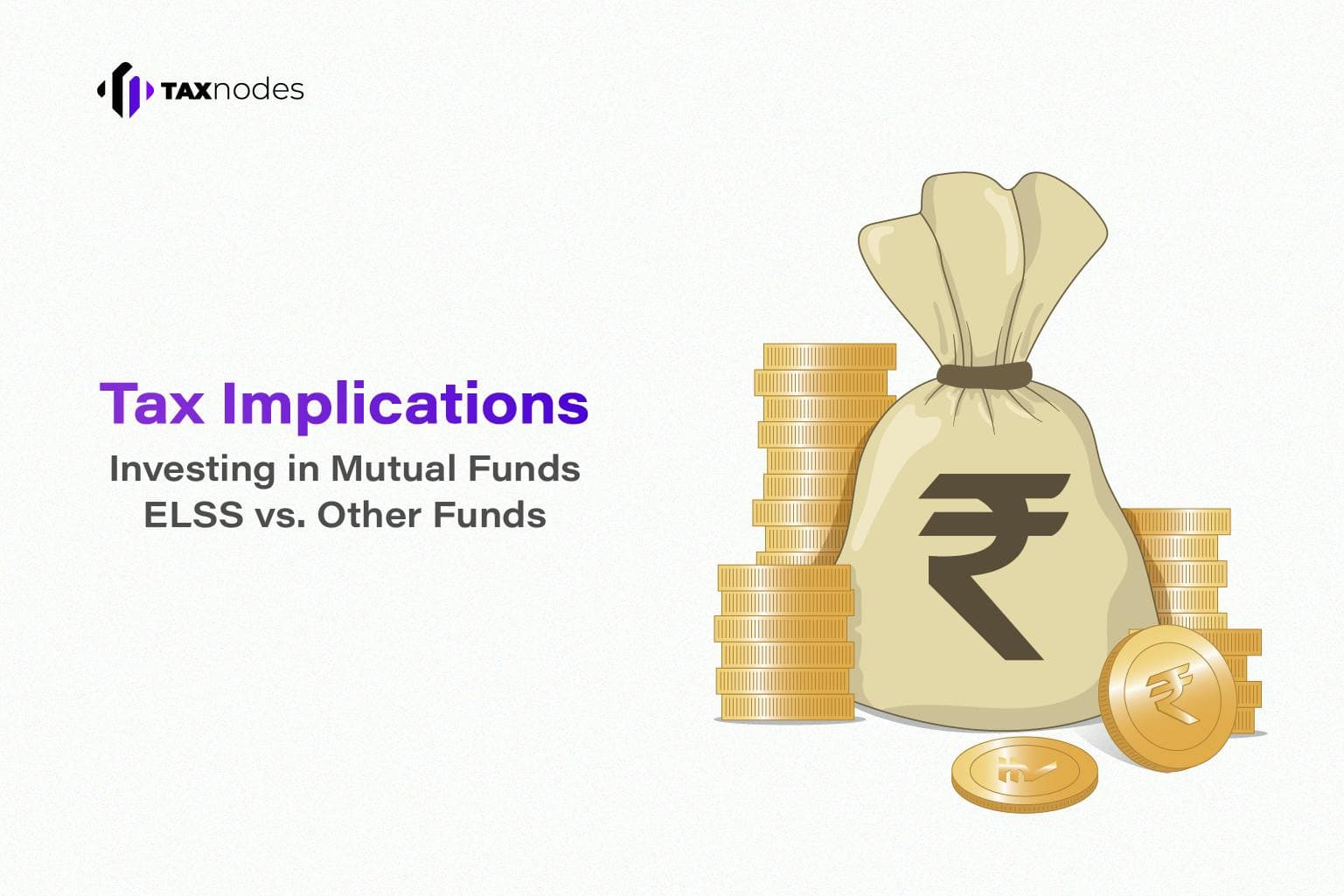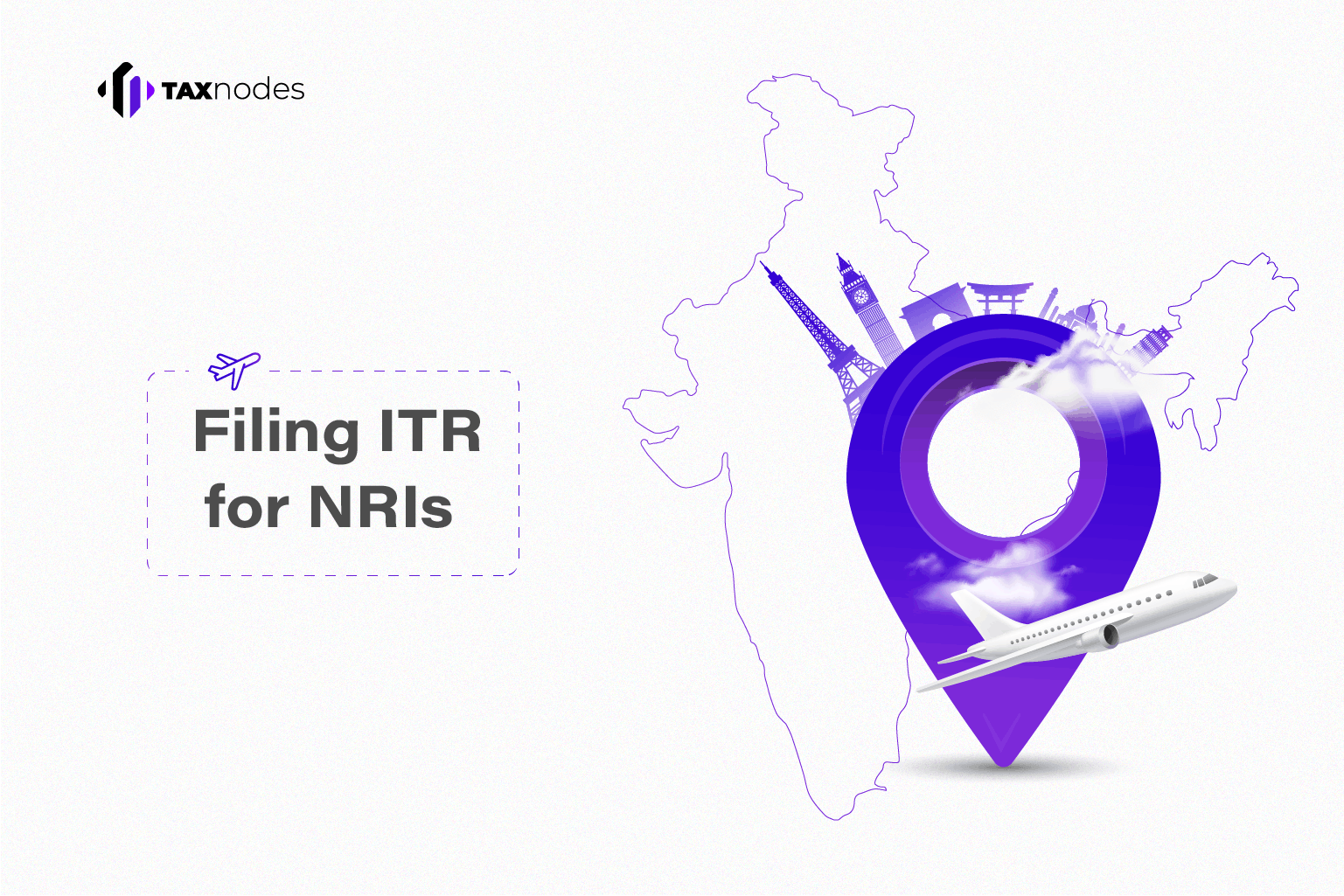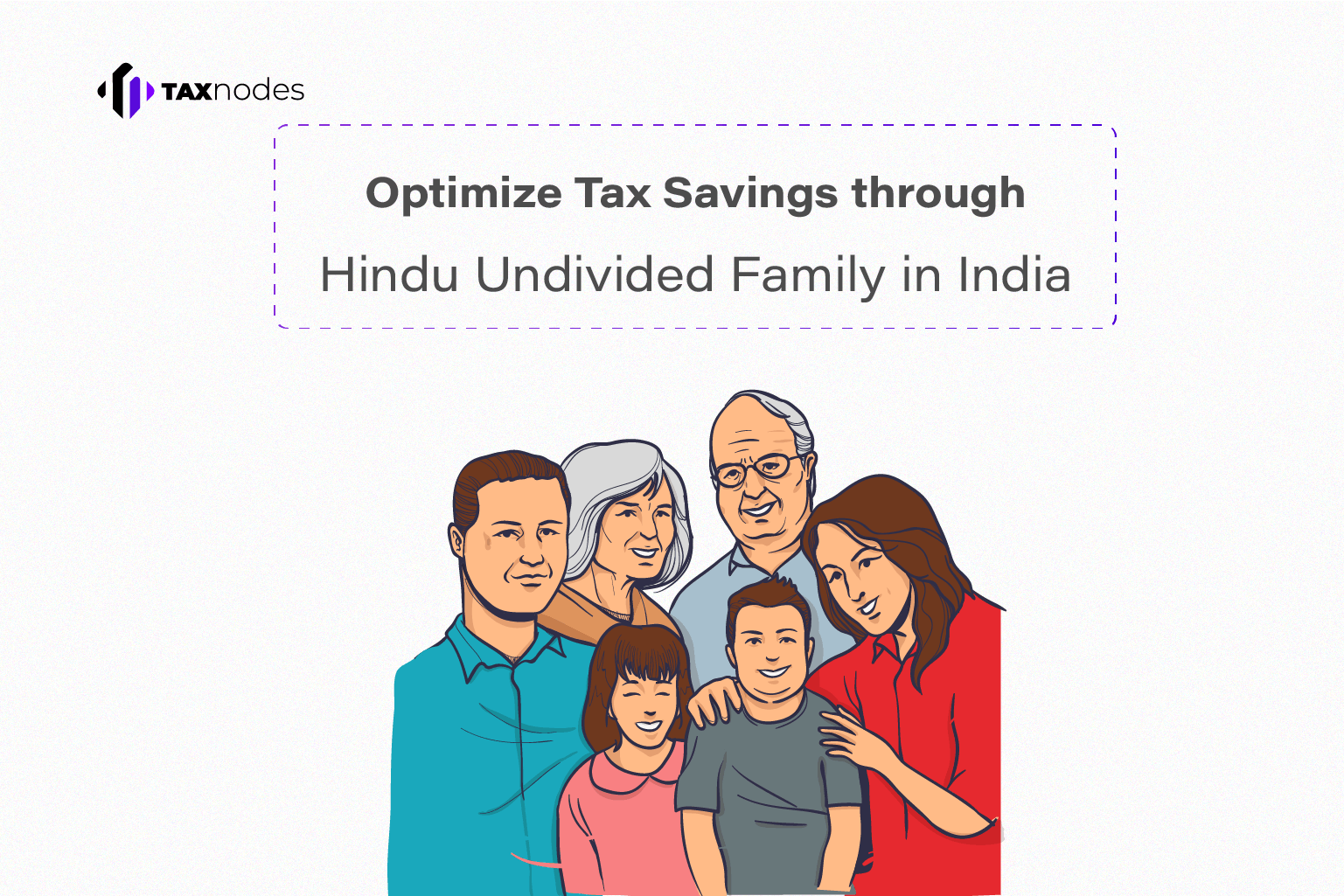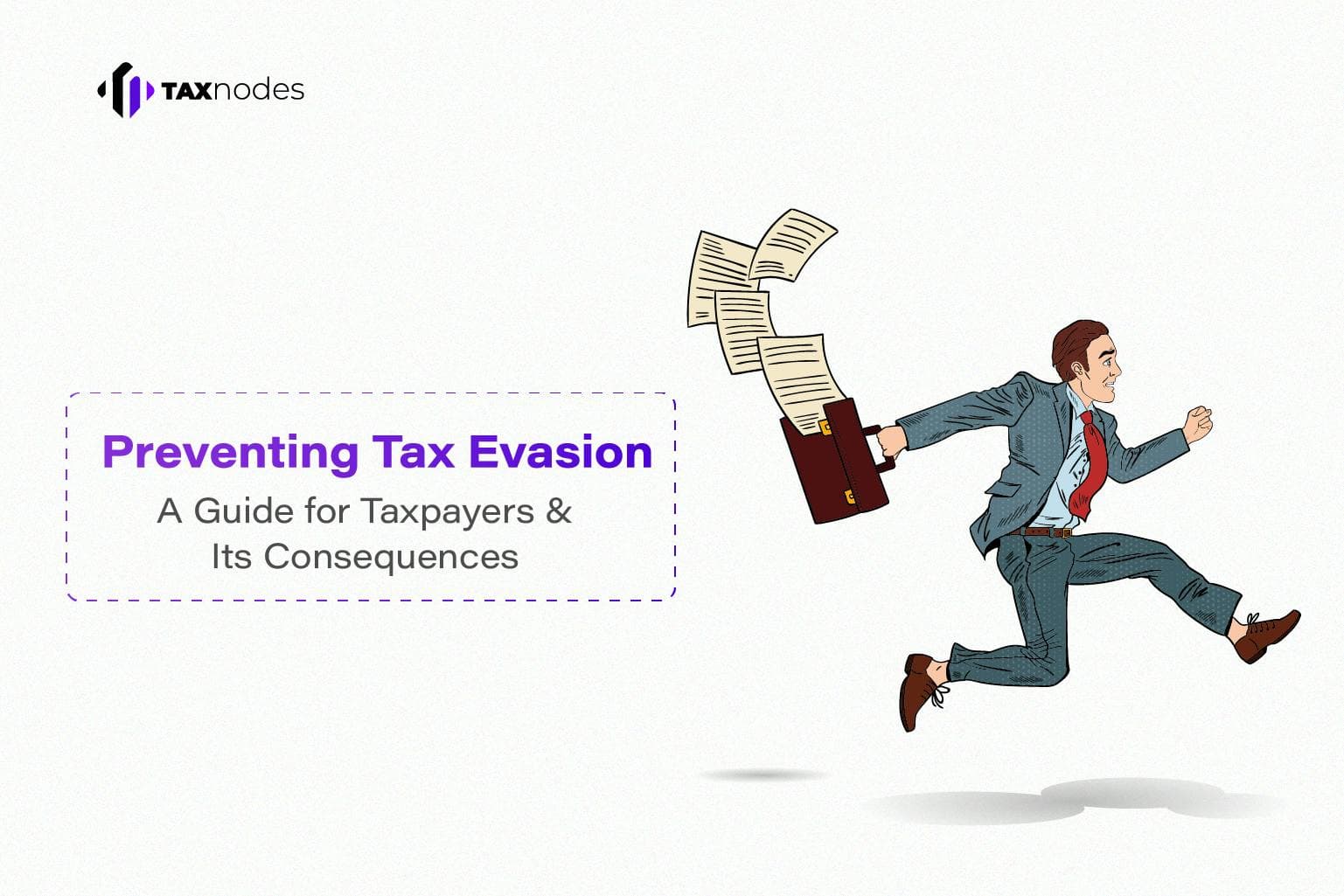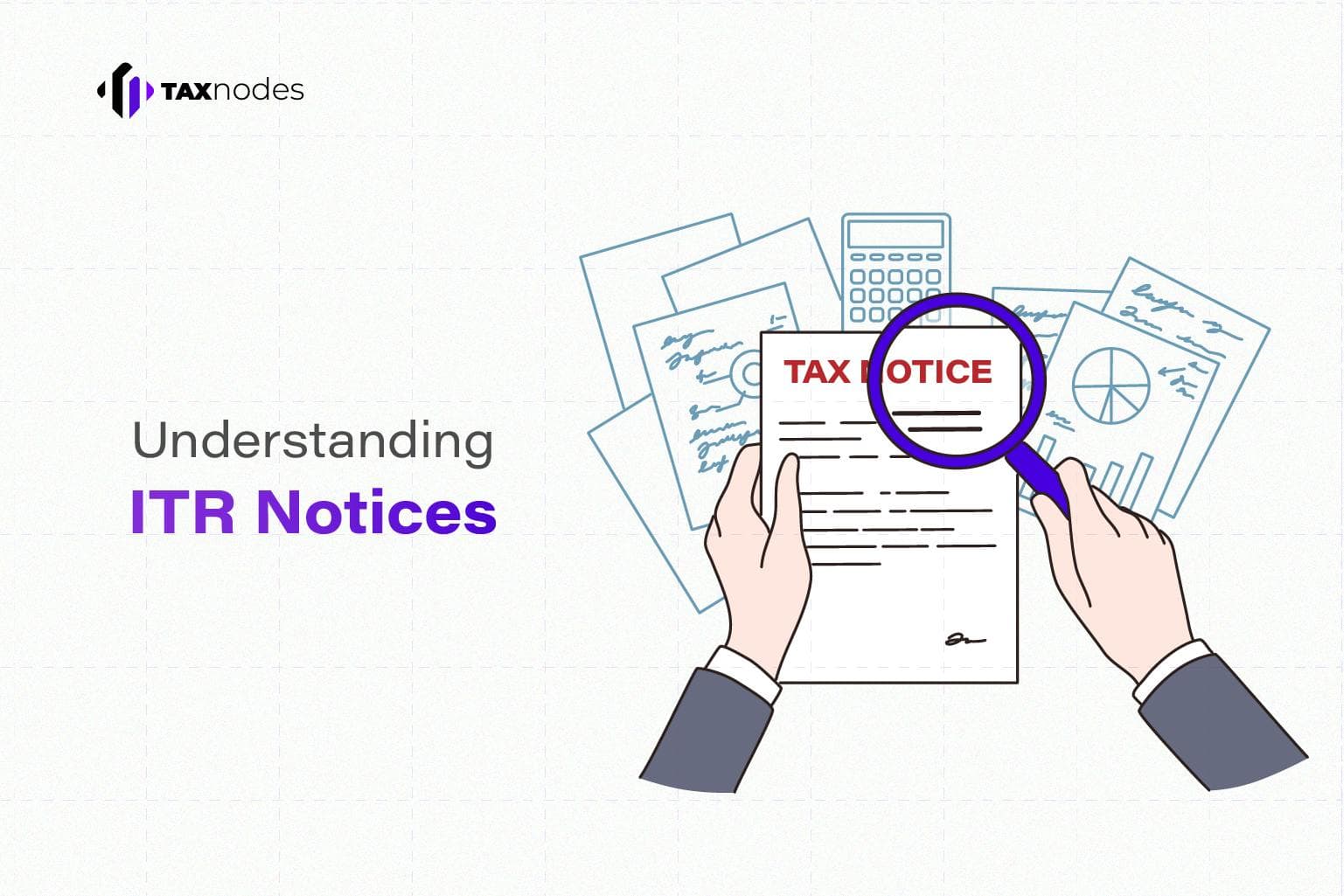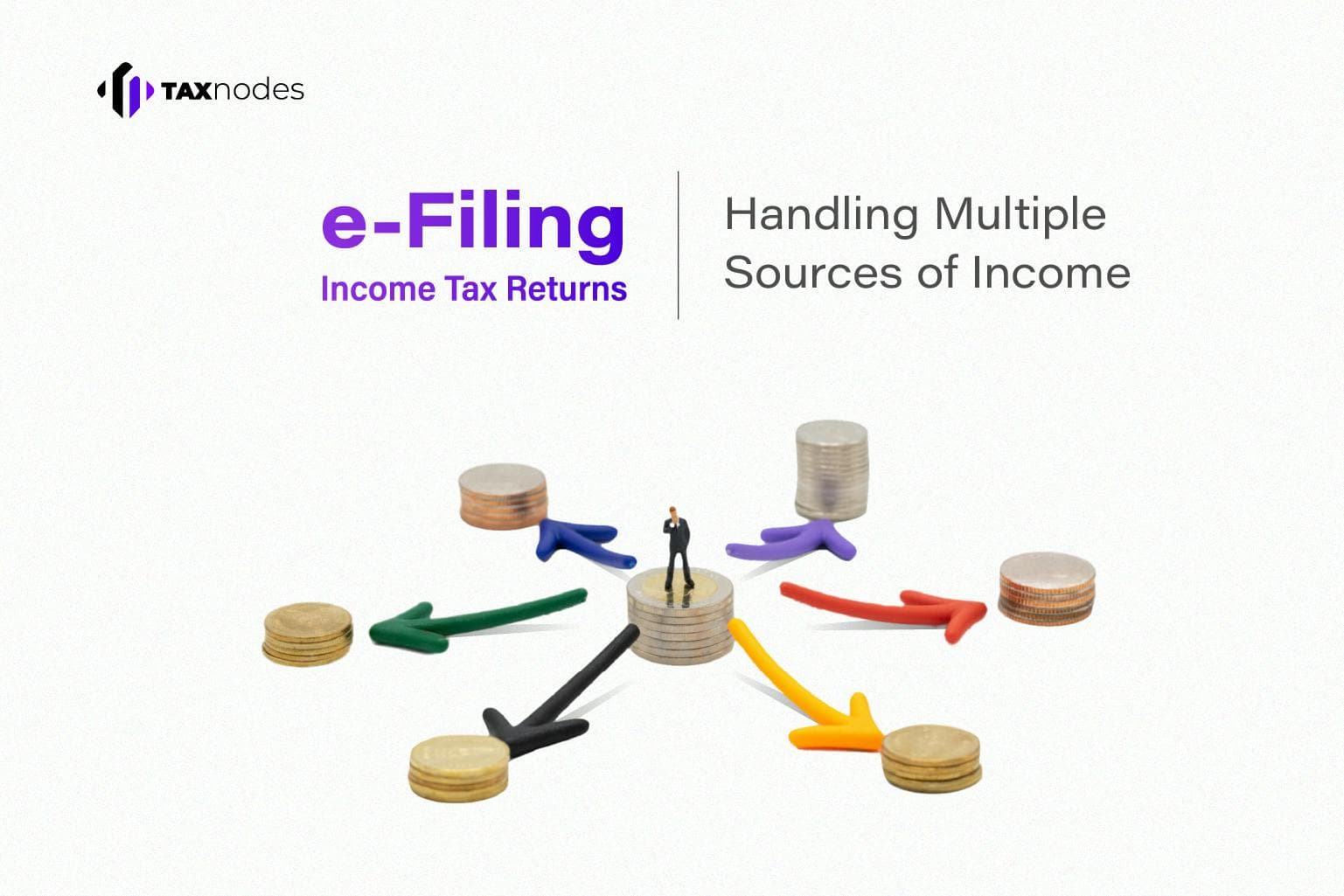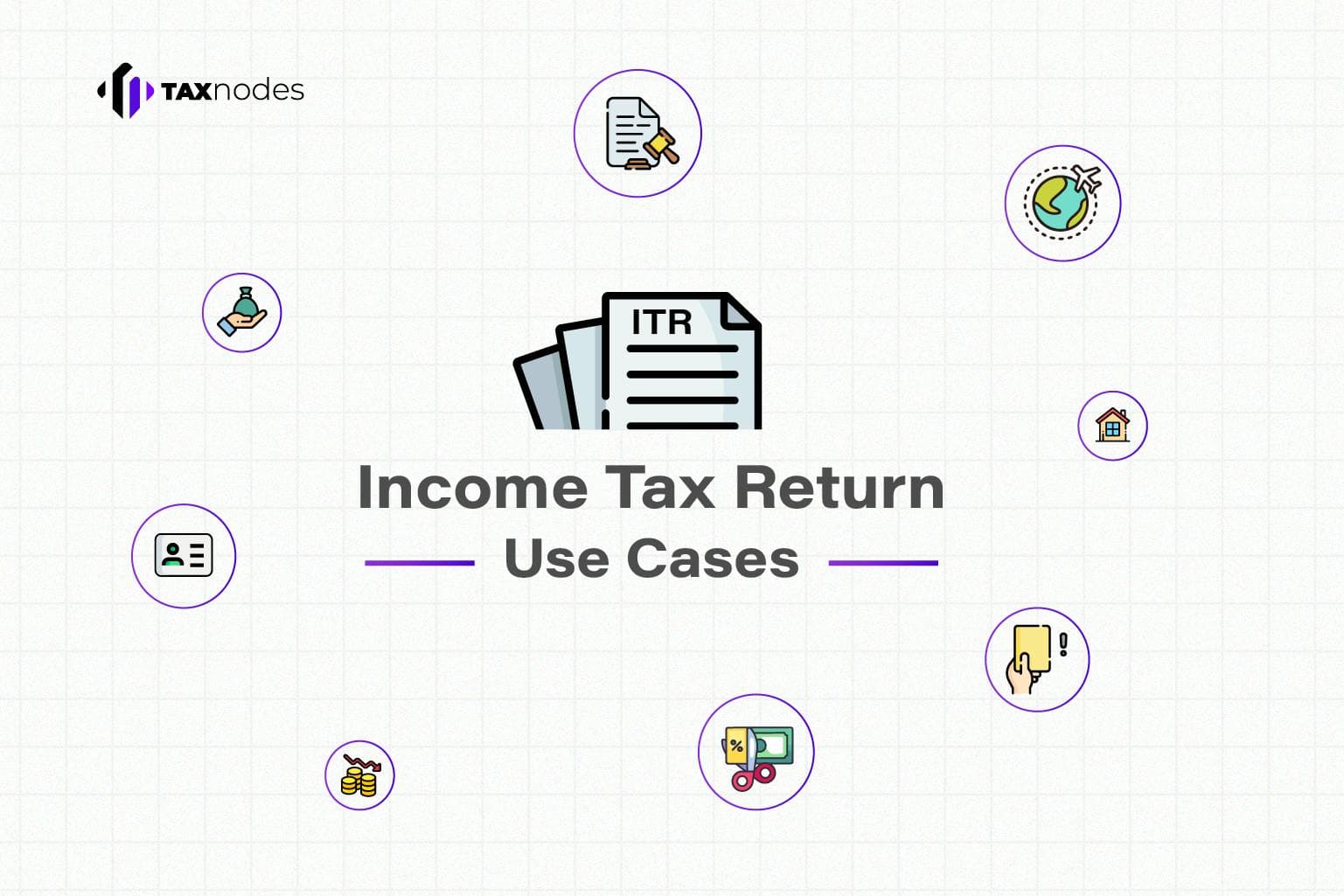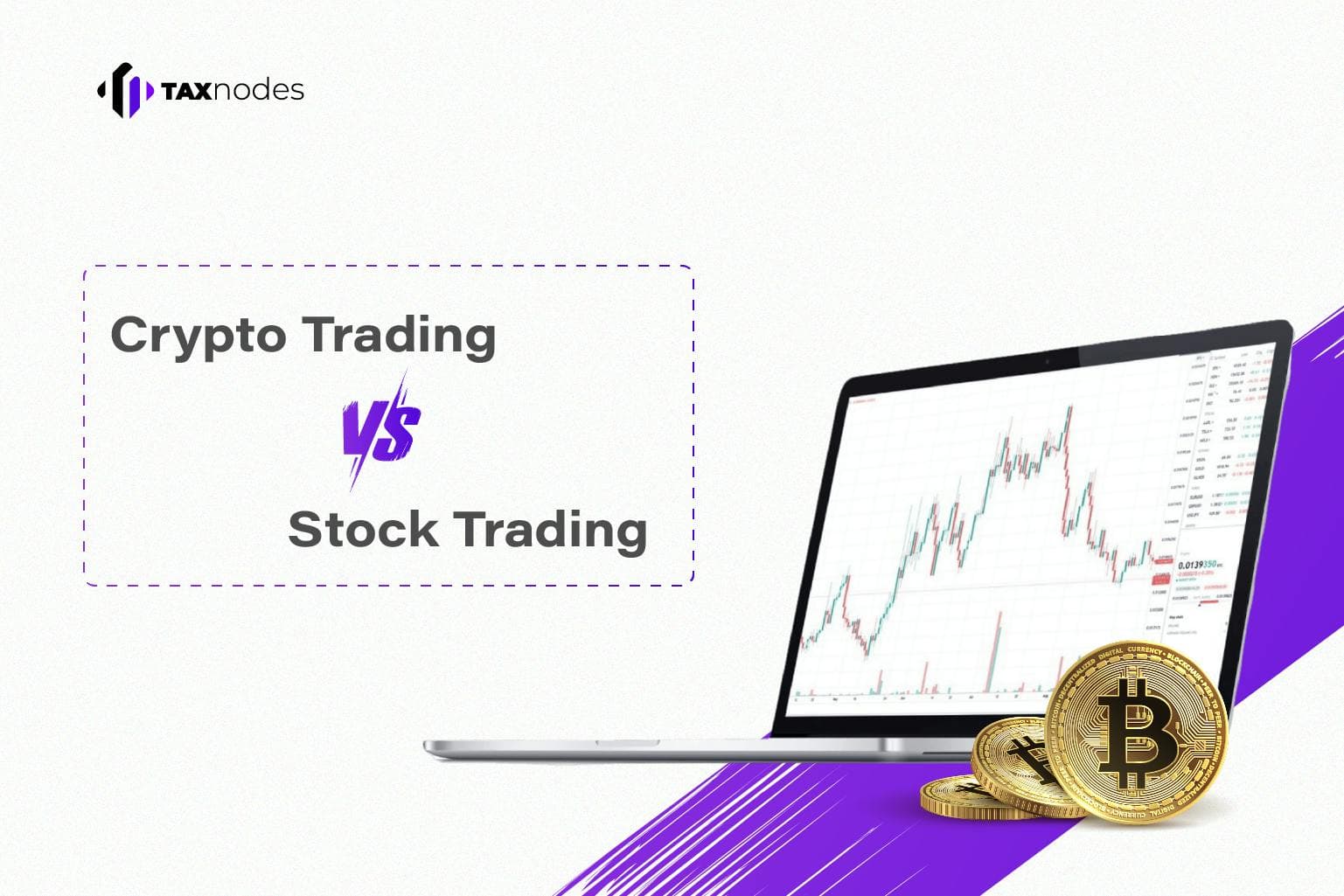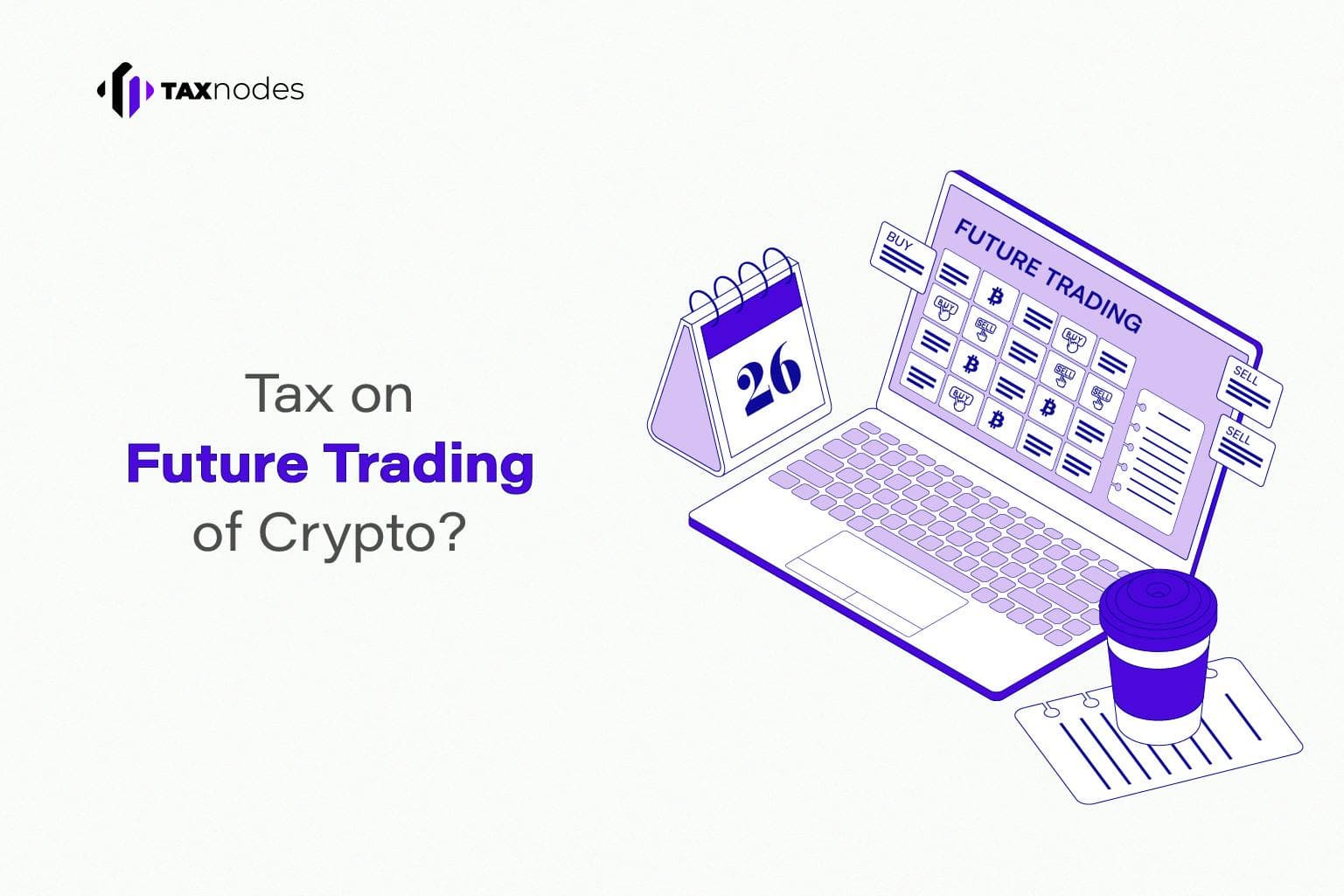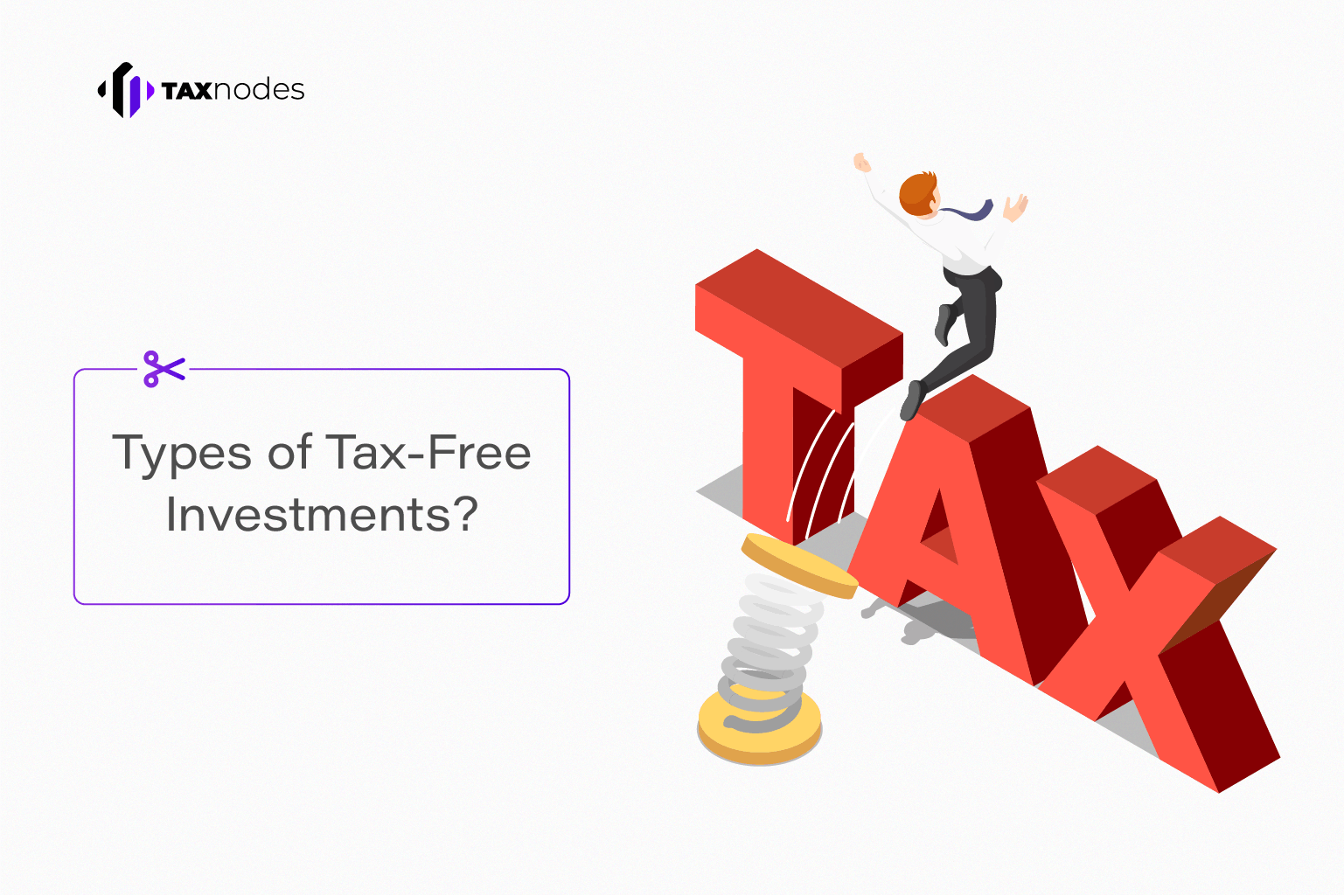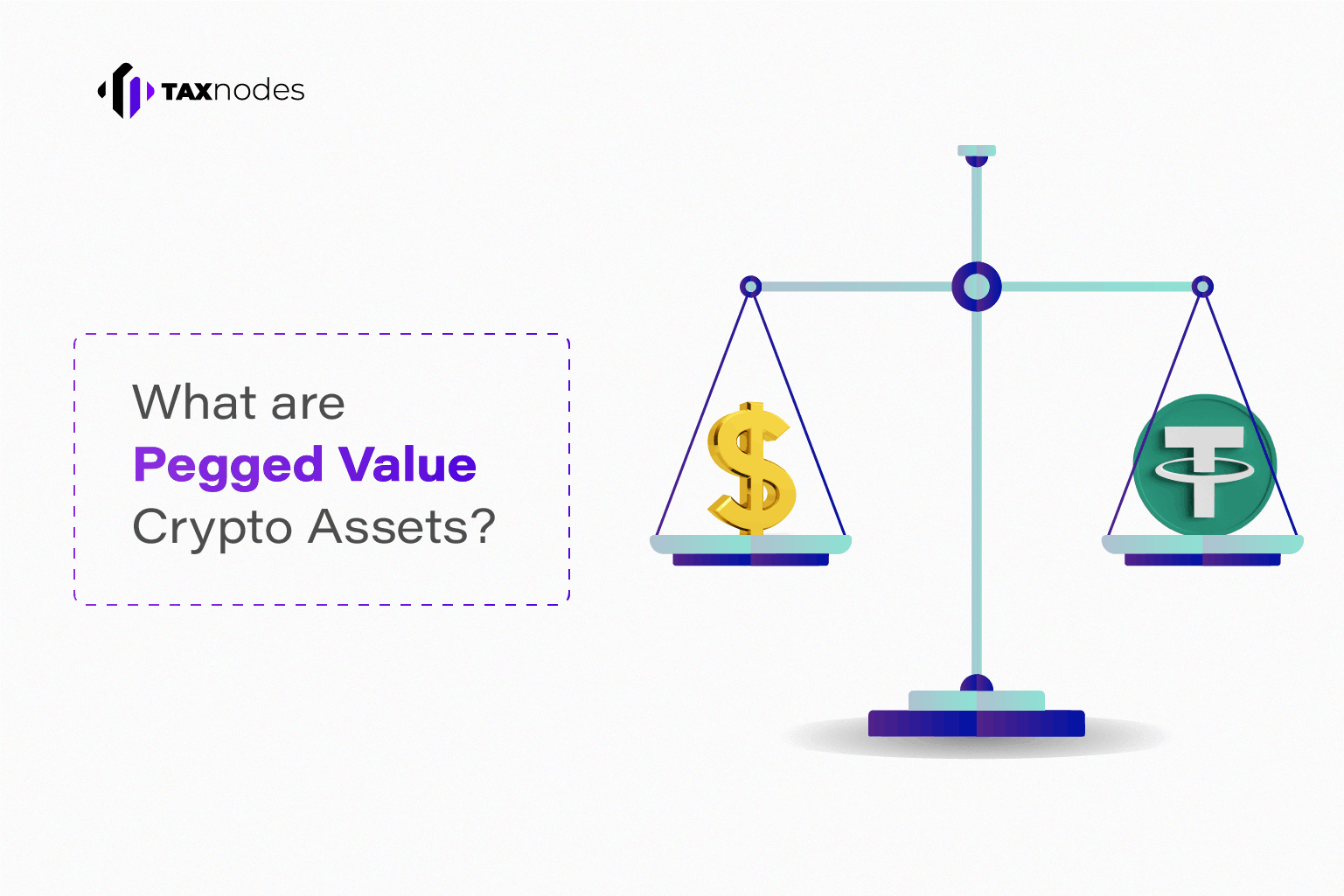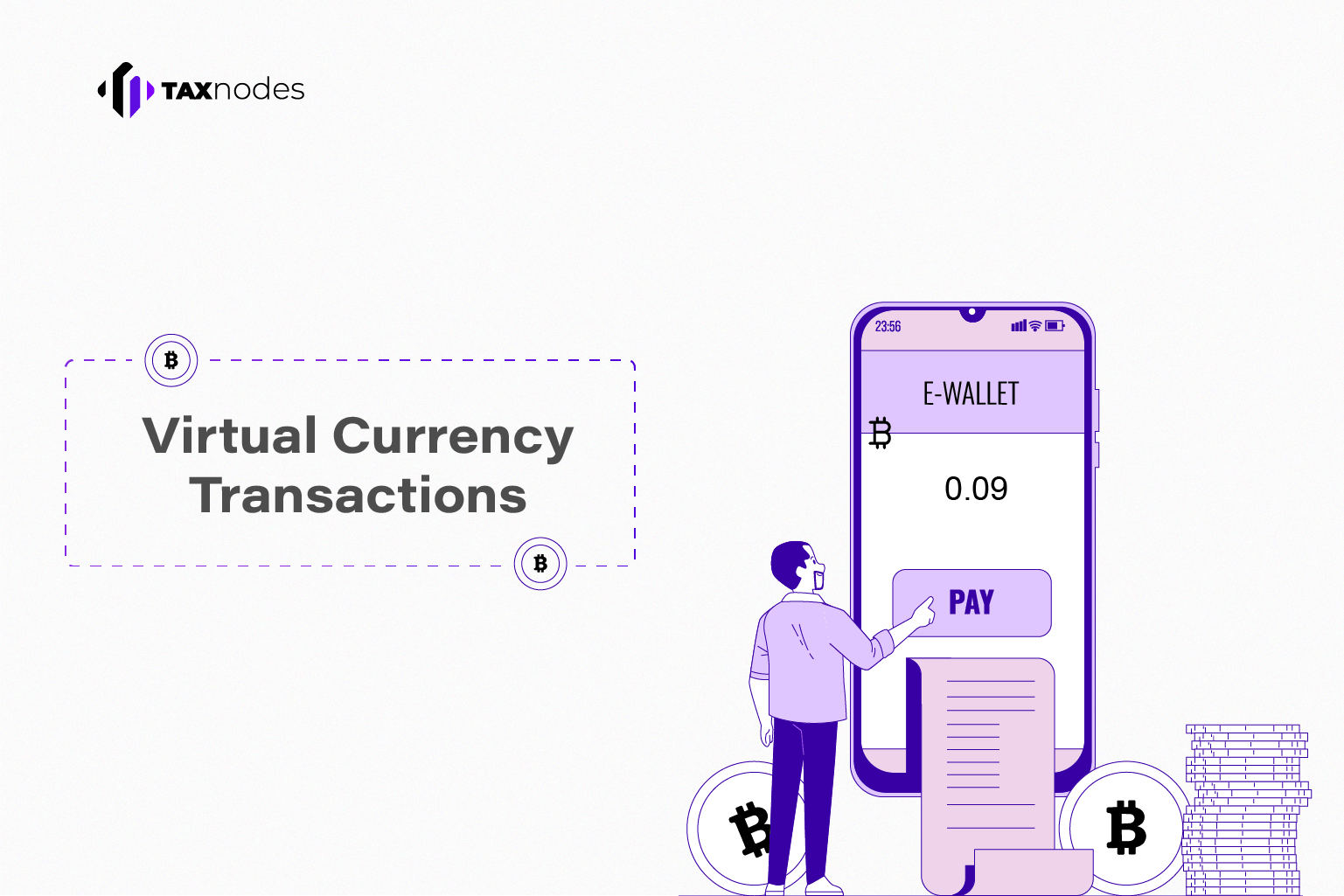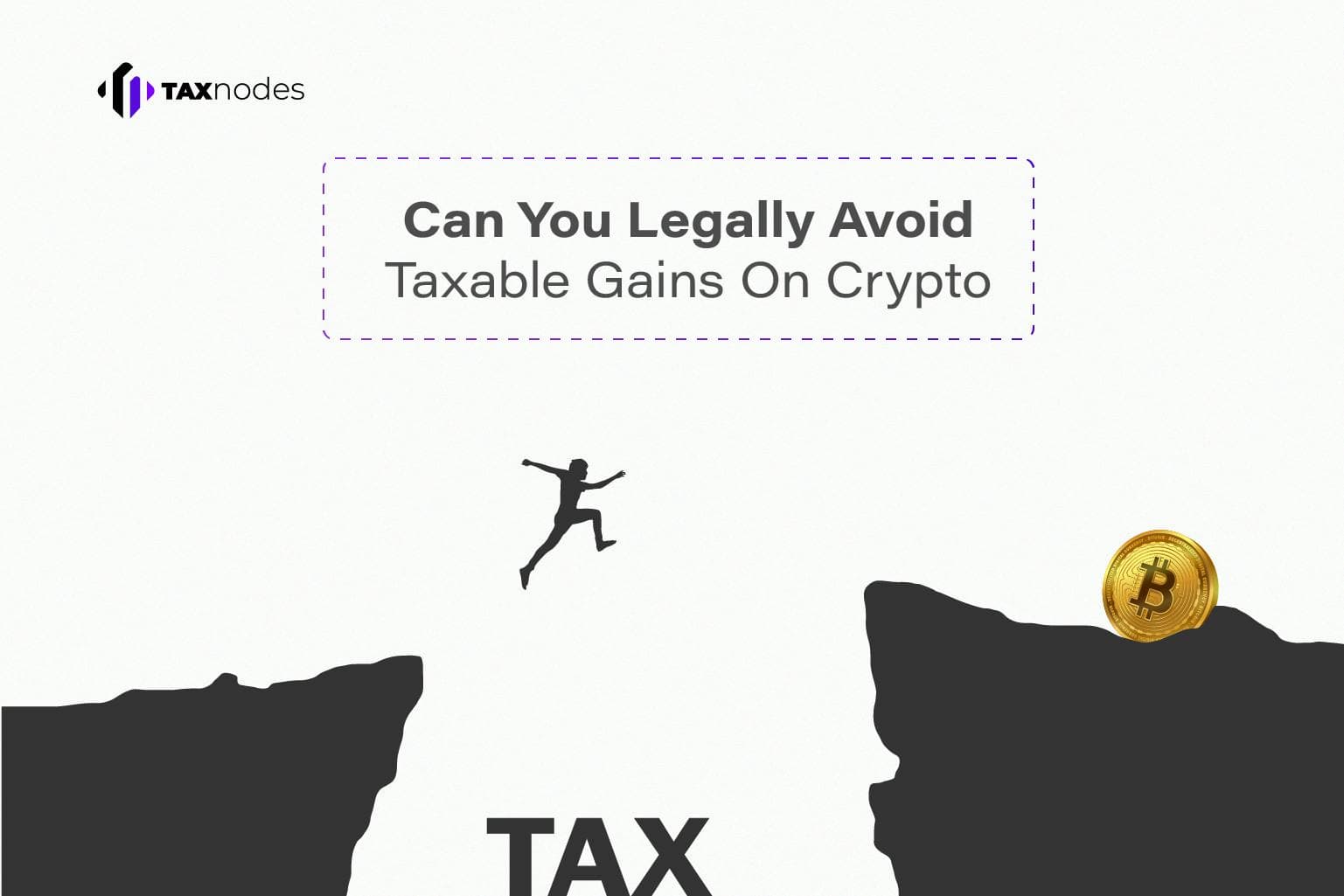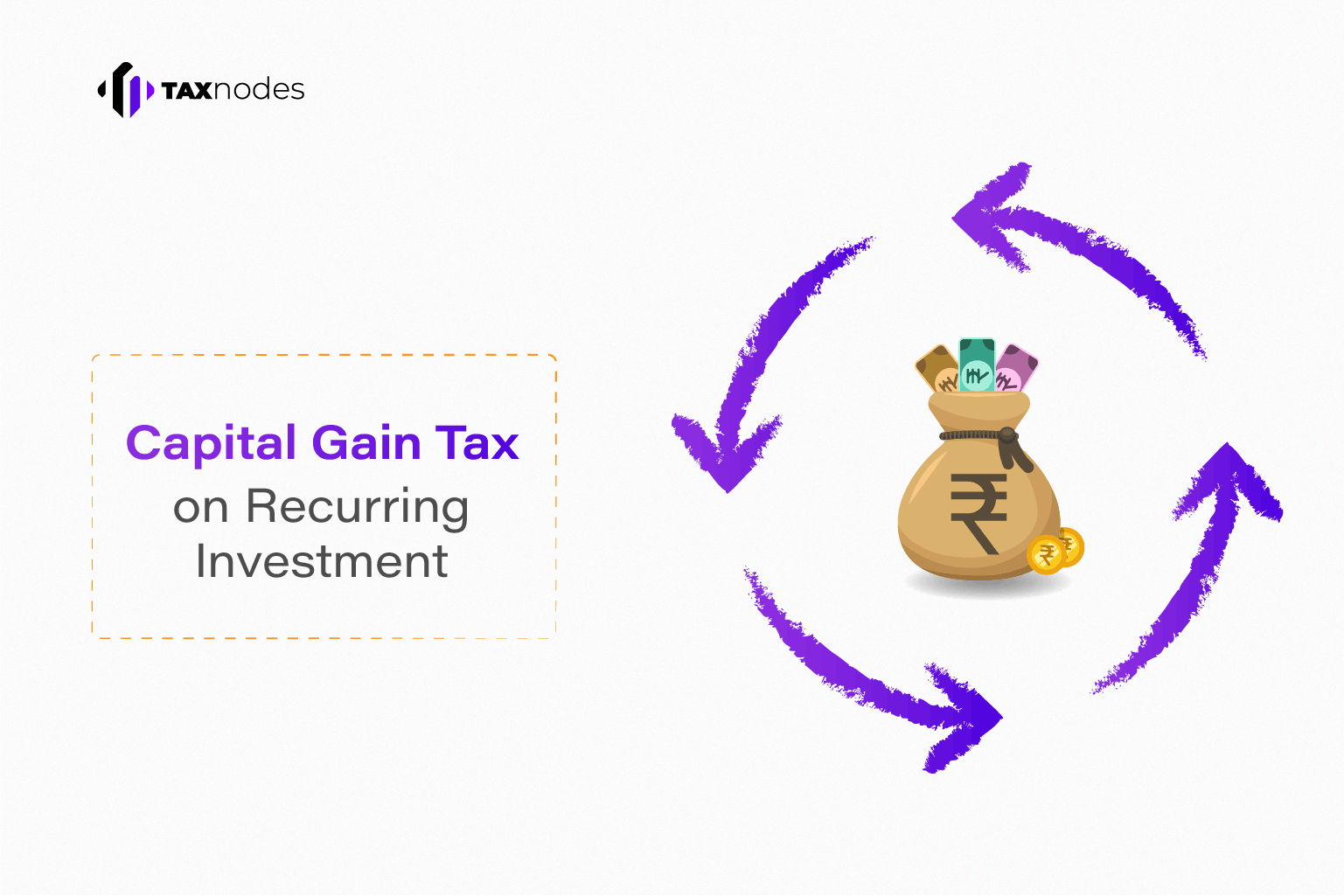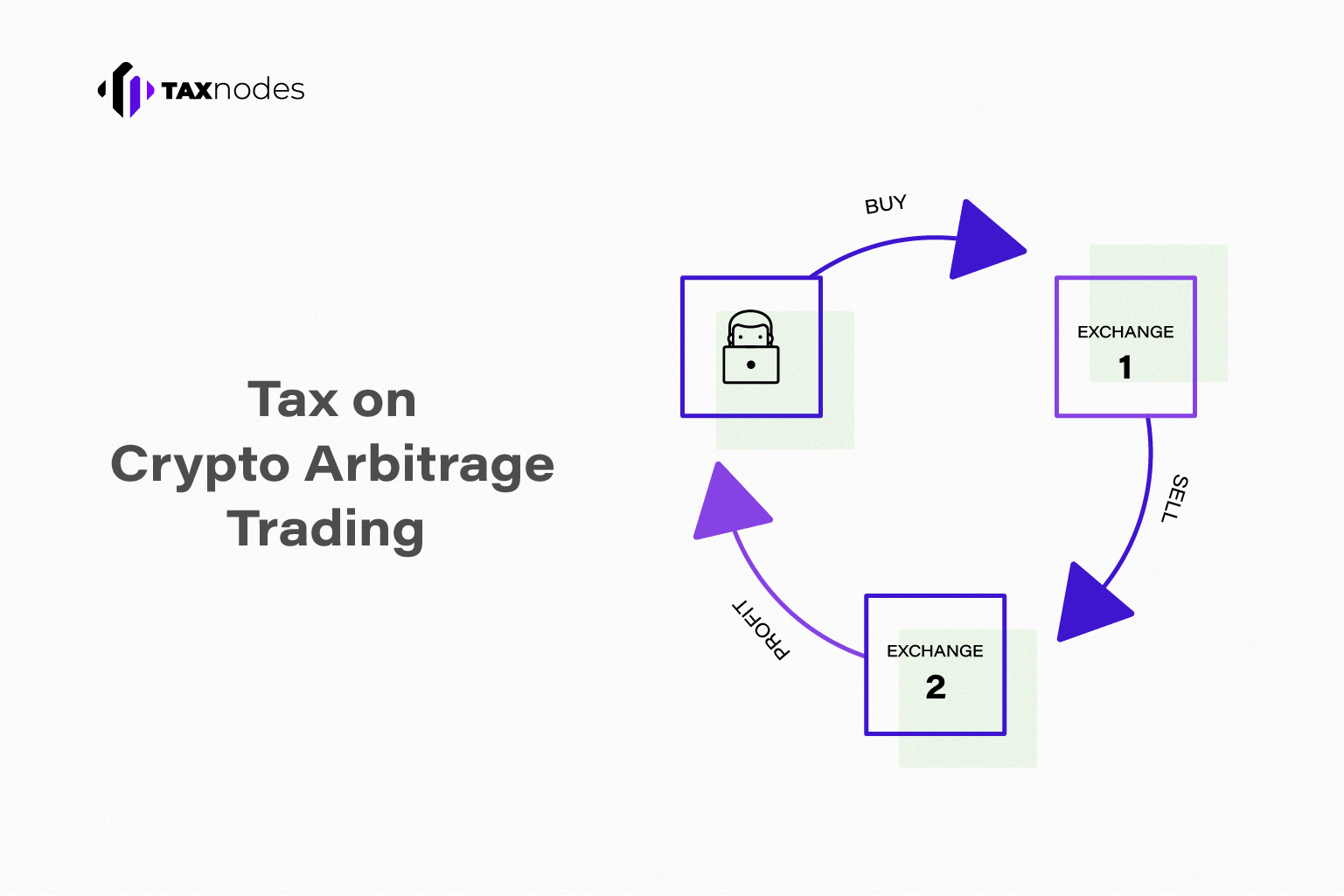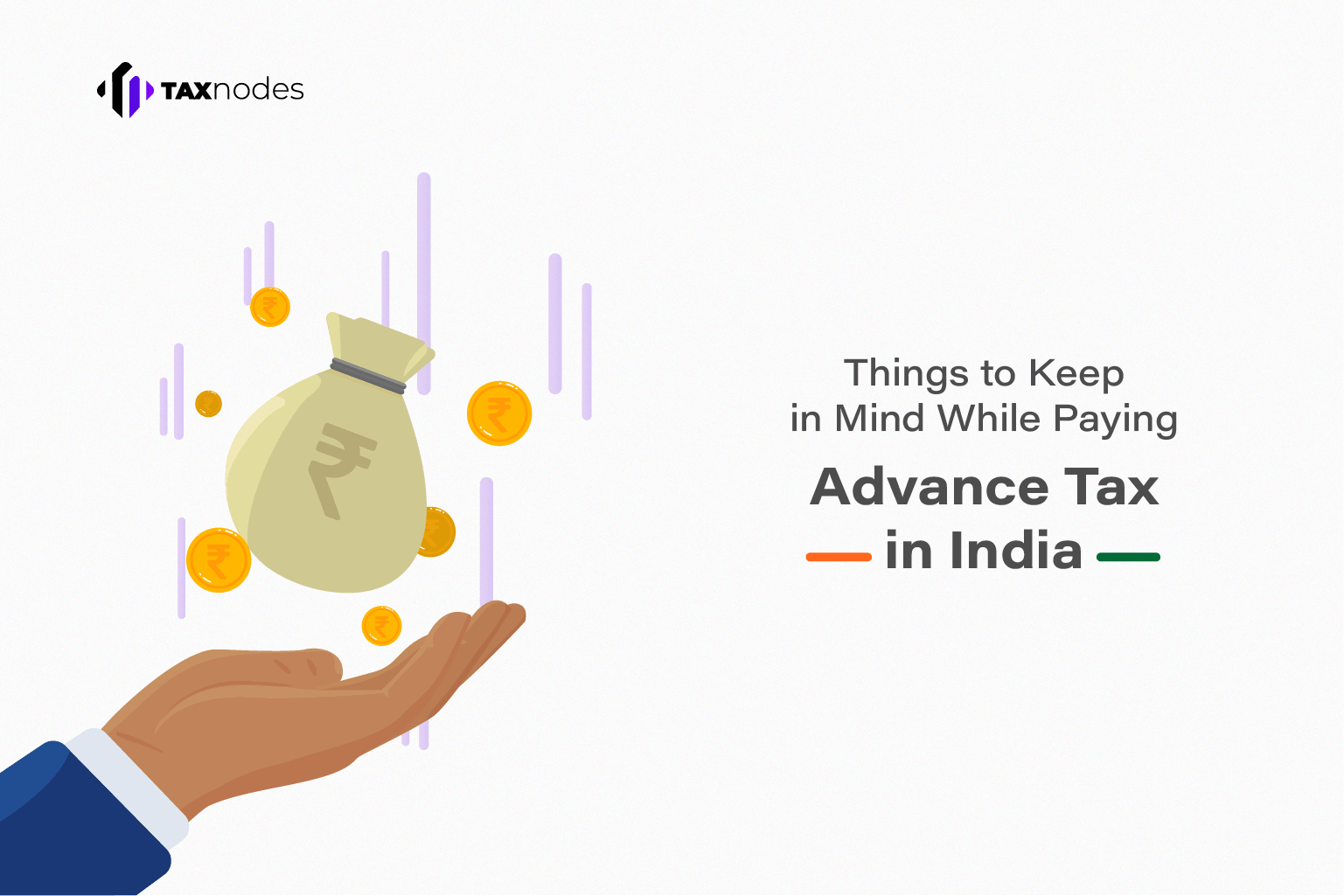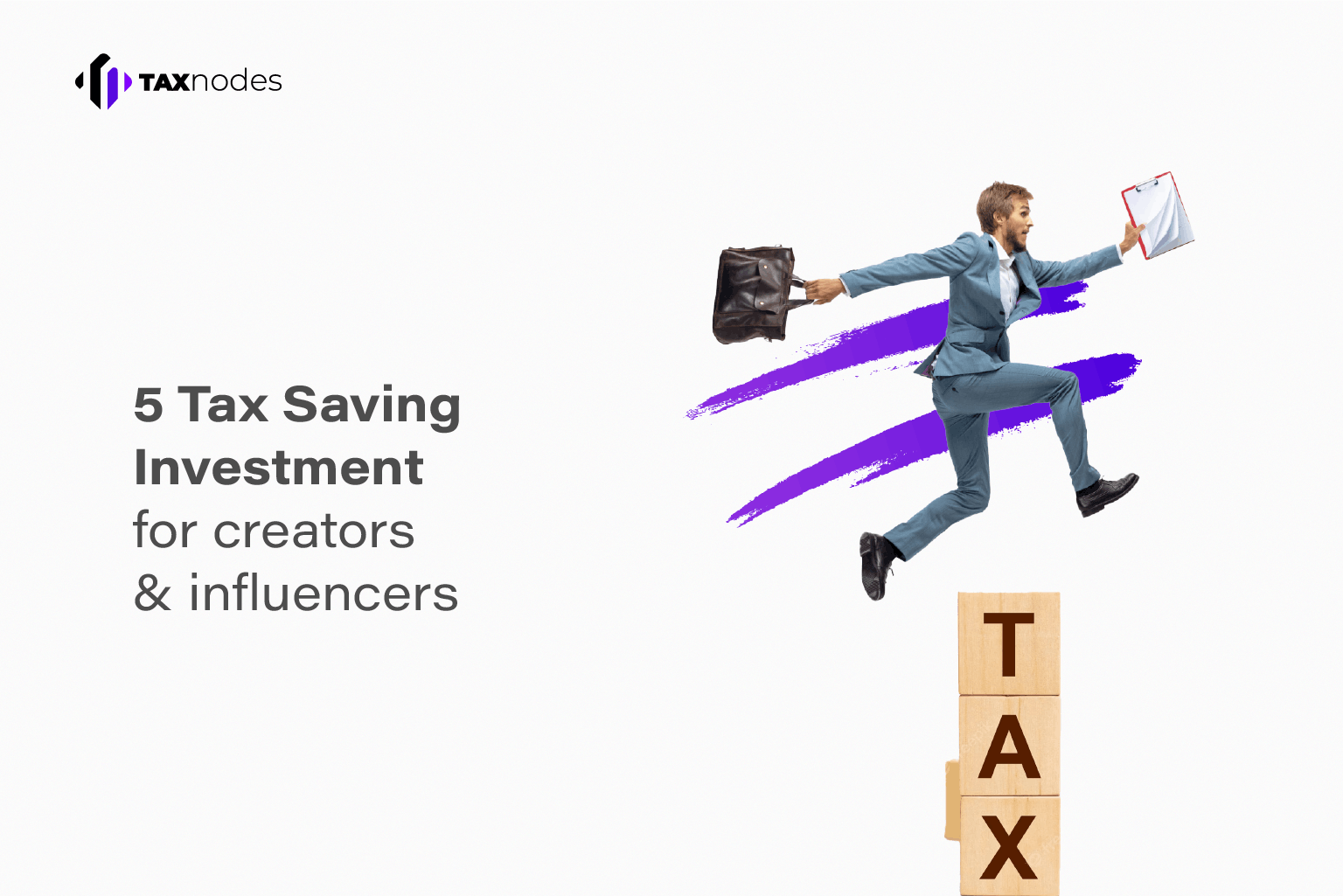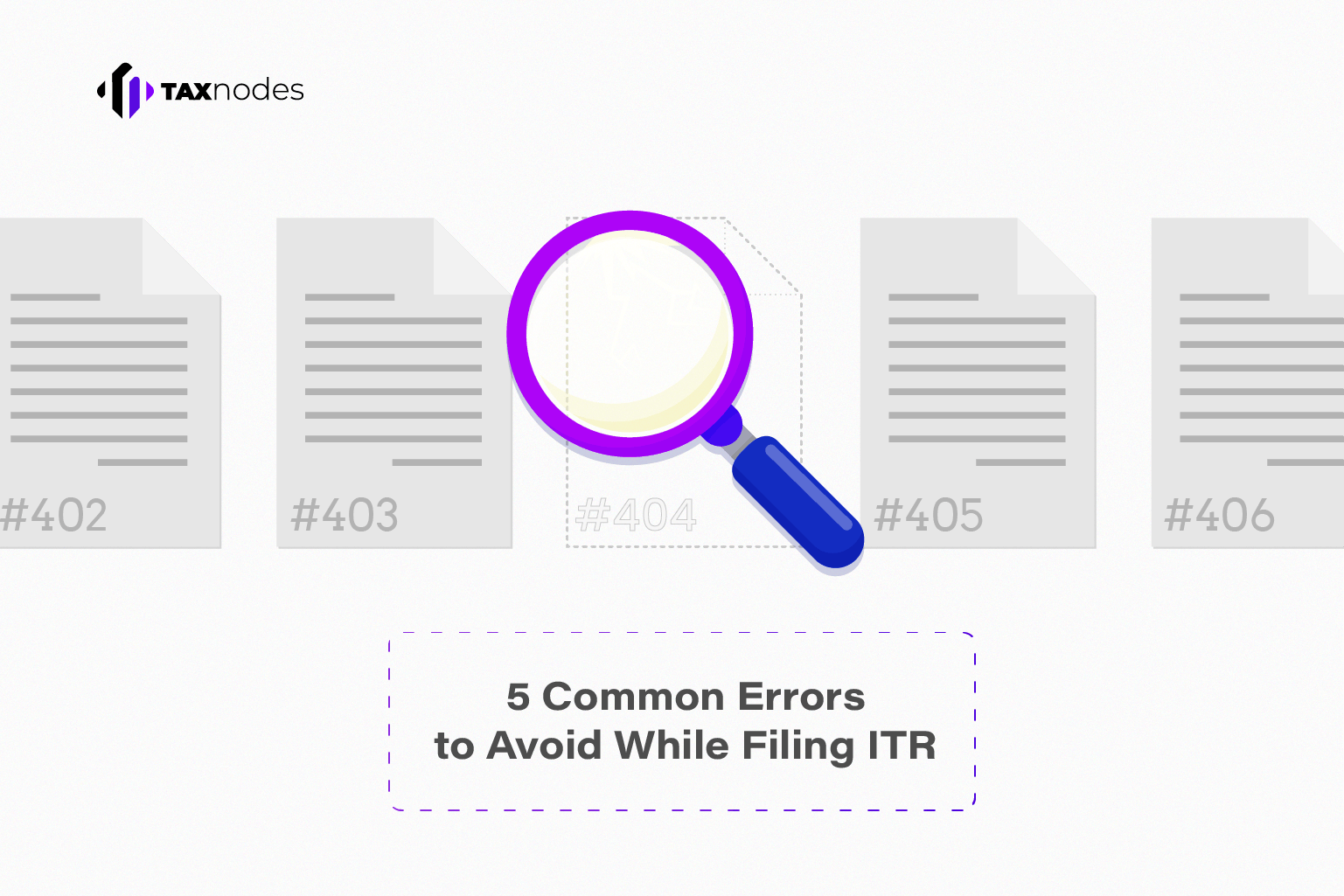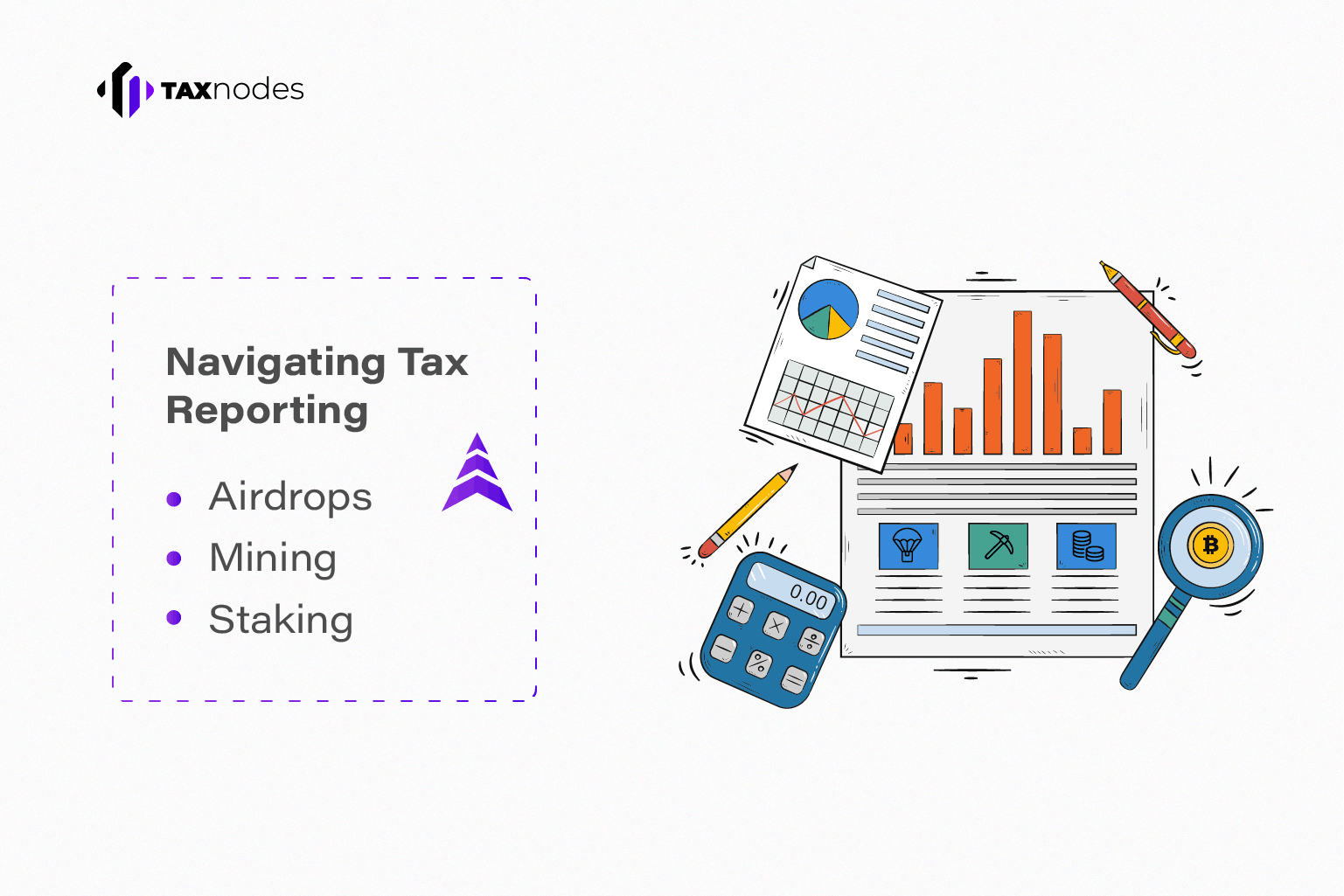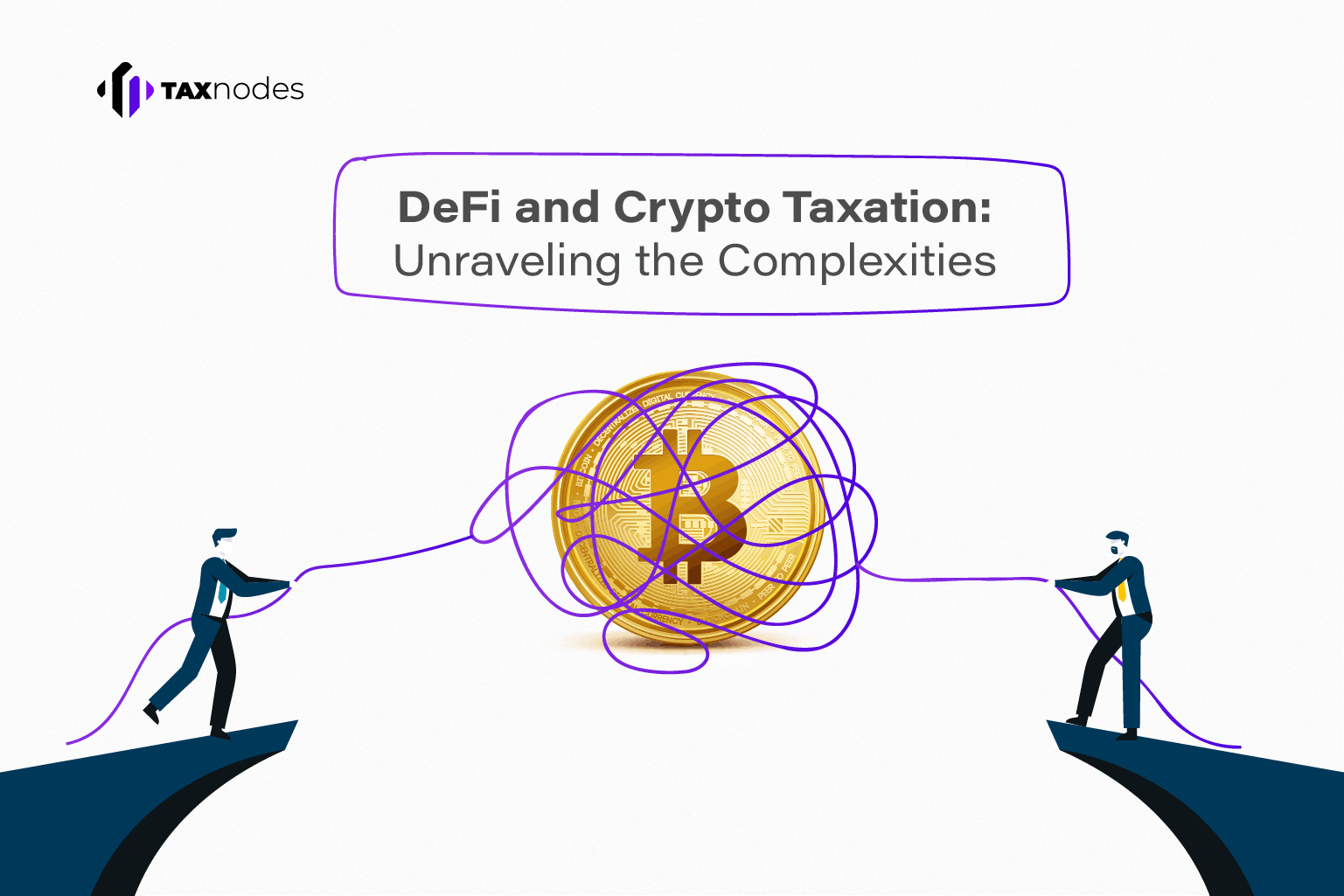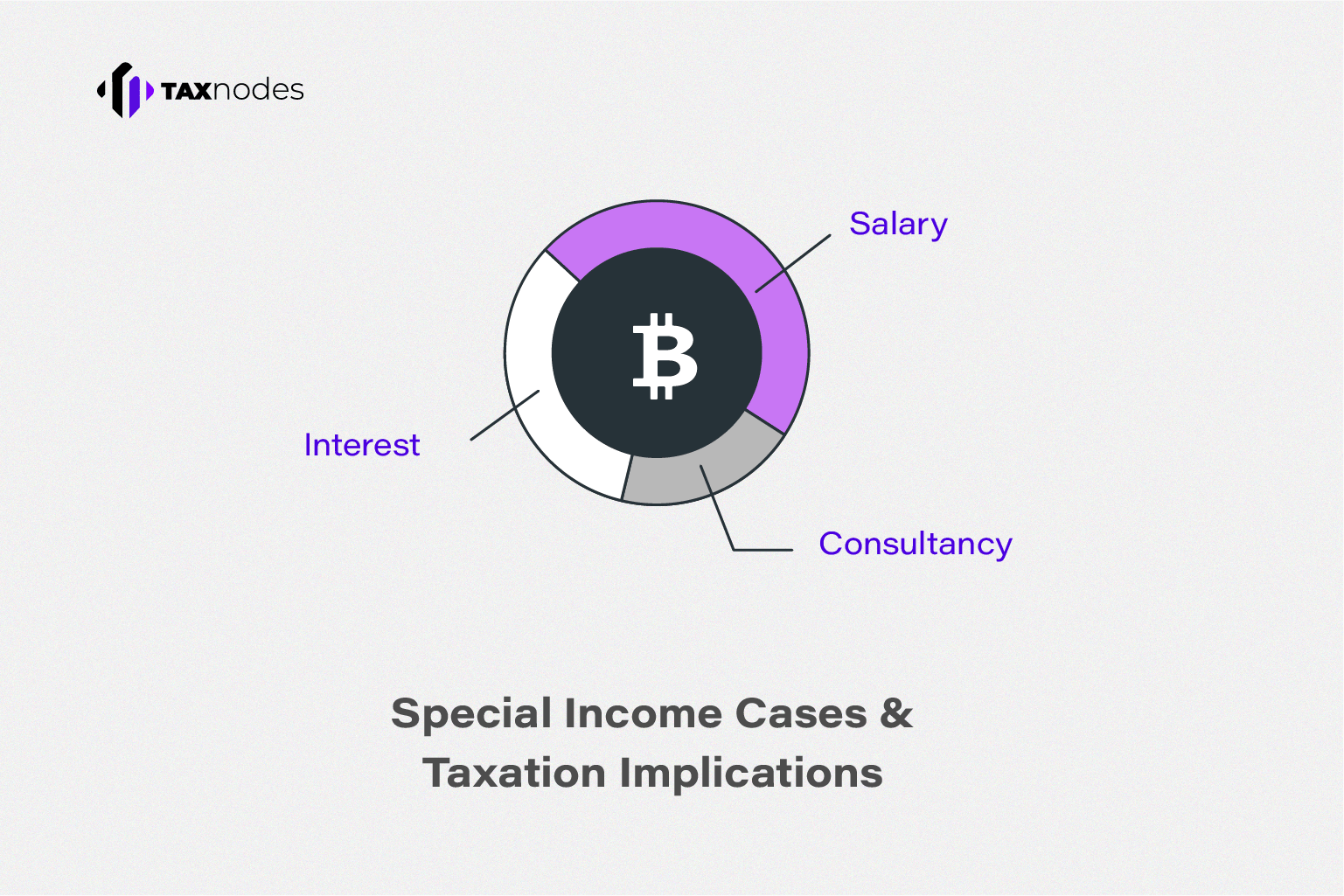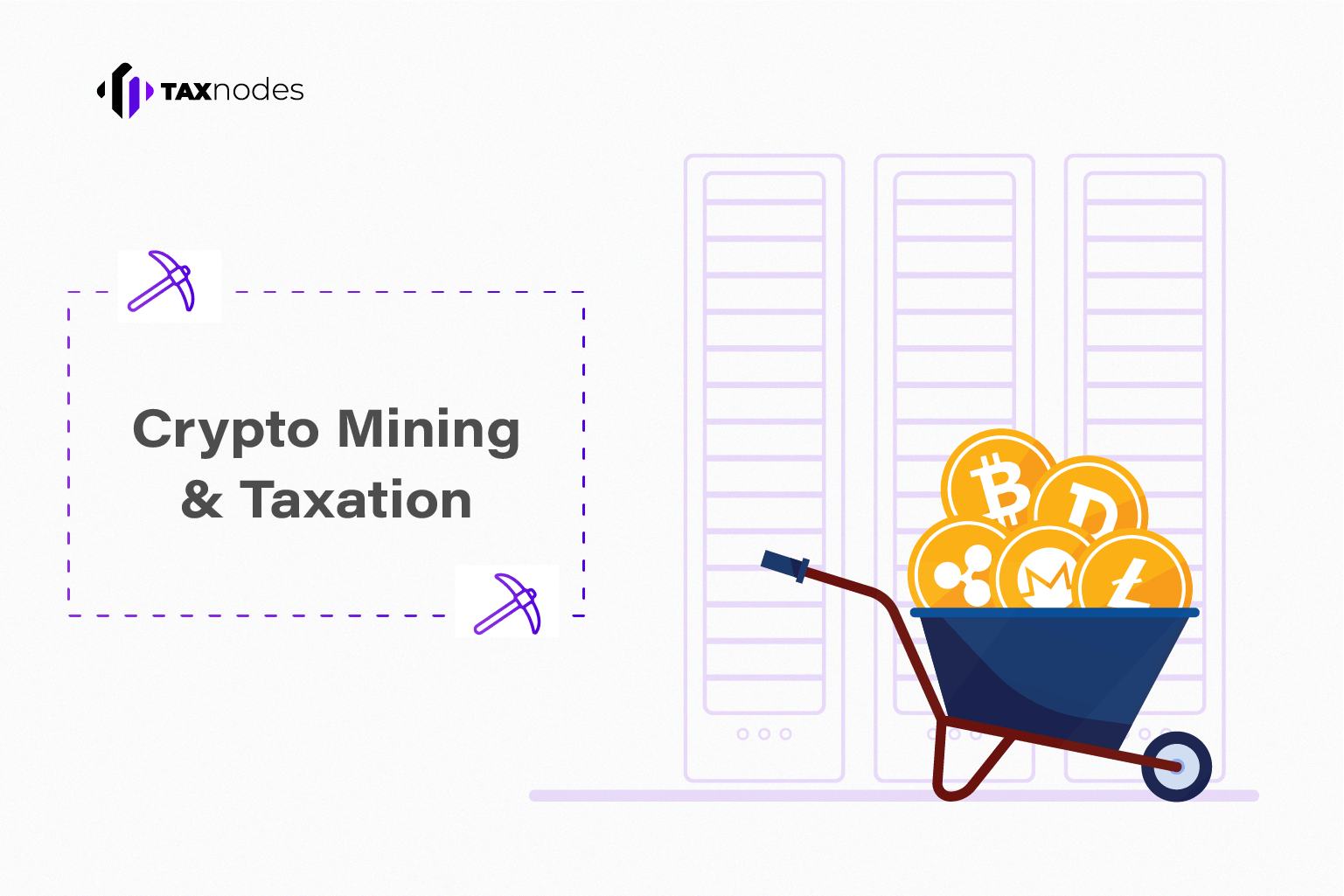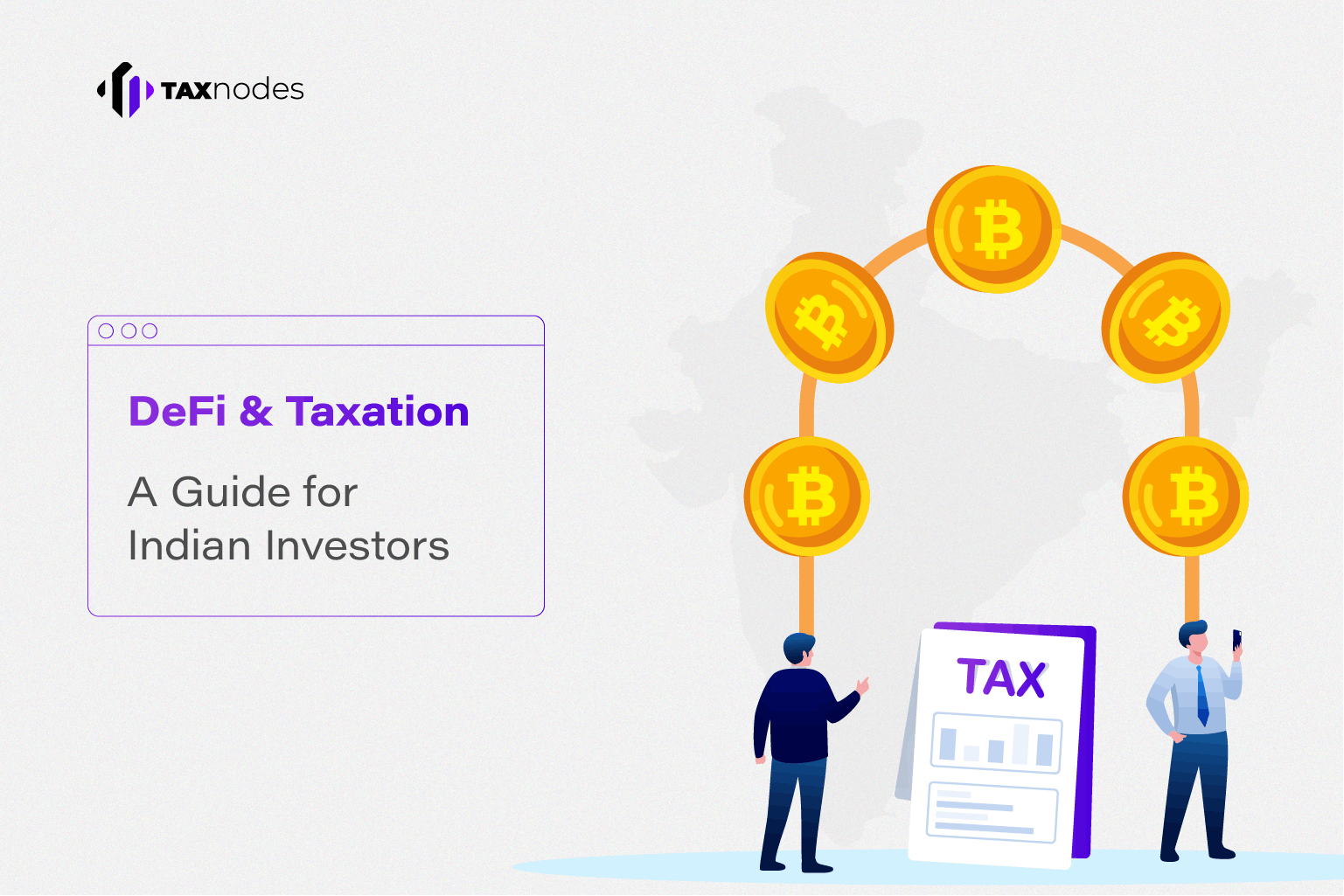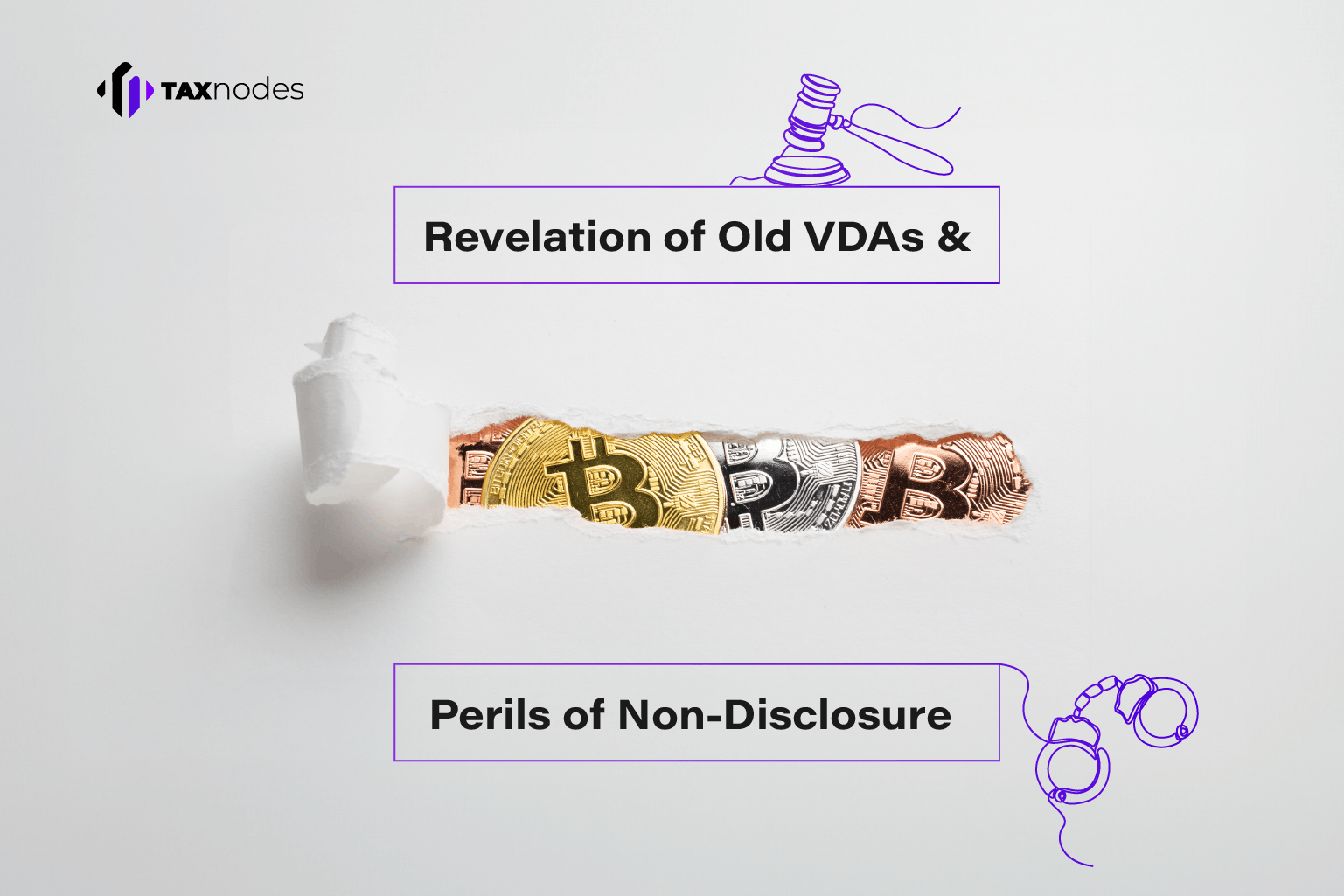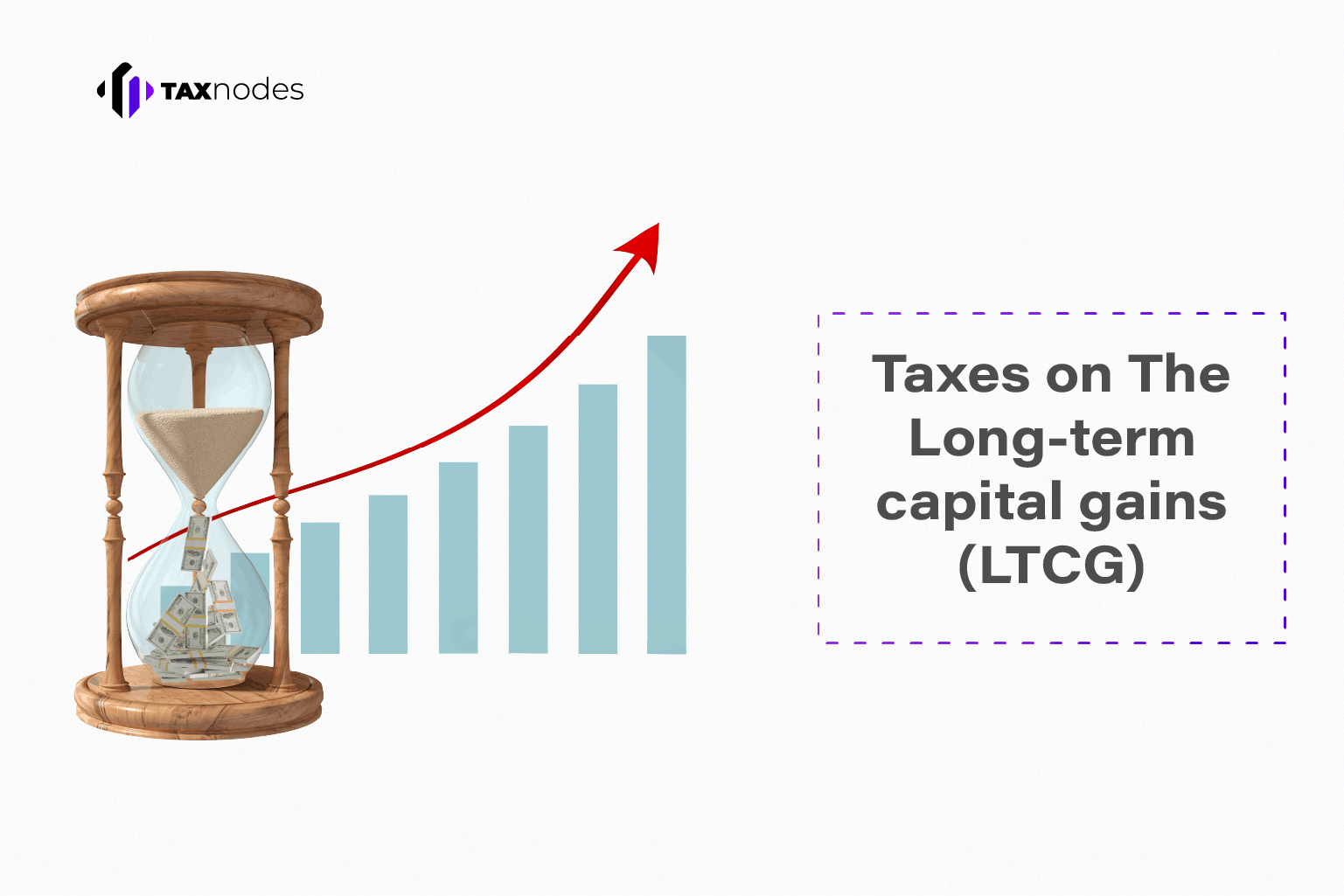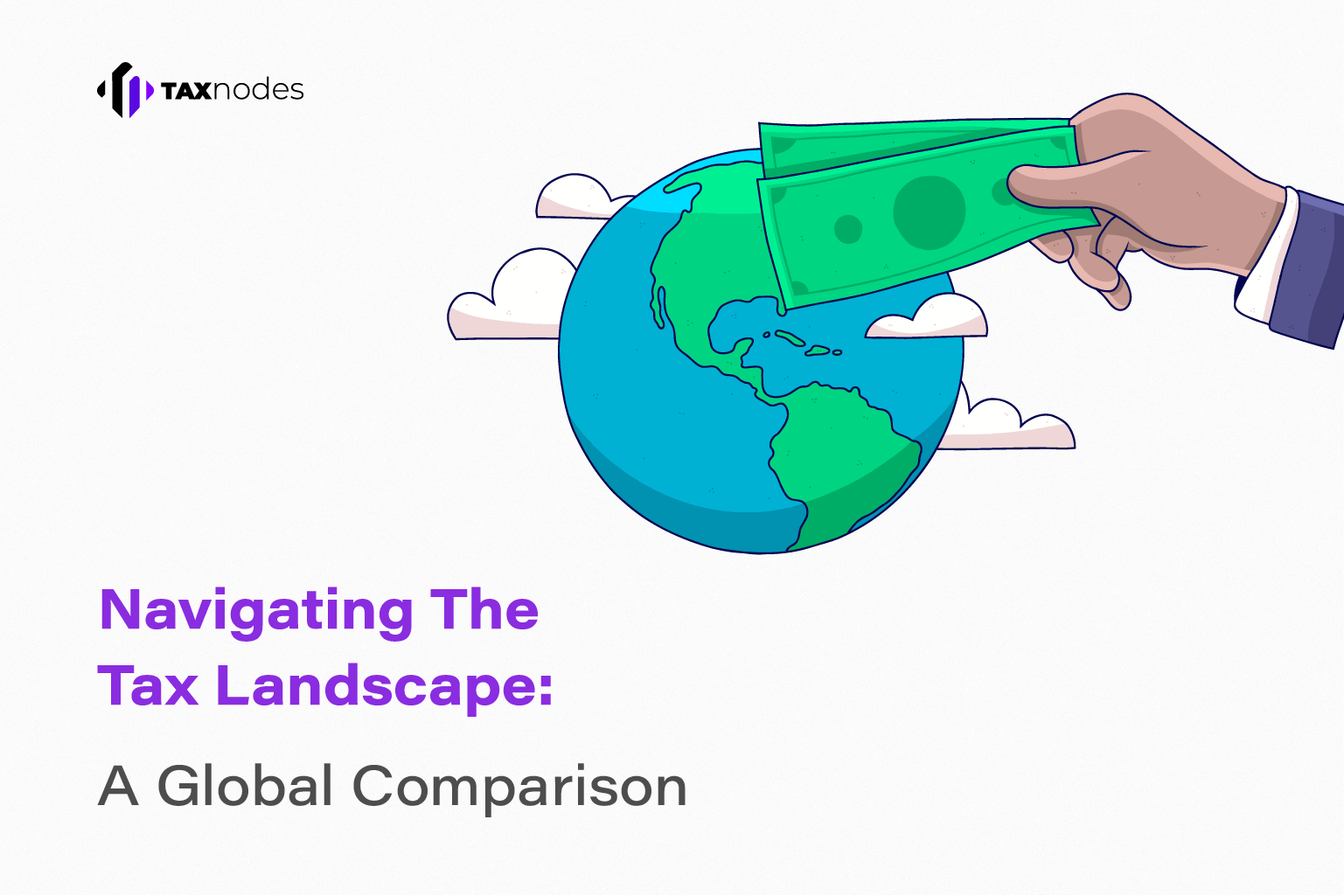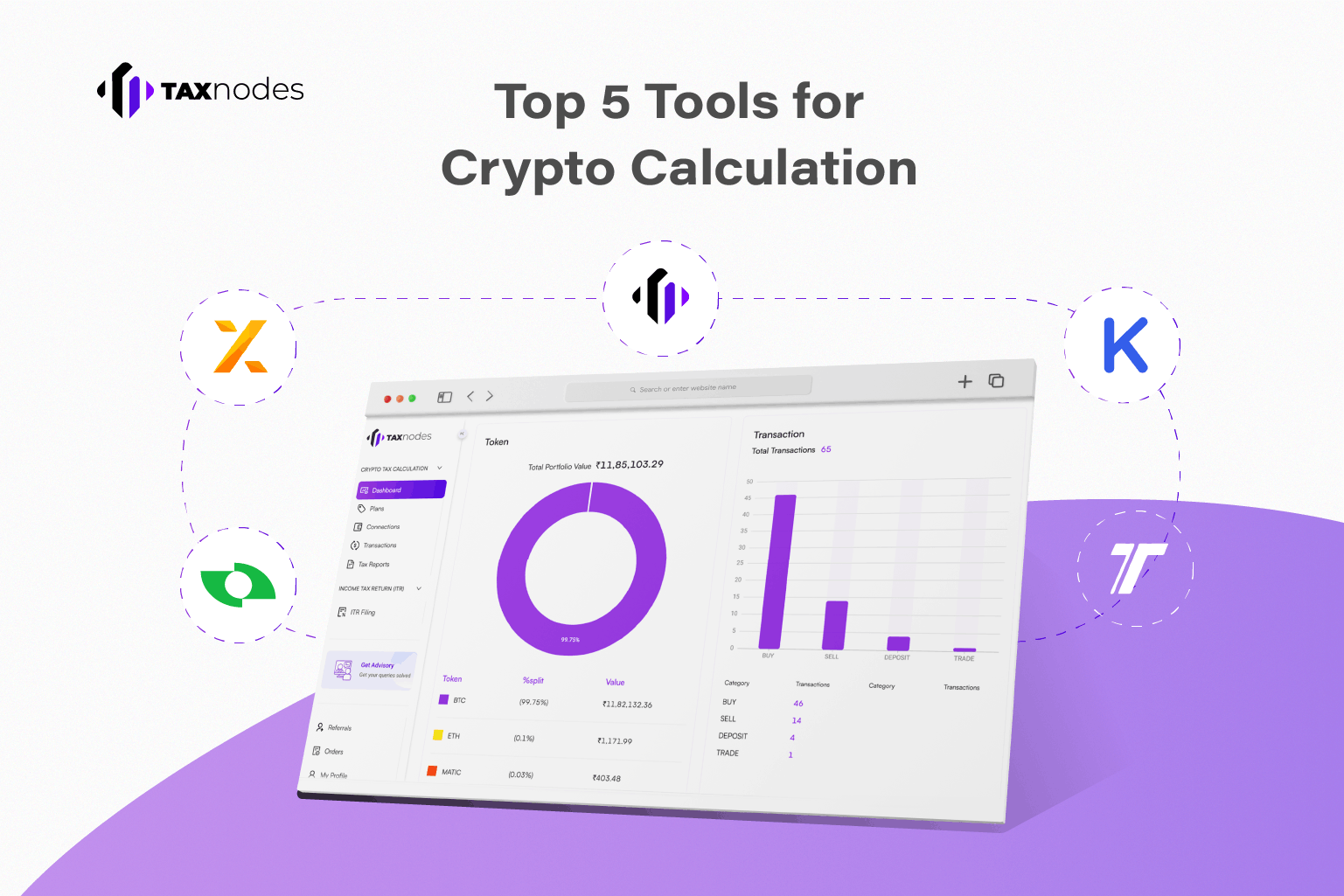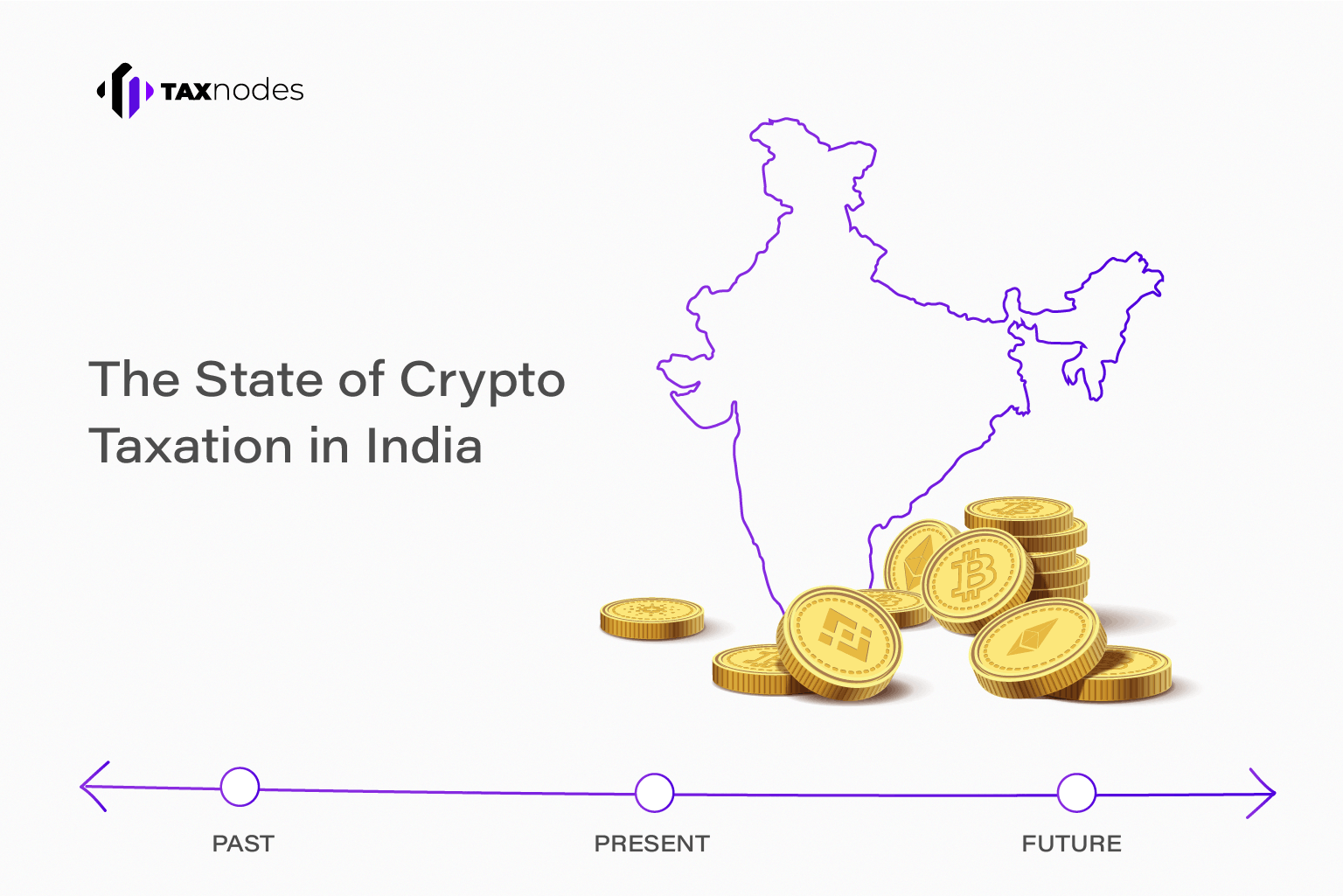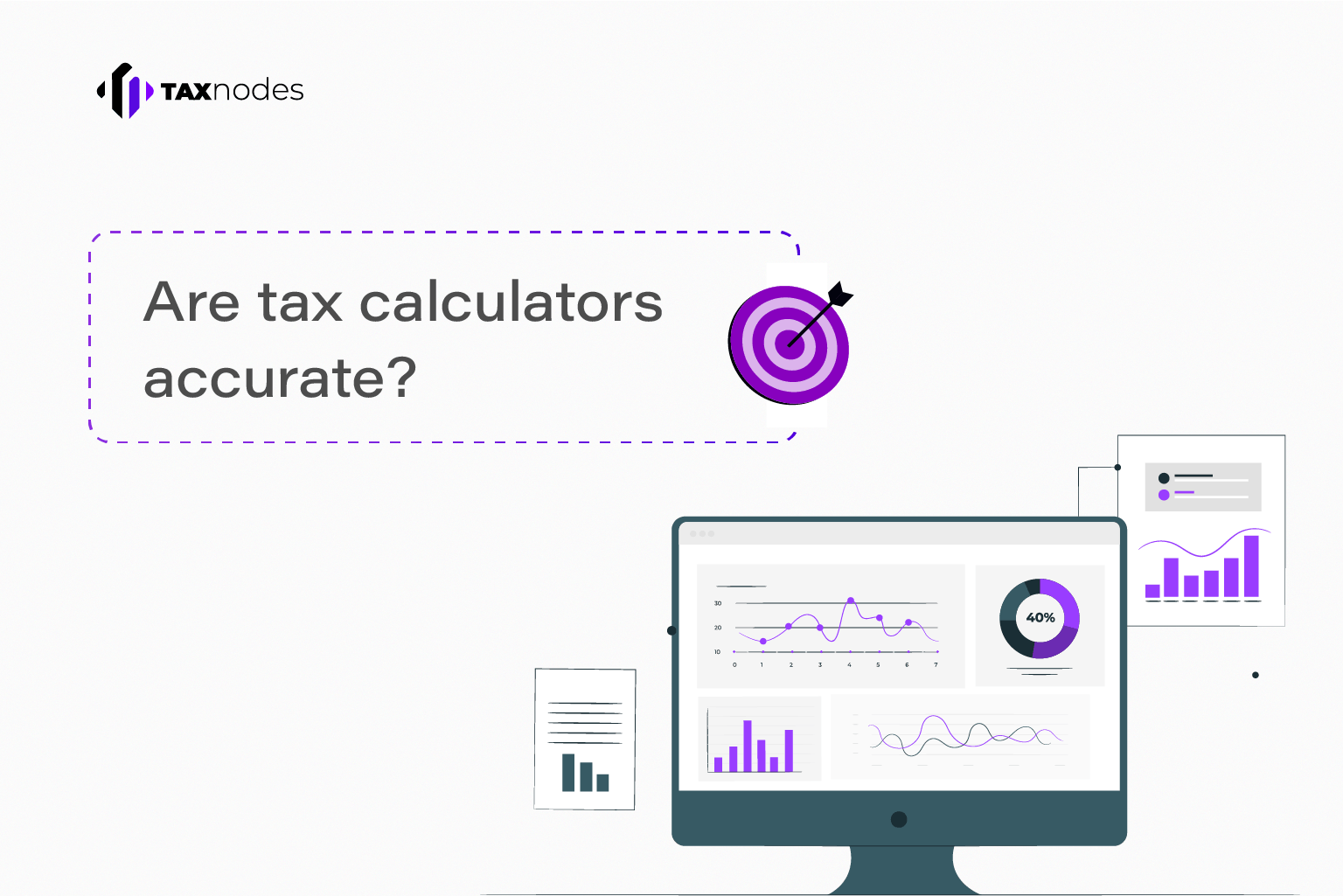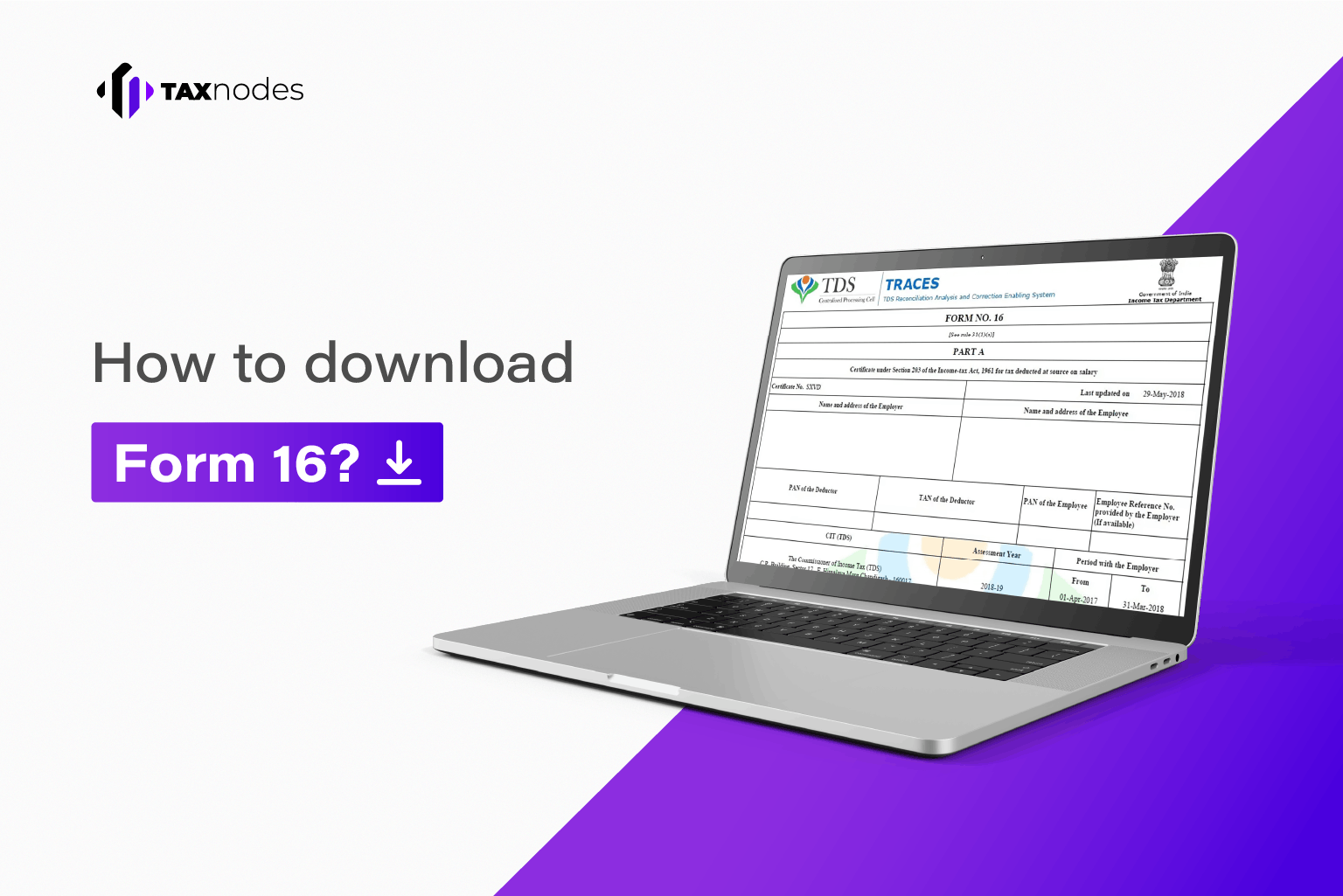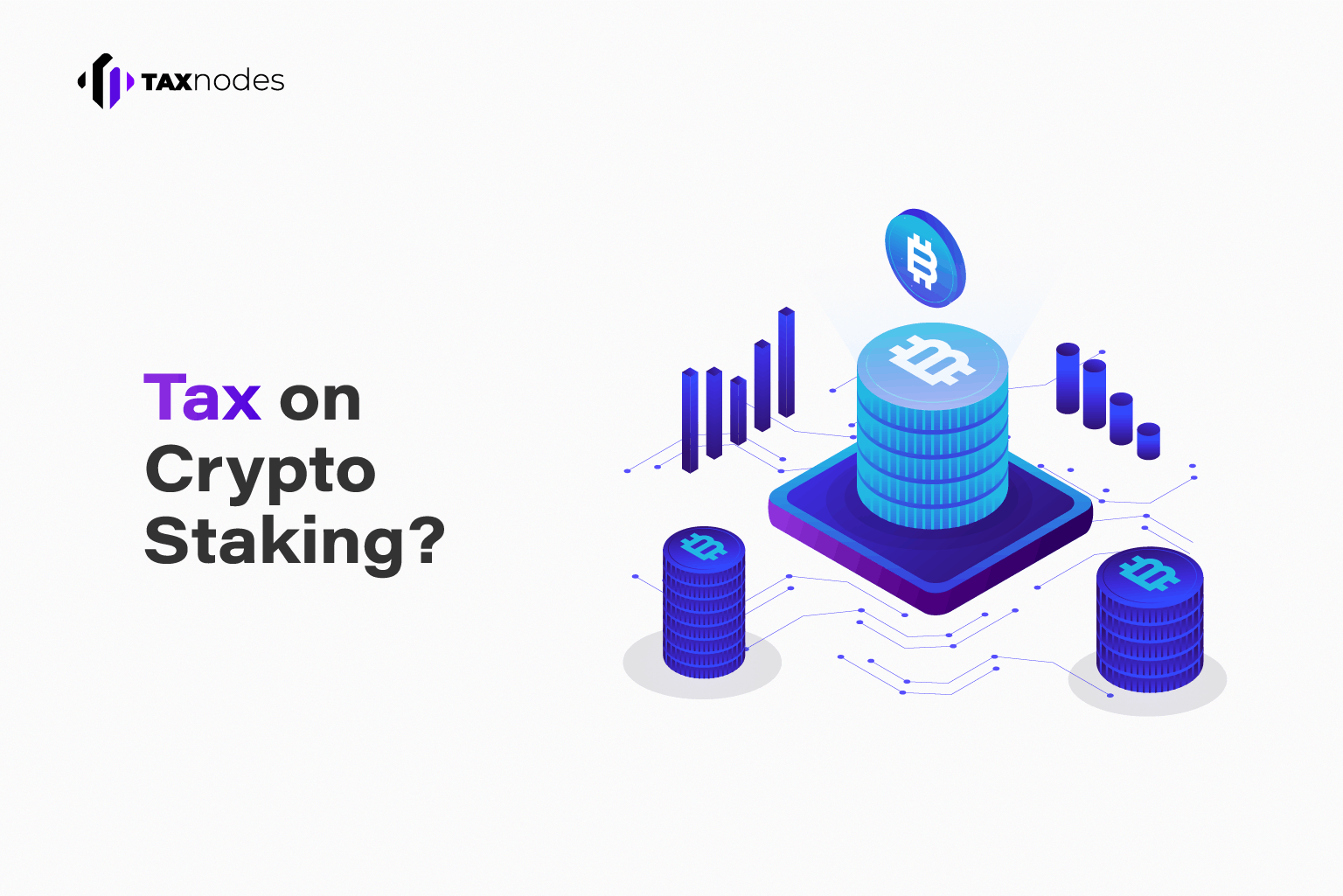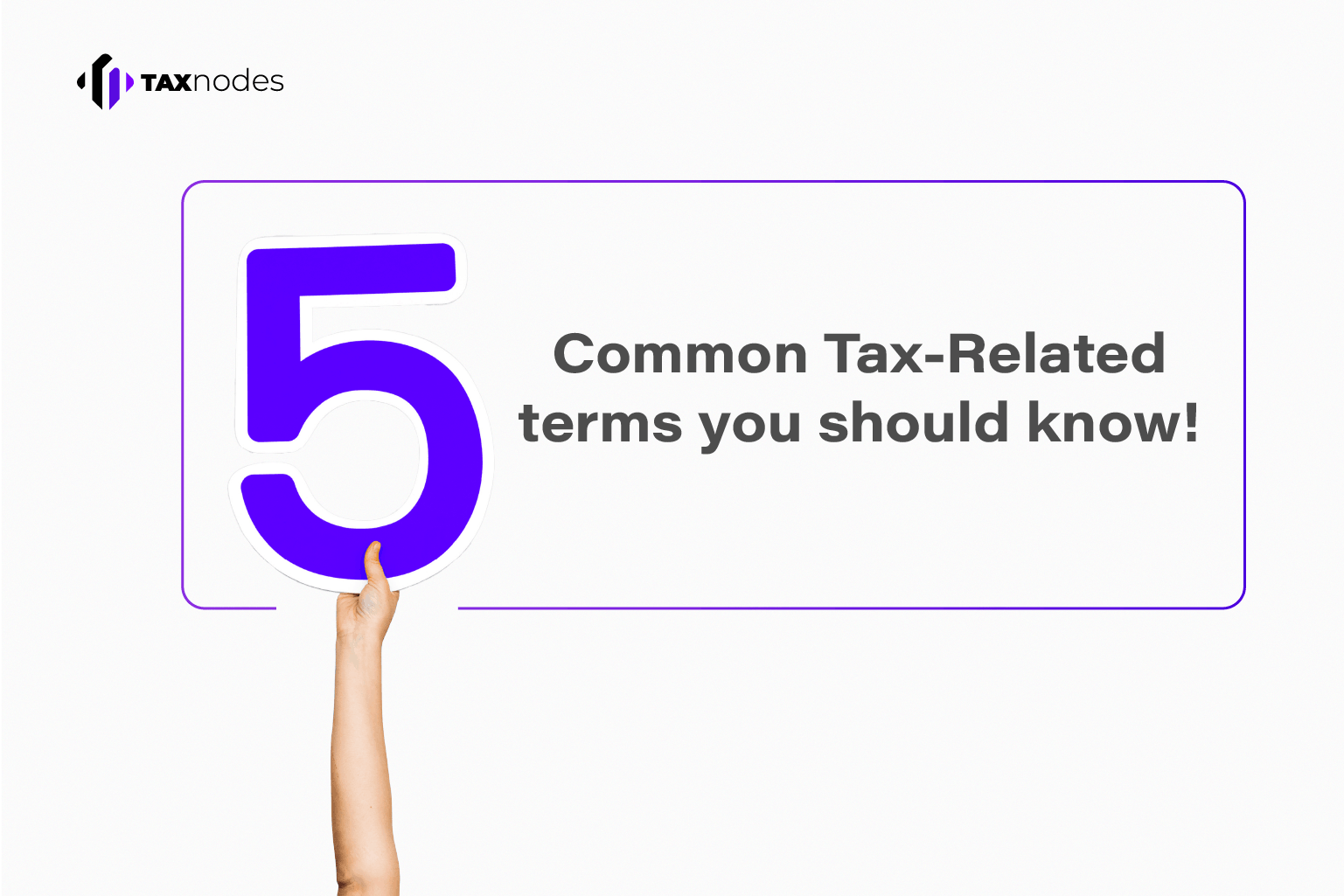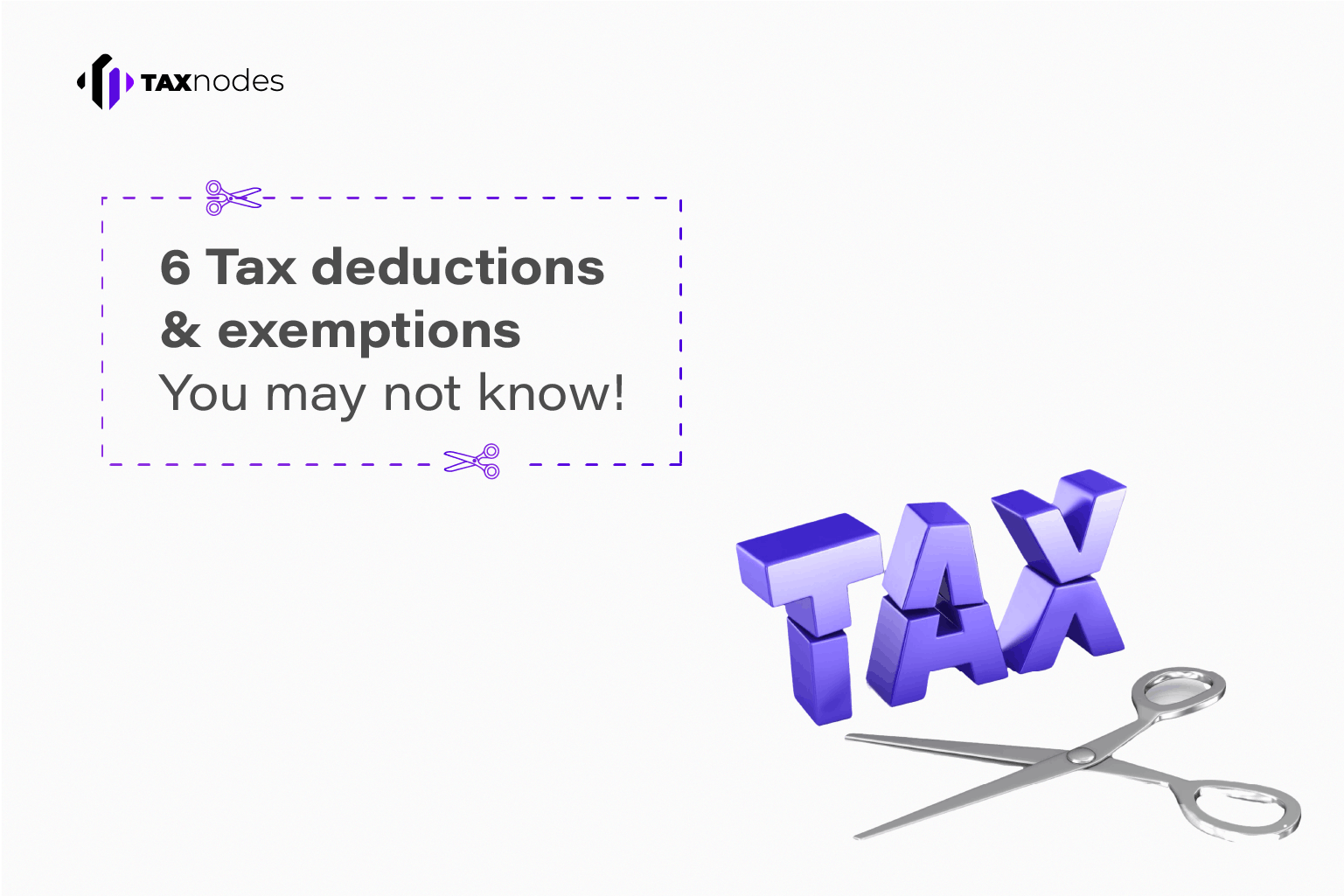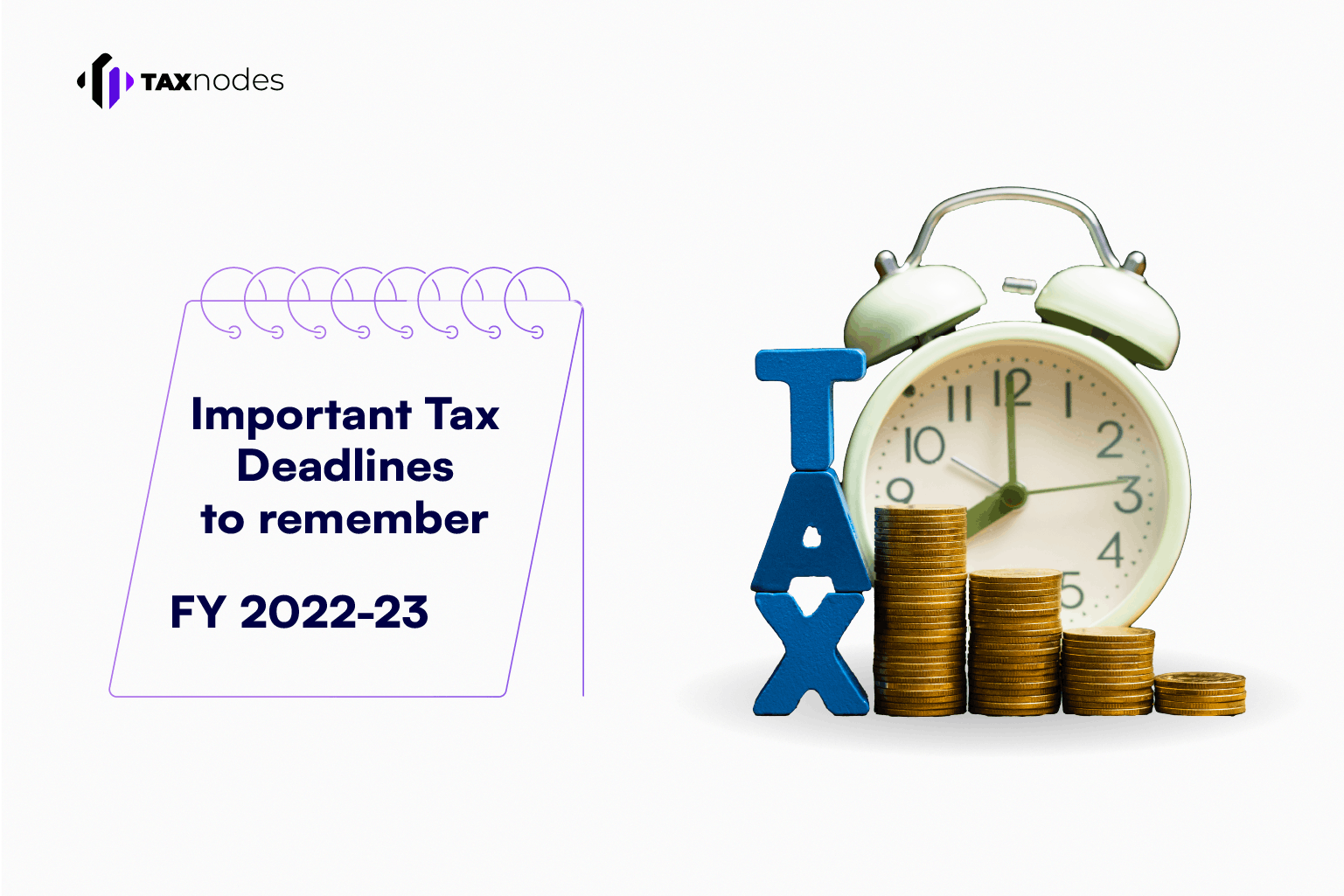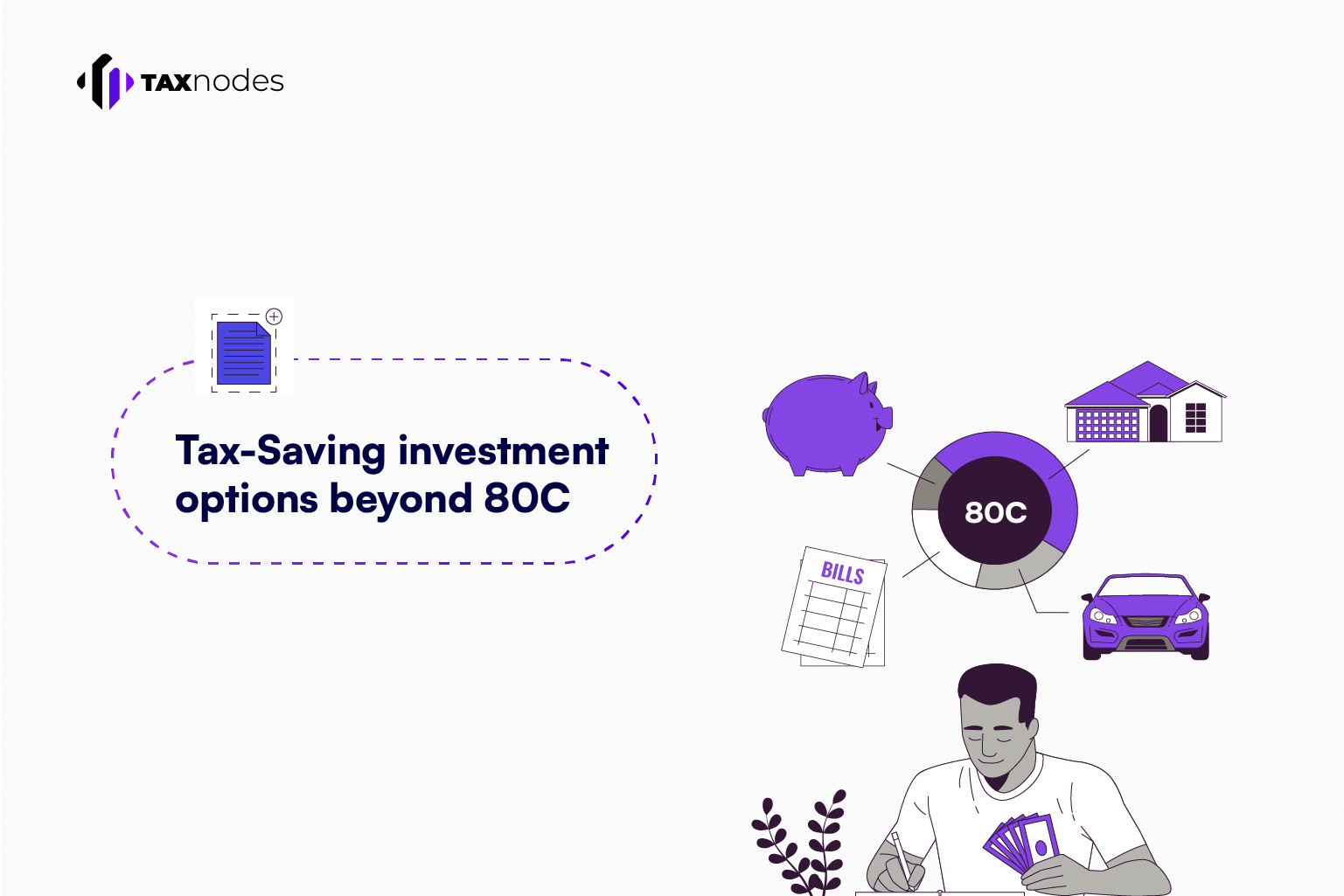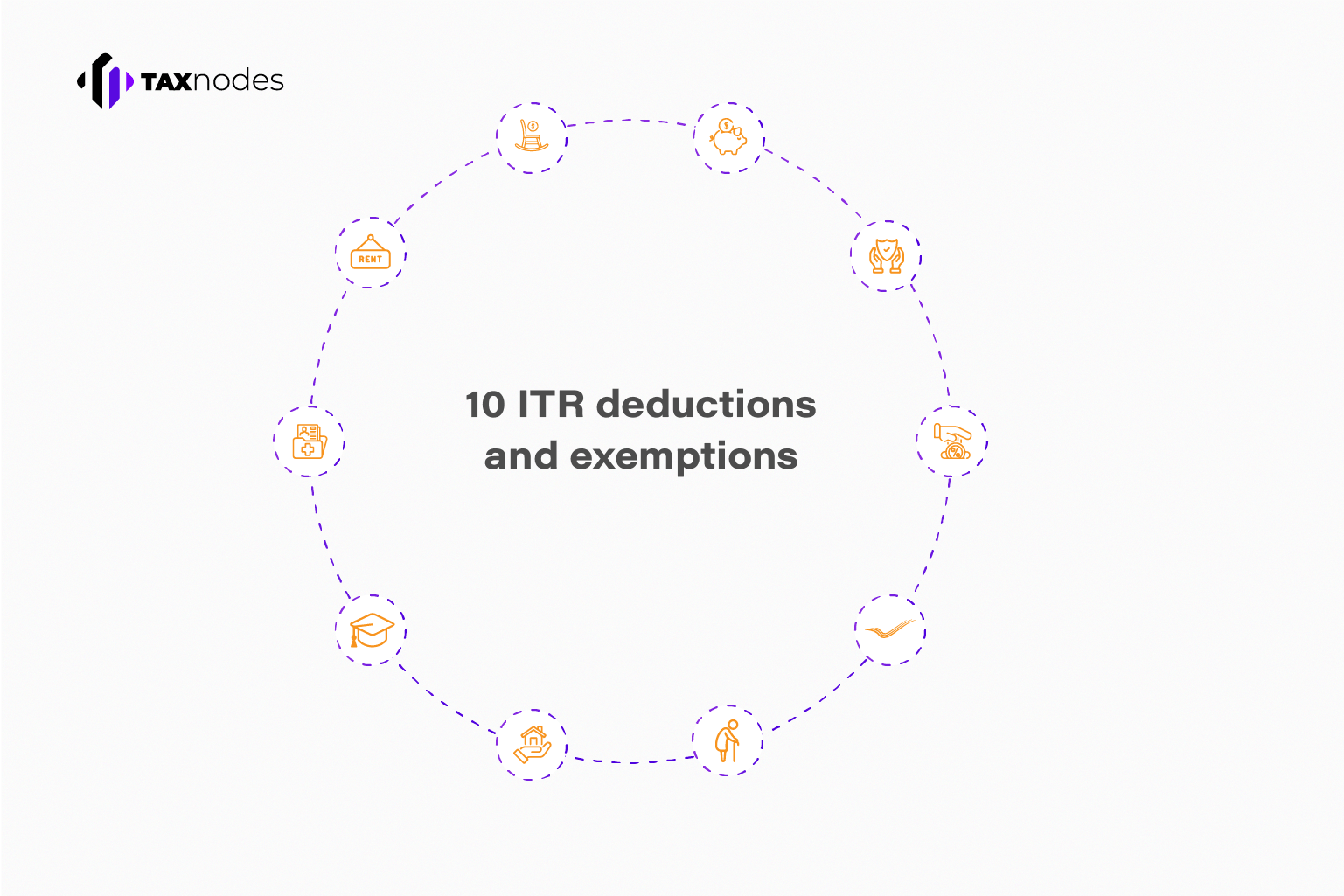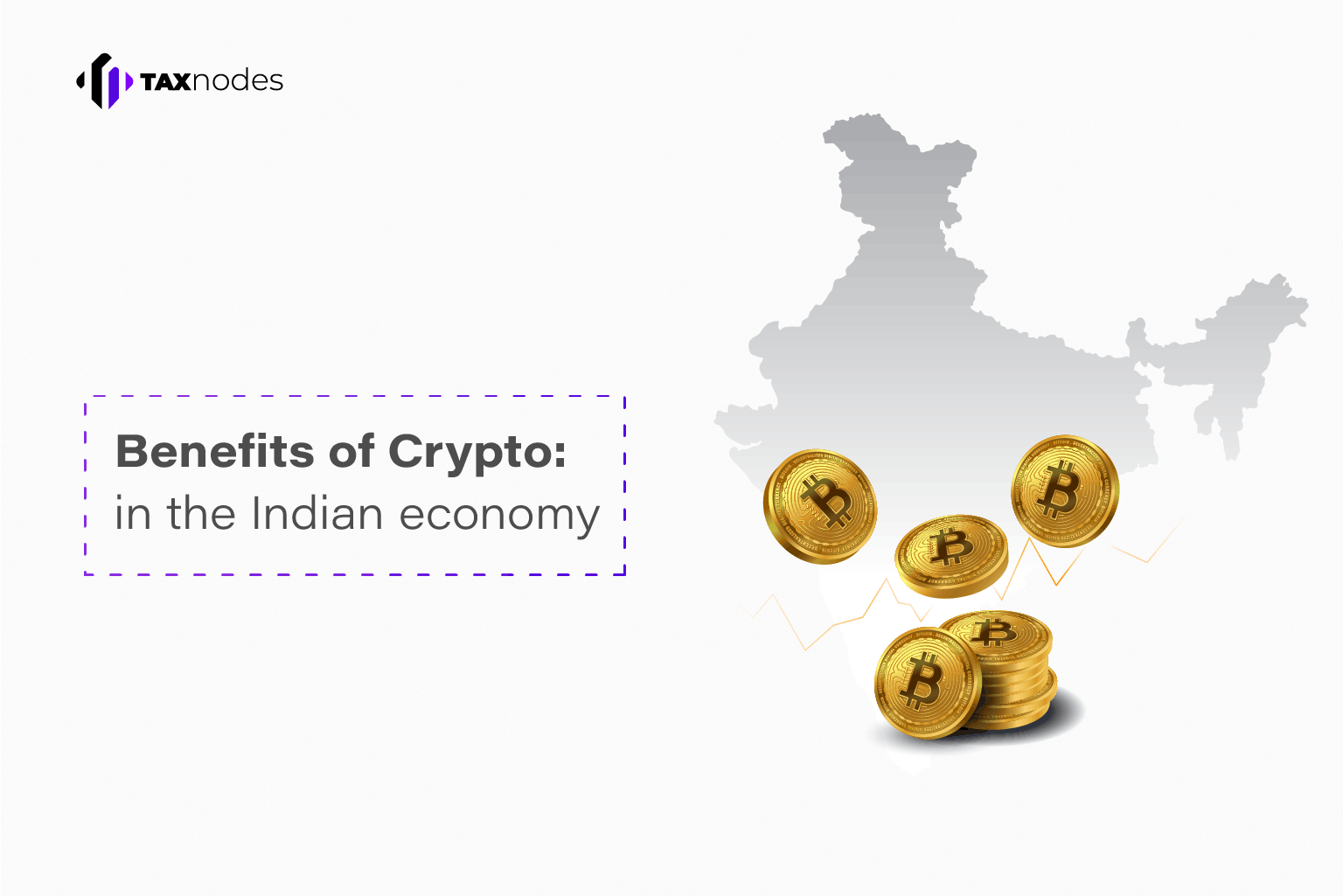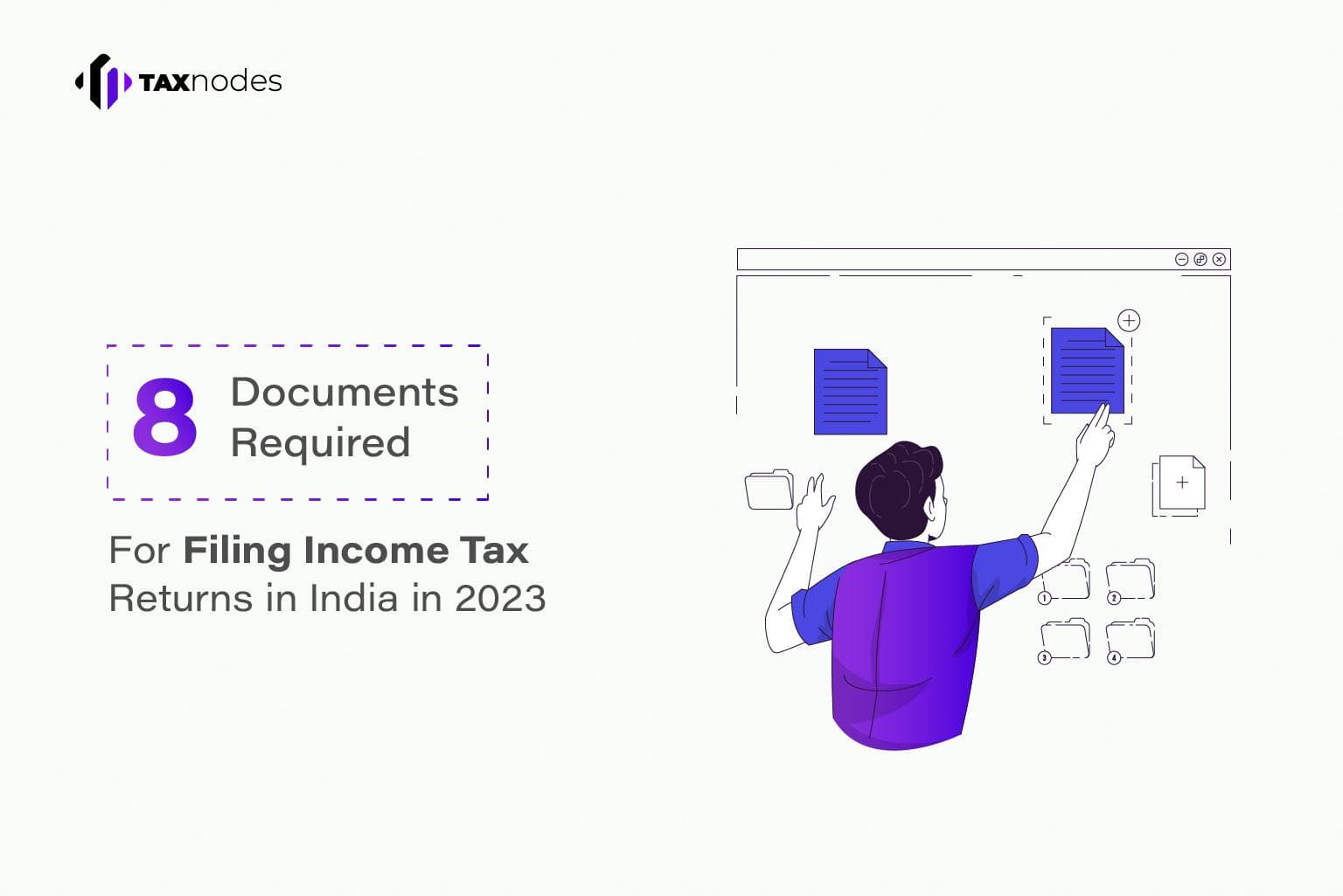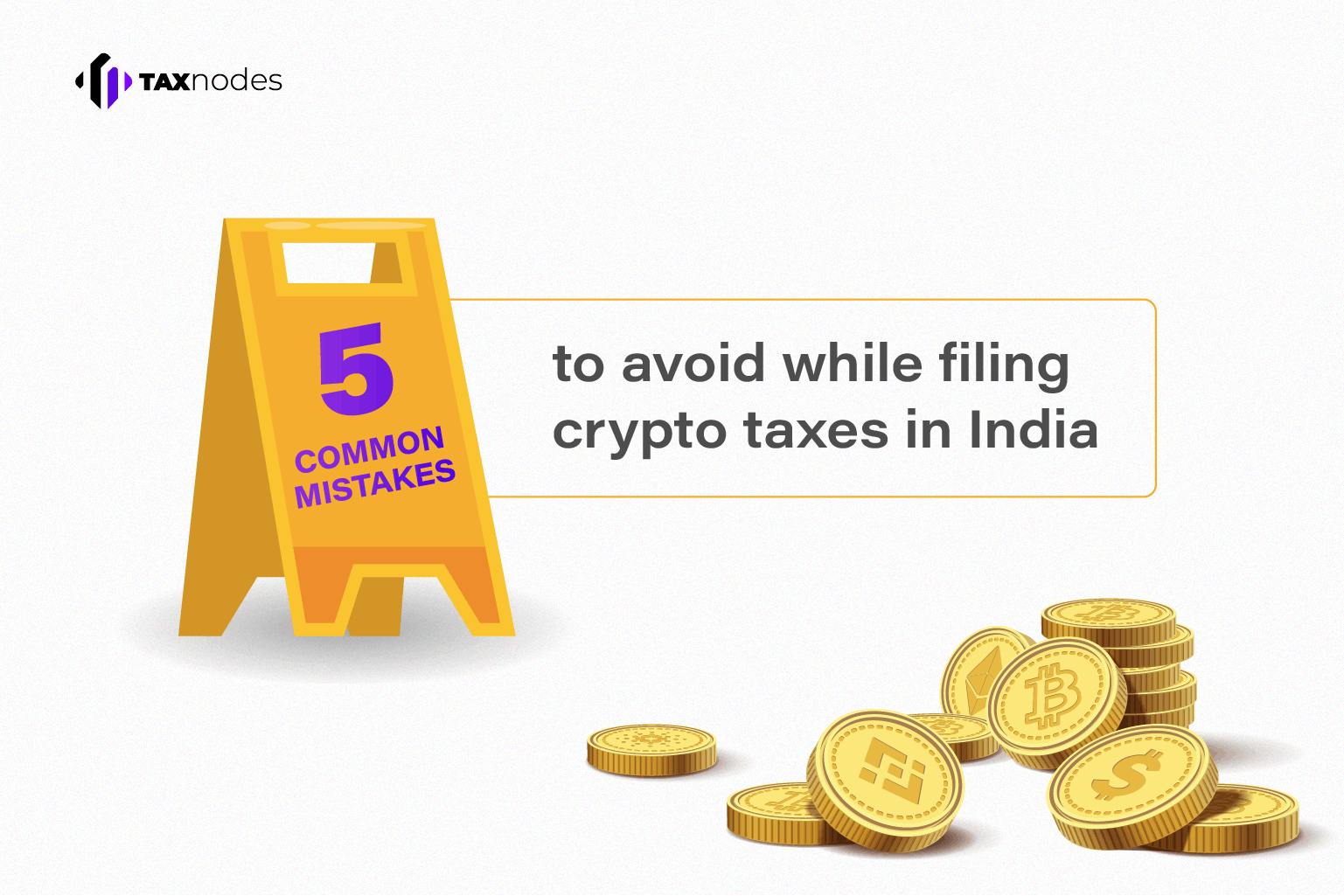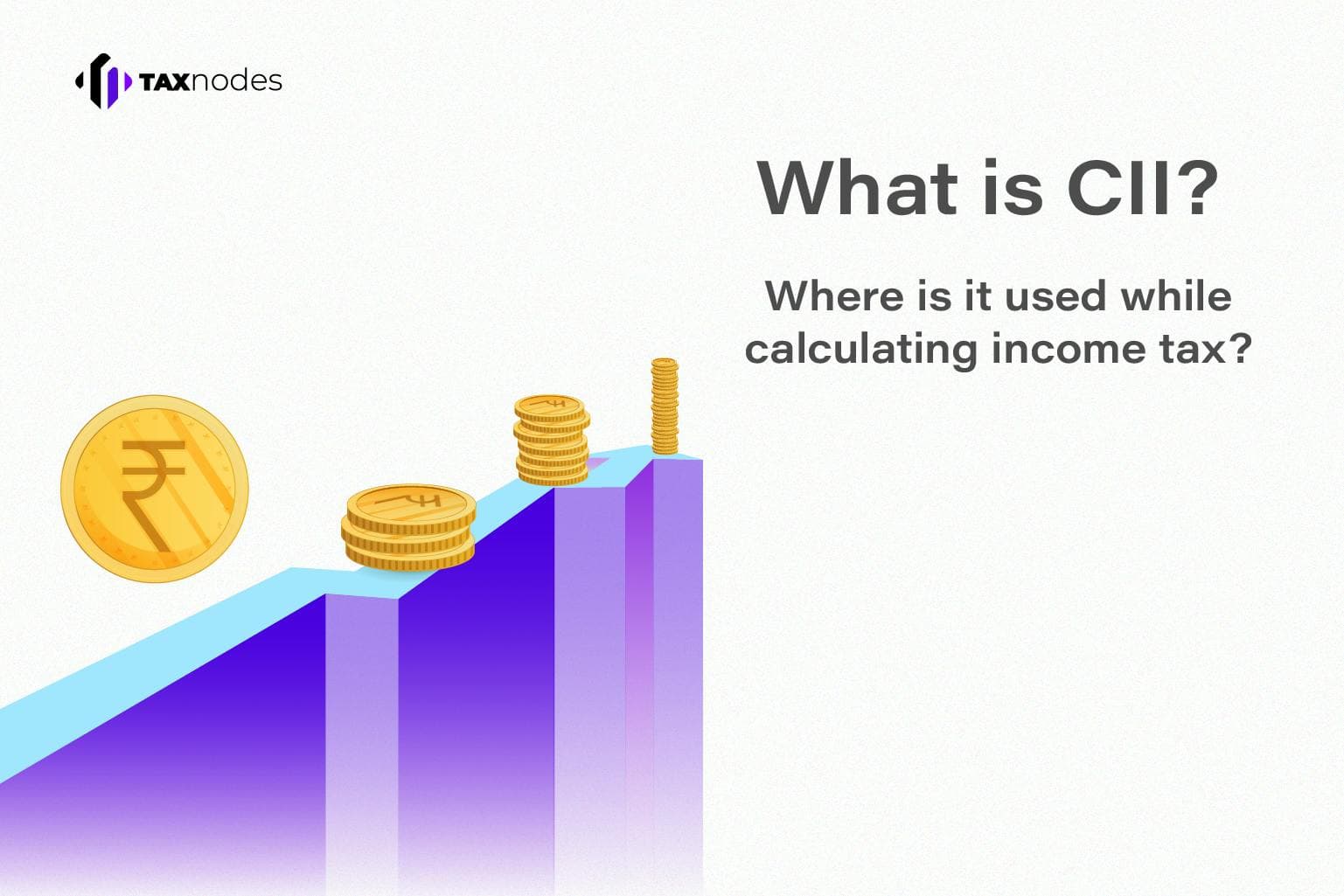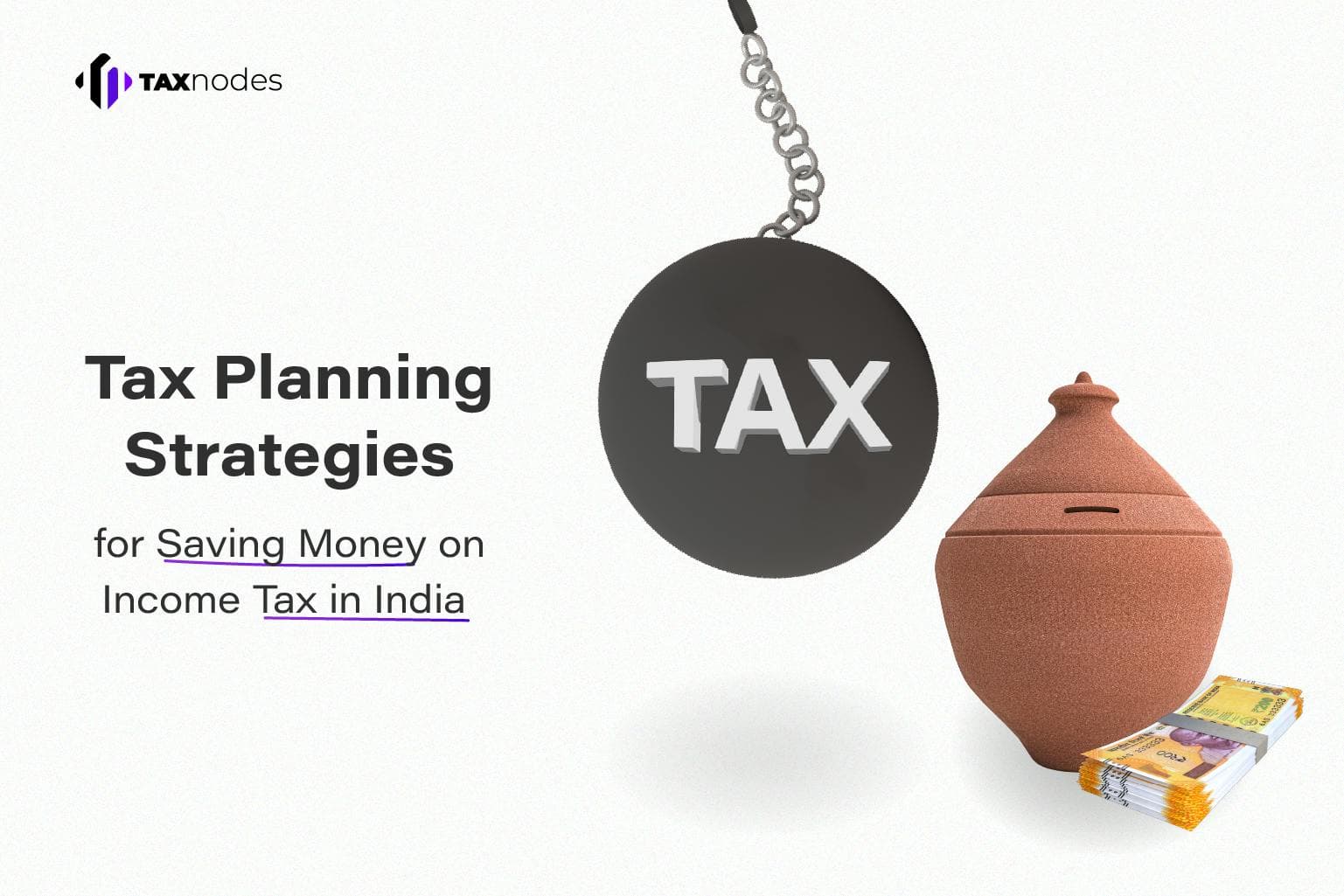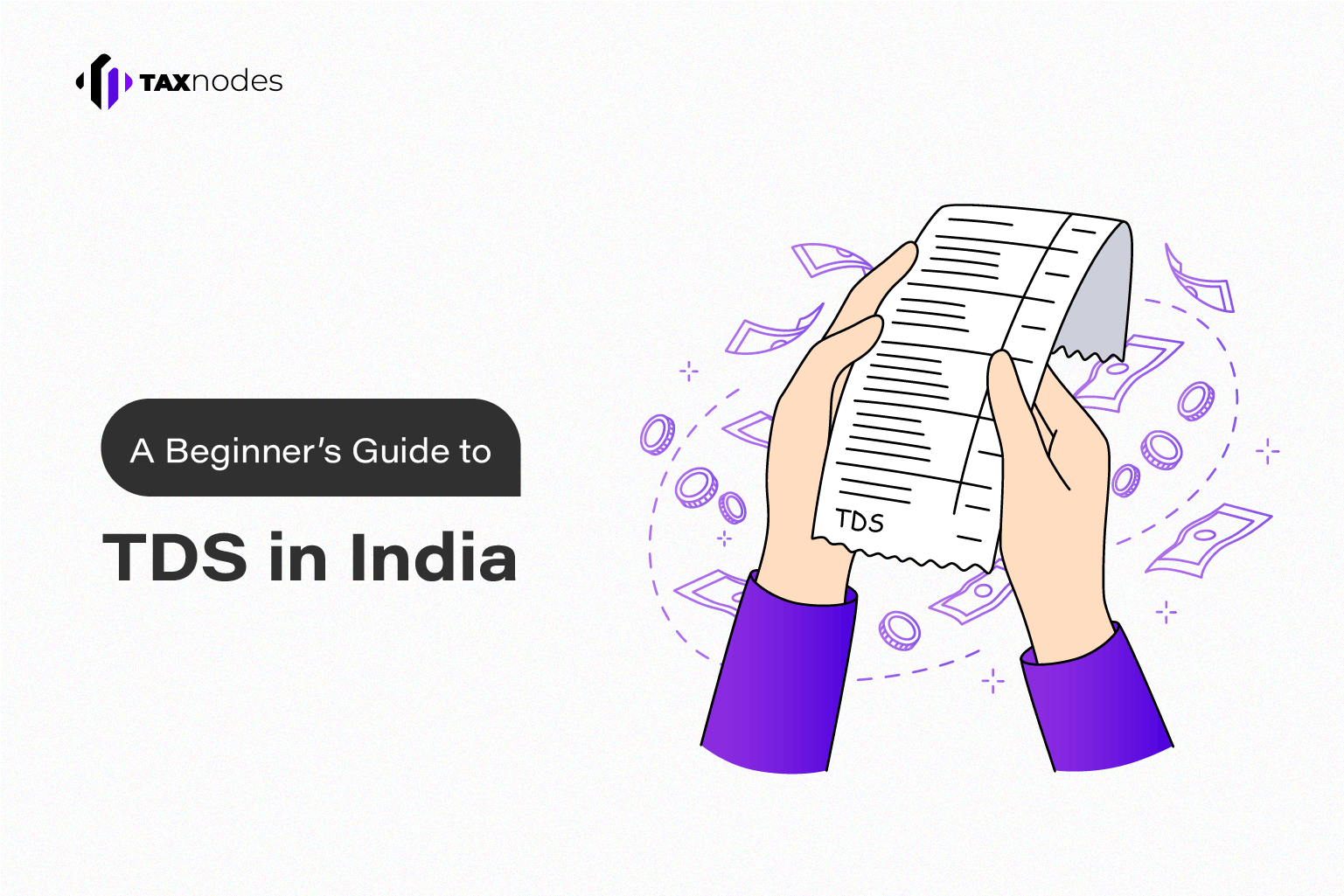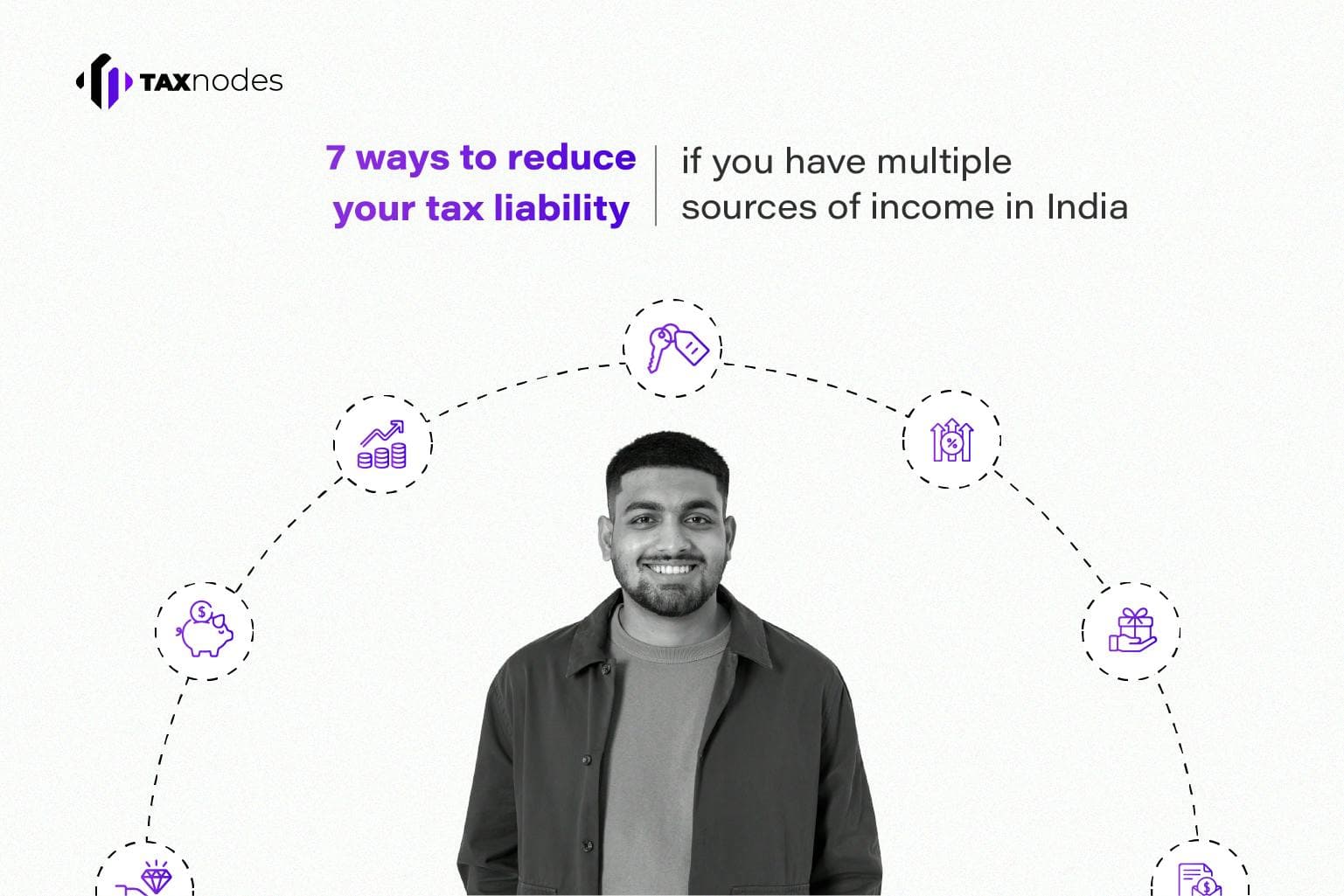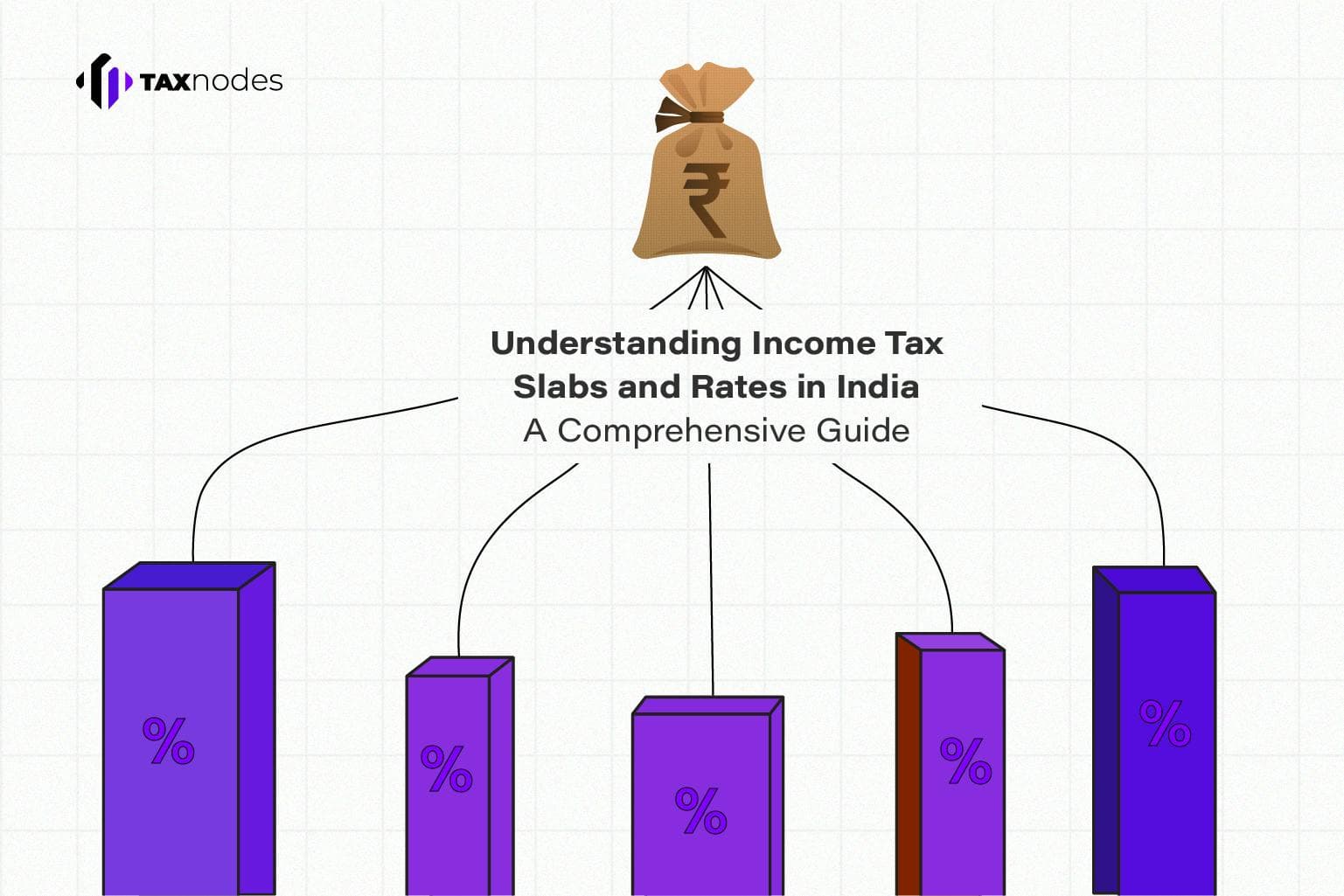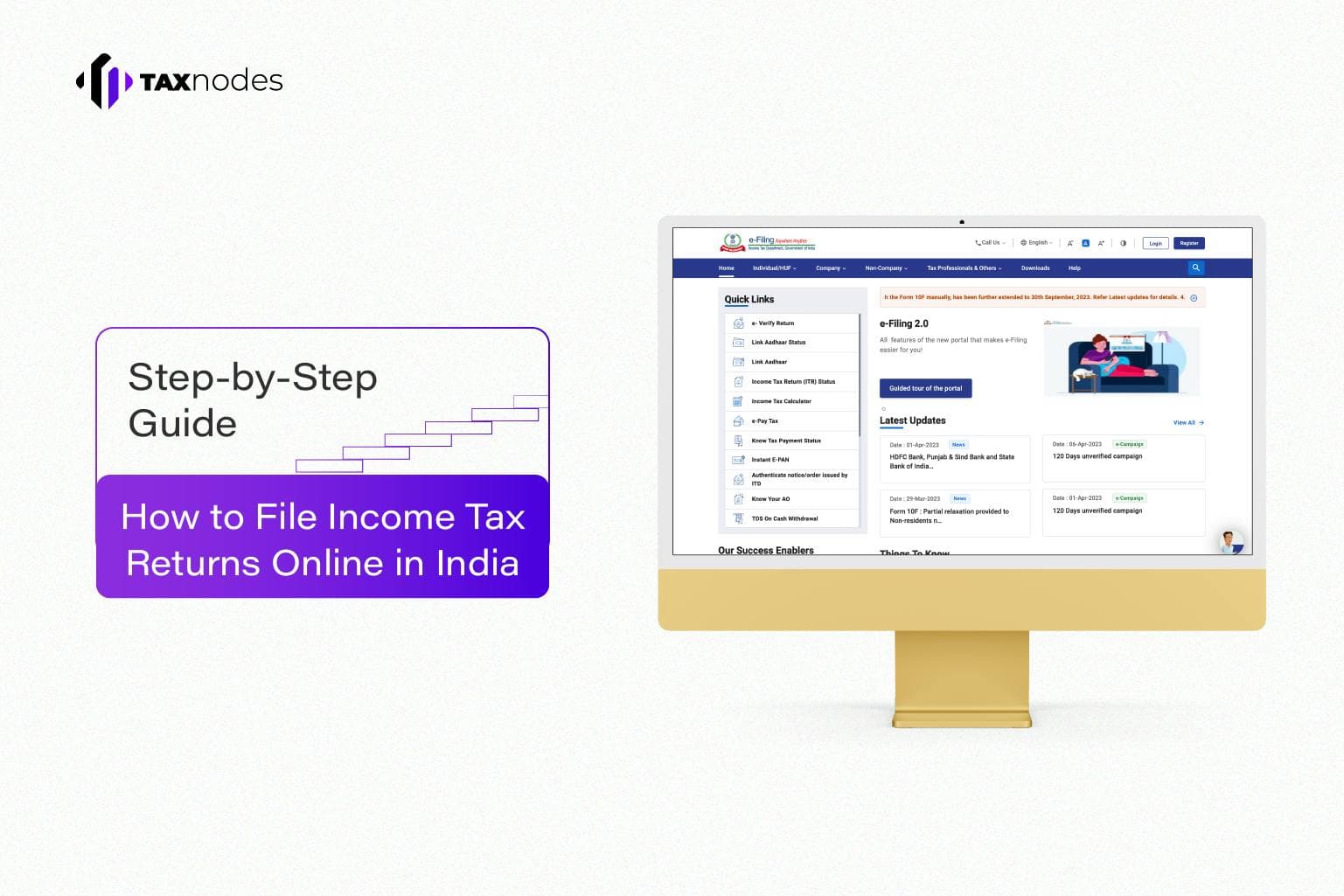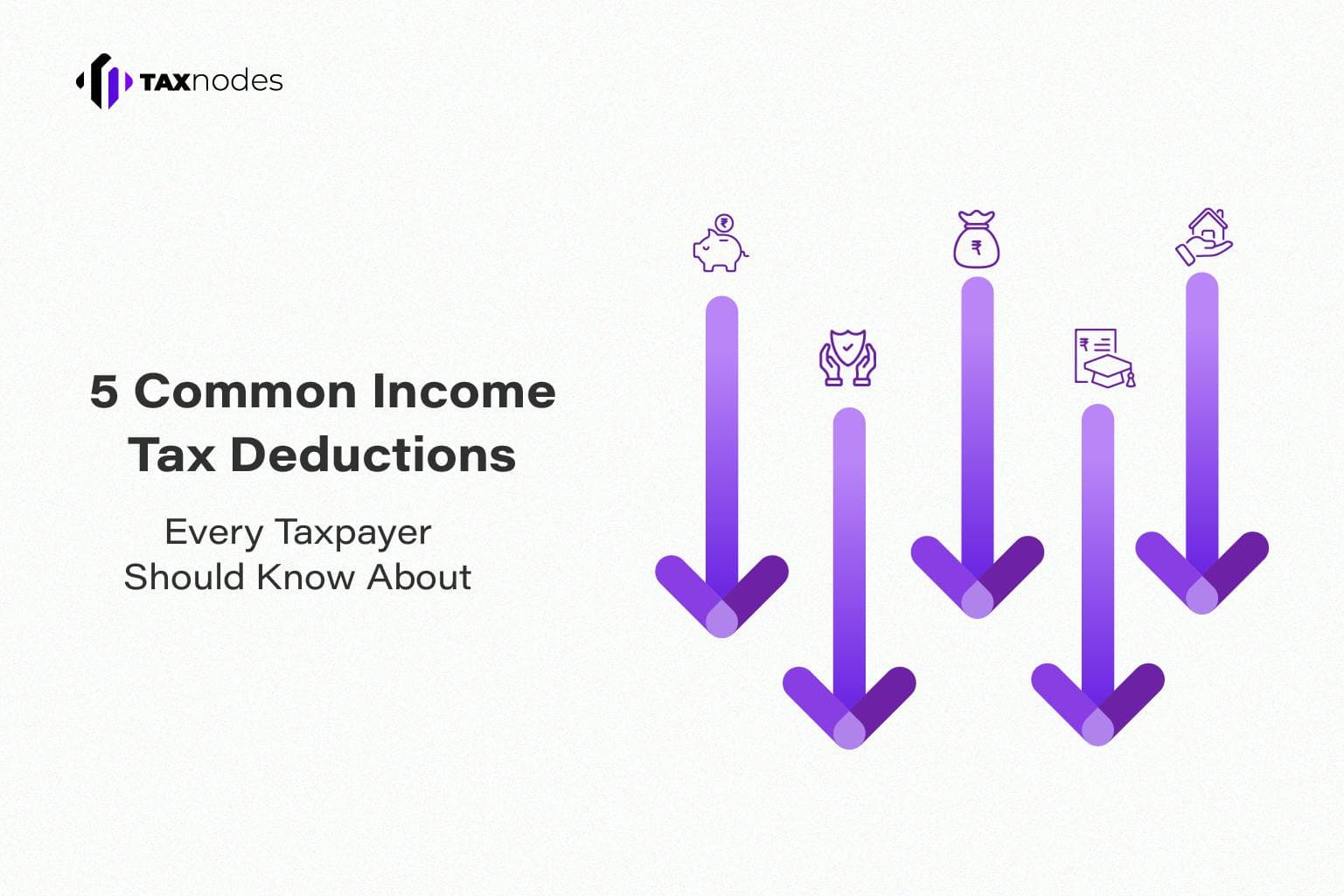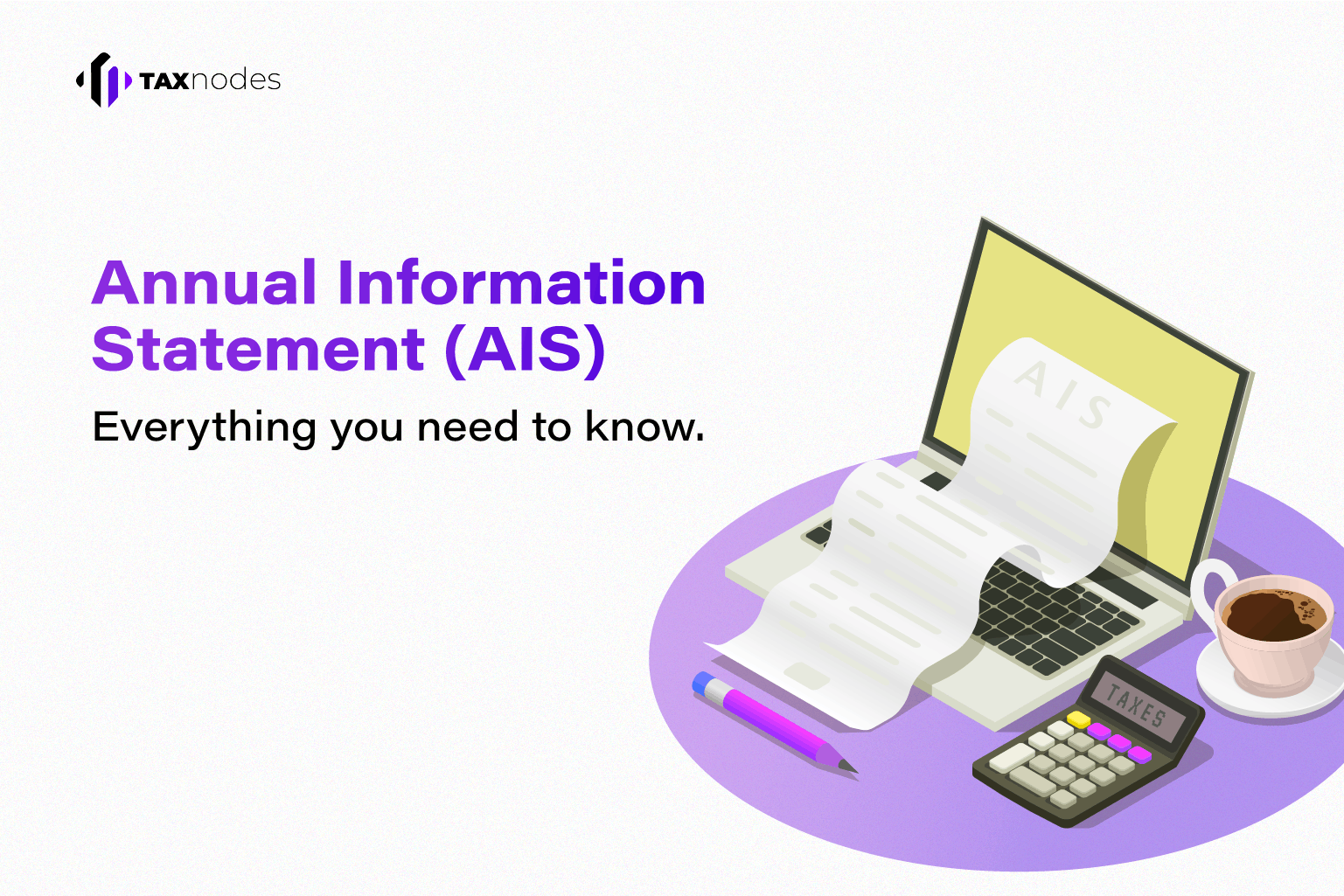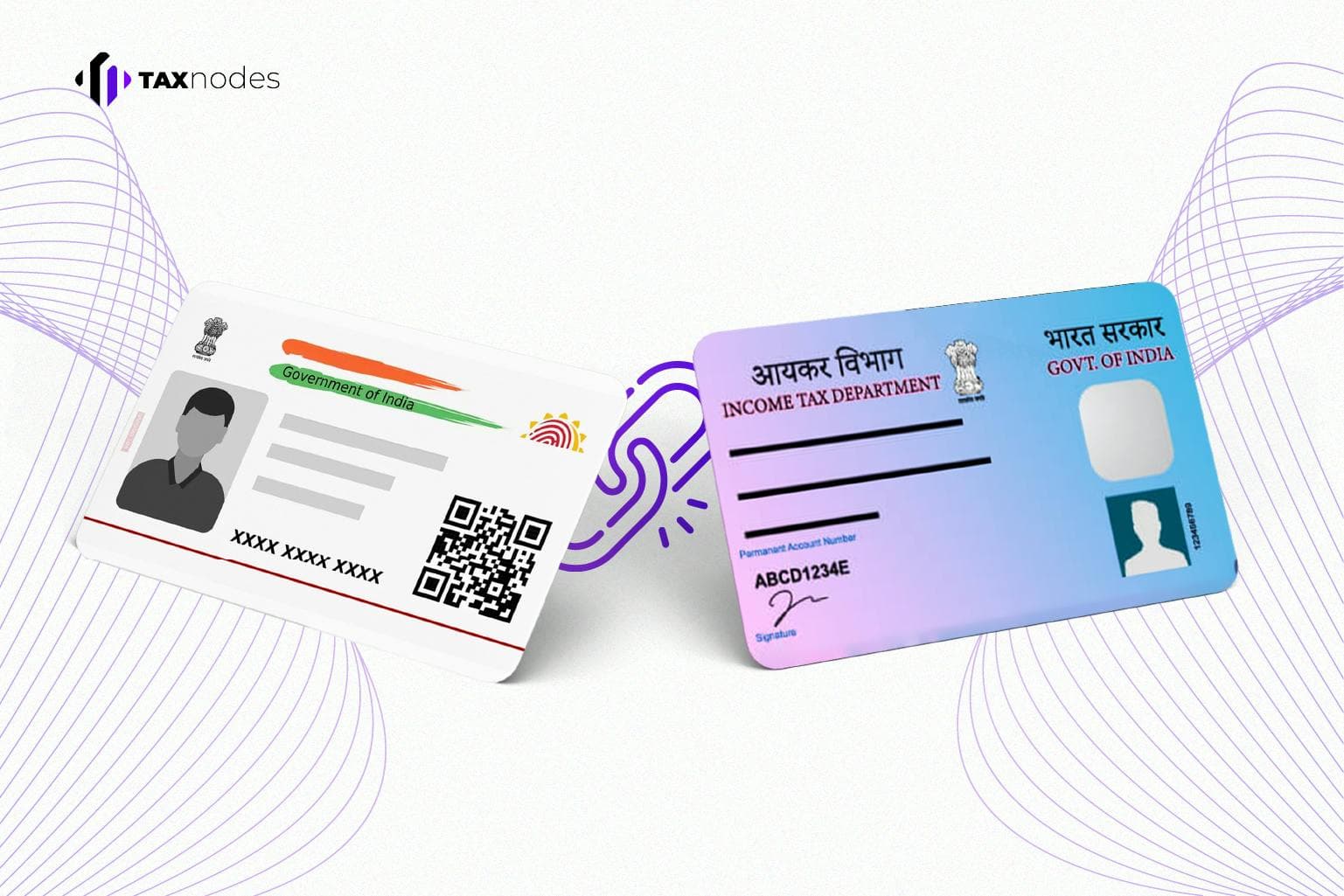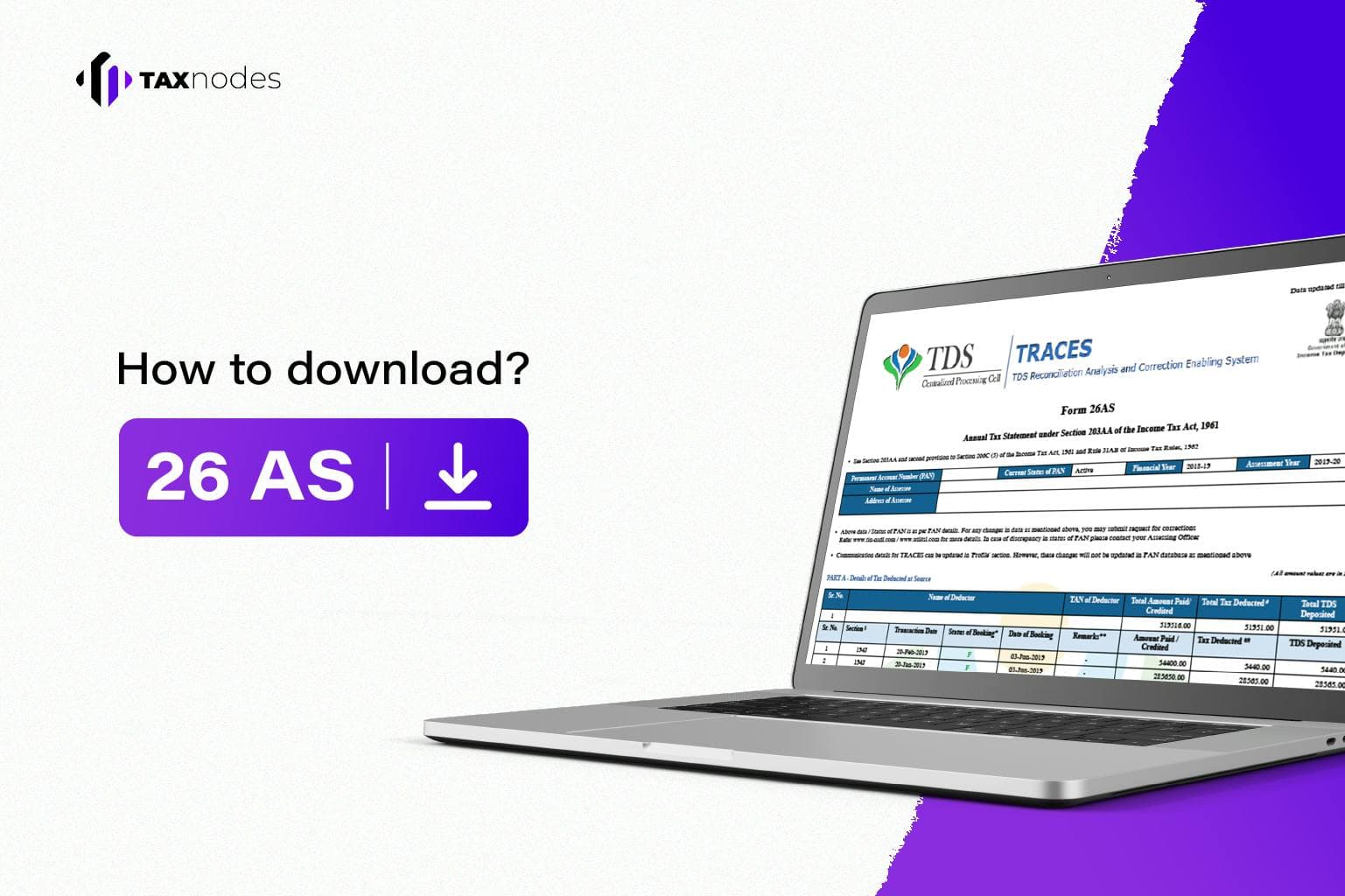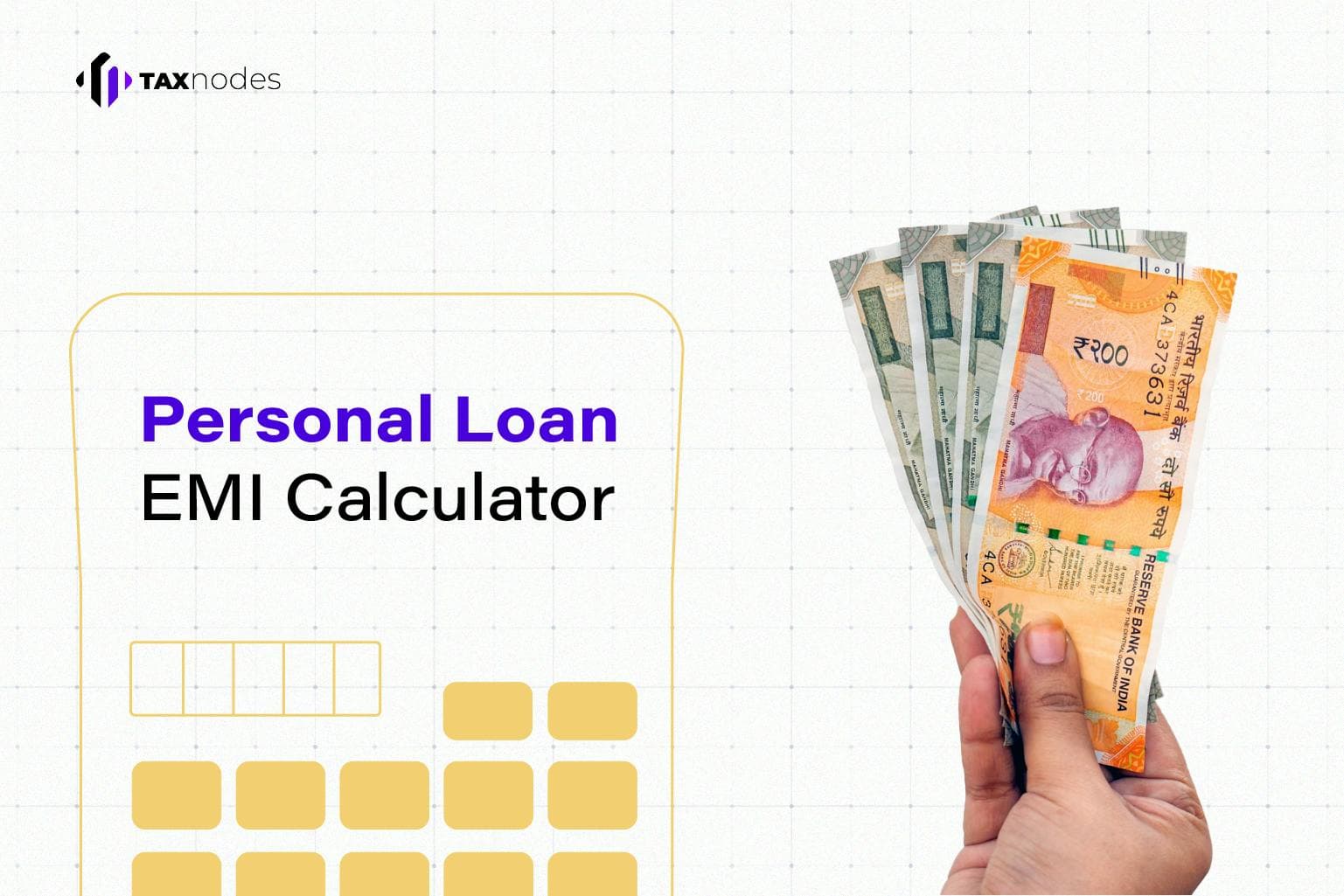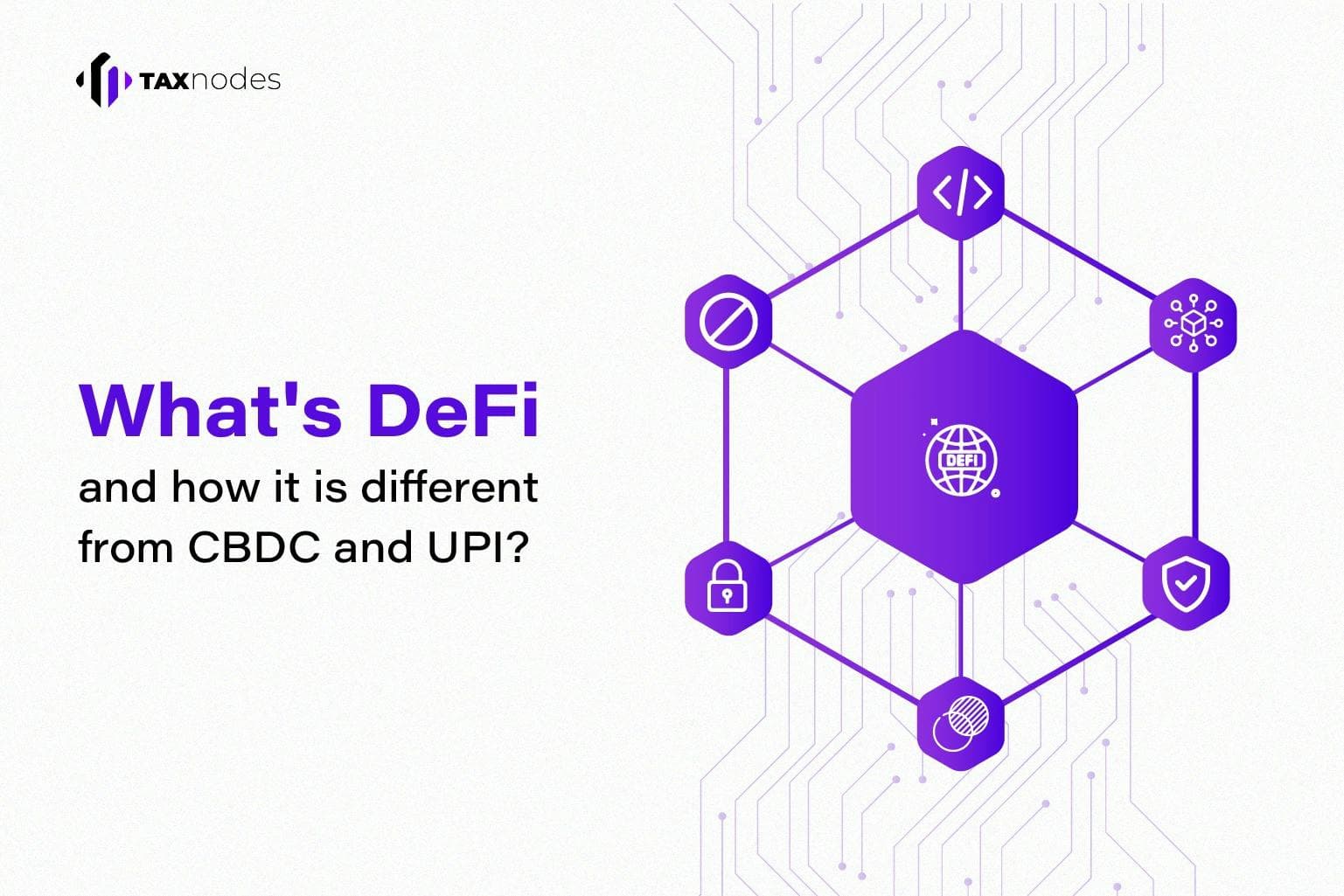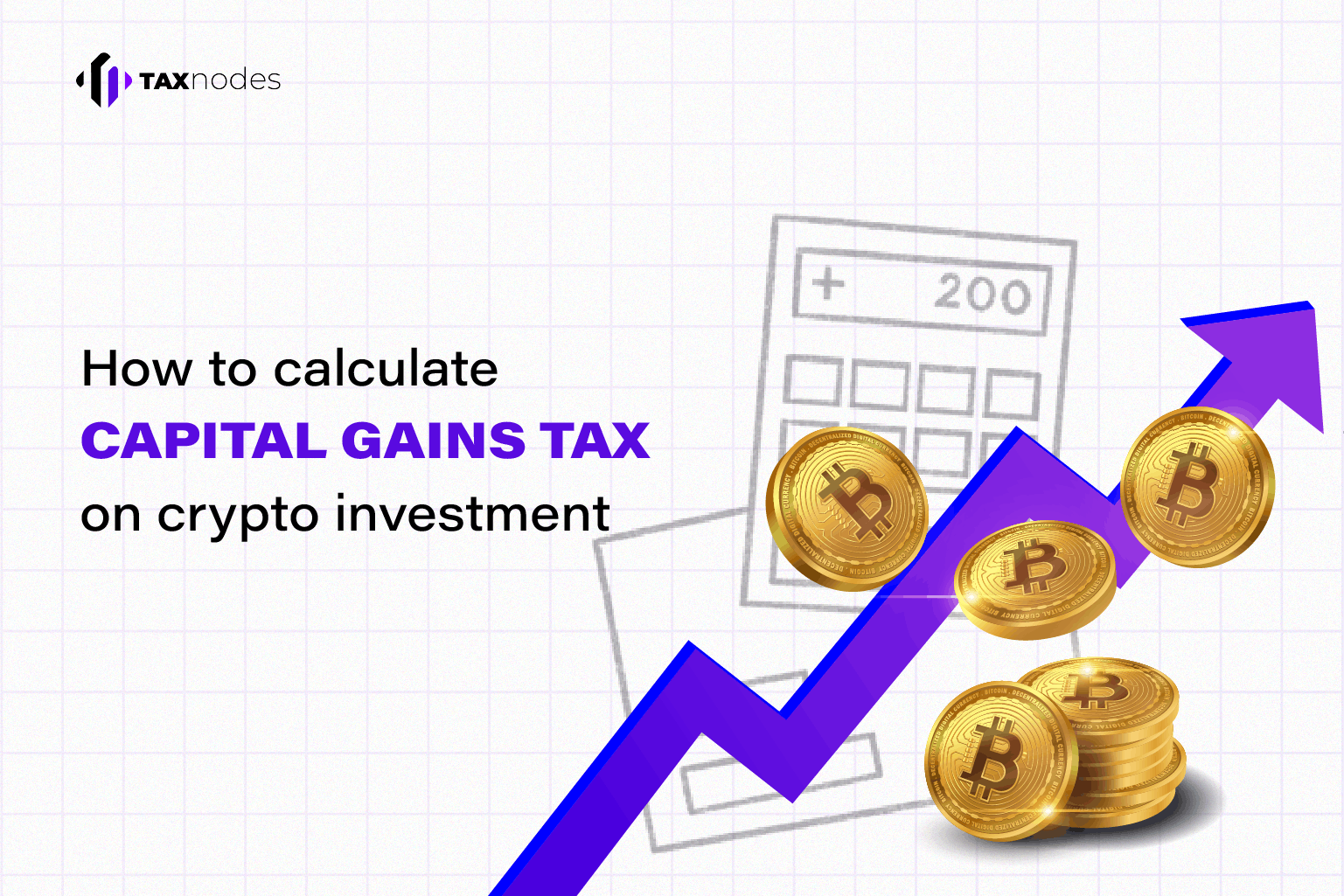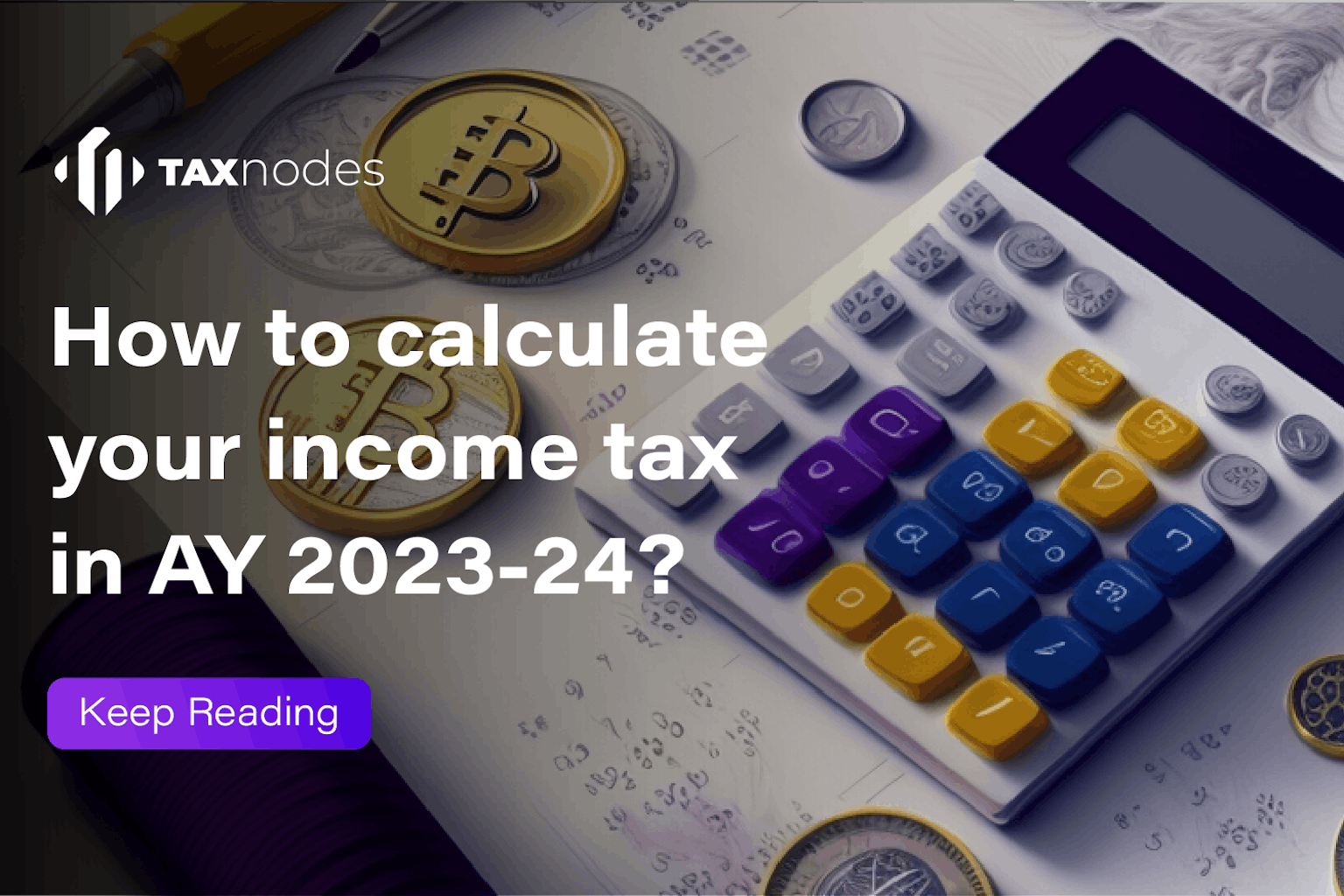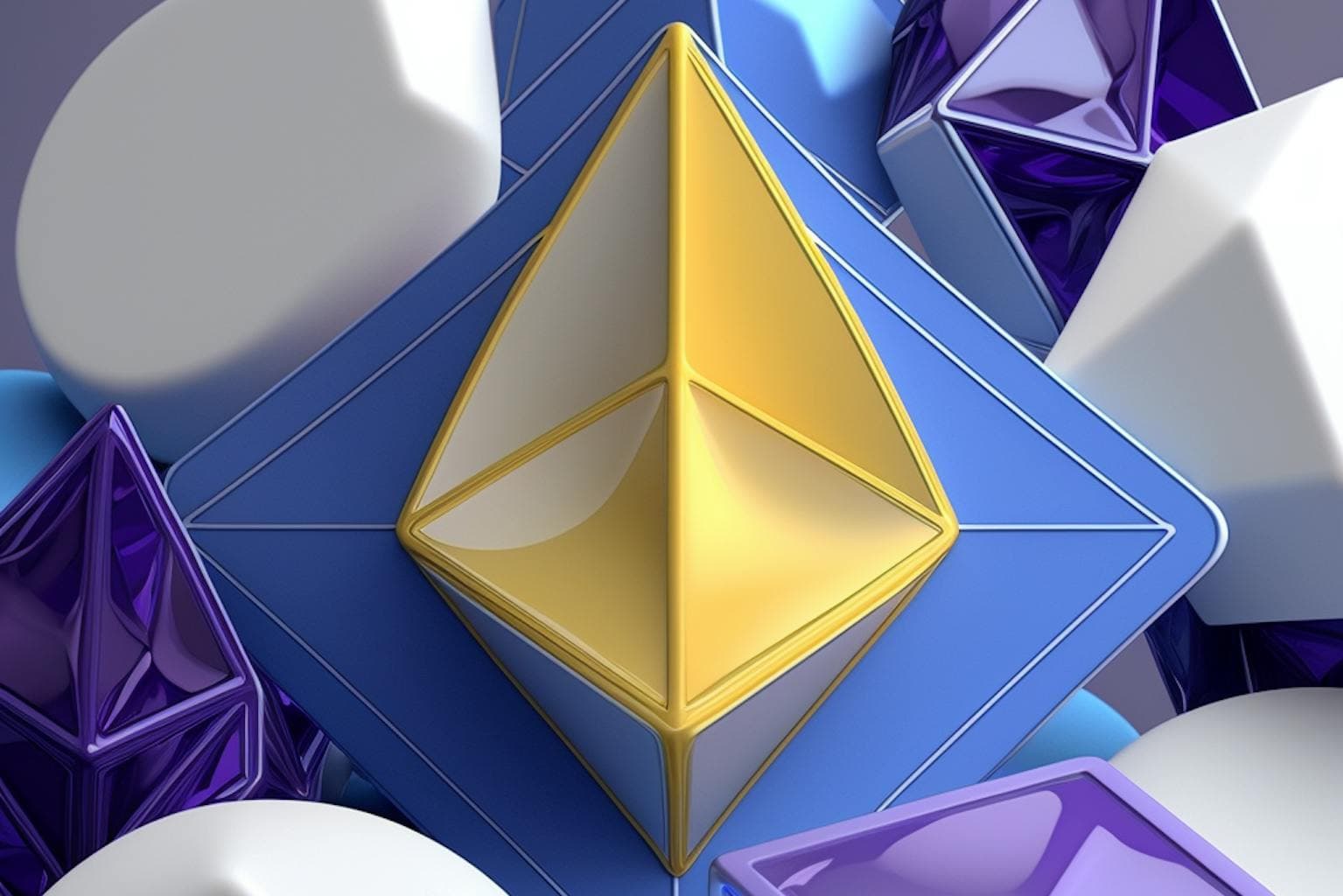
Smart contracts are based on decentralised technologies such as blockchain that auto executes as per the pre-determined conditions and are primarily used for business automation.
To put it in a simpler way, in the world of automation, no one wants to set a middleman to overlook the business contracts as the manual process takes more time to execute, is less transparent, and is less effective. On the other hand, smart contracts automatically execute the pre-determined conditions of the business contract through a set of codes that can’t be tampered with. For example, you are working as a freelancer and want your fees upon completion of a certain task from your client. Here, the smart contract will automate that process for you and release the money after validating the pre-determined conditions.
Understanding blockchain and tokens
A blockchain is a digital ledger that stores information in blocks in a distributed database. This information could be transaction records or fully-fledged programs.
The key difference between a typical database and a blockchain is that the blockchain collects information in groups i.e. blocks which have limited storage capacities and are linked with the previously filled block, forming a chain. Wherein, a typical database stores information in a table format and is managed centrally unlike the blockchain. The data structure of blockchain makes it secure due to its decentralized and irreversible nature.
Crypto tokens are digital assets that are built on a foreign blockchain. For eg., Non-fungible tokens (NFTs) are built on Ethereum’s blockchain. As tokens allow developers to create a cryptocurrency without the need to build a blockchain separately for their cryptocurrency, it makes the process much faster, simpler, and less expensive. For eg., Tether (USDT) is a popular crypto token which does not have its own blockchain and is built on Ethereum’s blockchain.
How does a smart contract work
Smart contracts encode the pre-determined business logic to execute the contract and the smart contract code run atop an open blockchain ledger that applies rules to all the business parties associated with the contract.
To activate the smart contract, the associated parties can define the rules and lock that in the contract. Once written, neither the developer nor the user can alter the conditions of the contract.
While blockchains may be decentralized across dozens or thousands of nodes, smart contracts can not. They run on a single node. The blockchain nodes (servers) have no visibility into how a particular smart contract works; any consortium of companies that are a
part of a blockchain network must rely on one oracle for the information being fed into the smart contract.
Benefits of Smart Contracts
● Efficient: Smart contracts are highly accurate, fast, and efficient.
● Security: Smart contracts are encrypted and highly secured in the blockchain network.
● Encryption: As encrypted transaction logs are exchanged among participants, it possesses utmost transparency.
● Cost-effective: It is cost-effective compared to a middleman.
Limitations of Smart Contracts
Though smart contracts are modern and efficient, it still lacks some important features such as -
● Accessibility issue: Smart contracts can’t access real-time events as they can’t send HTTP queries.
● Bugs issue: If it gets affected by a bug, it can lead to a total mess.
● Amendment issue: As the smart contracts can’t be changed once written, they can’t amend the necessary changes of the contract if arises.
Use Cases
Smart contracts are in the nascent stage and the use cases are broadening with each passing day. Here are a few examples of where smart contracts are currently applied and can disrupt the sector in near future:-
Banking and Financial Services Contracts - Smart contracts have found their applications in the banking and financial sector that are used for international trading and payments, liability management, and stock splits.
Digital Identity - This blockchain technology is immensely beneficial to verify the digital identity of users in both banking and non-banking sectors where Know-Your-Customer (KYC) is required. Smart contracts make the process frictionless.
Government - Disbursement of funds through various government schemes could be more efficient and transparent through the help of blockchain-backed smart contracts.
Insurance - Some of the insurance companies have already adopted smart contracts to automate the claim verification process which is disrupting the sector due to its fast and efficient nature.
Real estate - Buying and selling real estate is usually a tedious process. Through blockchain contracts, buyers and sellers can save millions by omitting the middleman. Also, it can help prevent fraud associated with property transactions.
Conclusion
The development of the blockchain and its use cases in a little over a decade has changed many definitions in the tech industry.
Due to increased efficiency, reduced time to task accomplishment and cost-effectiveness, the next couple of years will see smart contracts rule several industries including BFSI, international logistics, real estate, and others.
